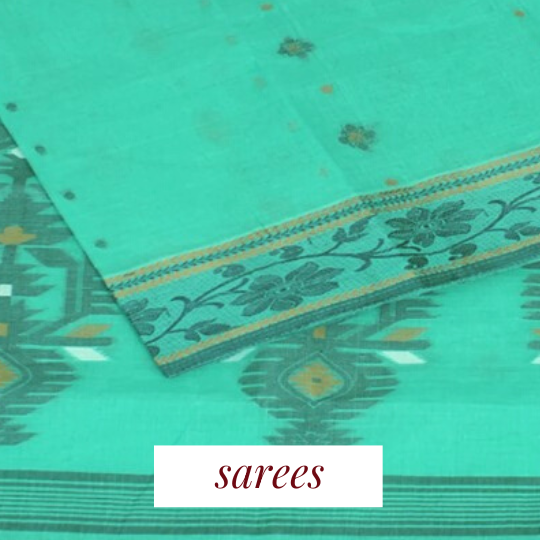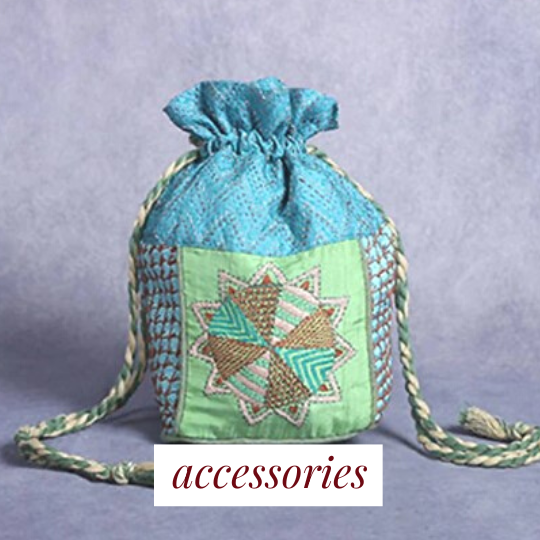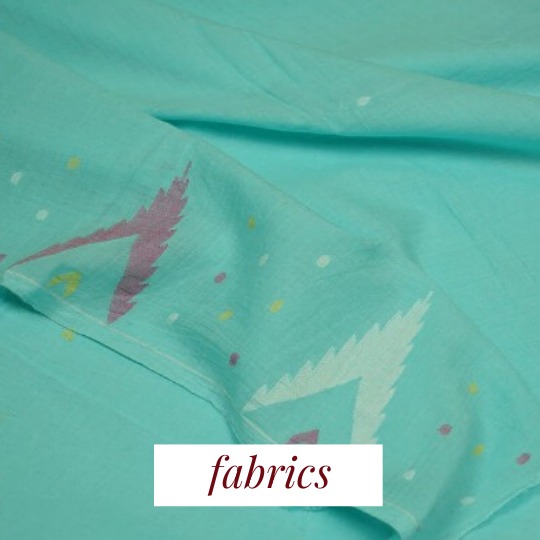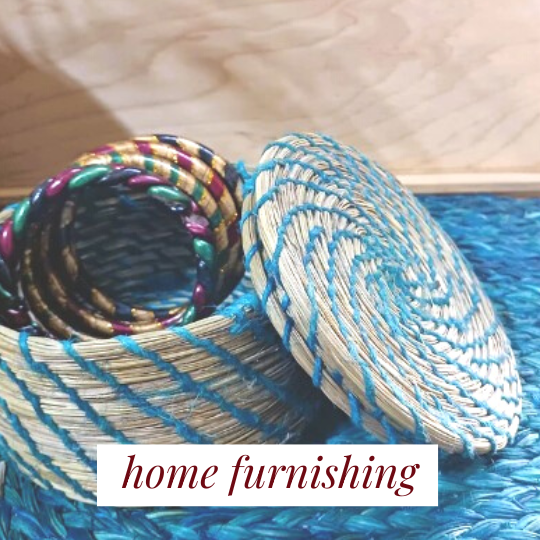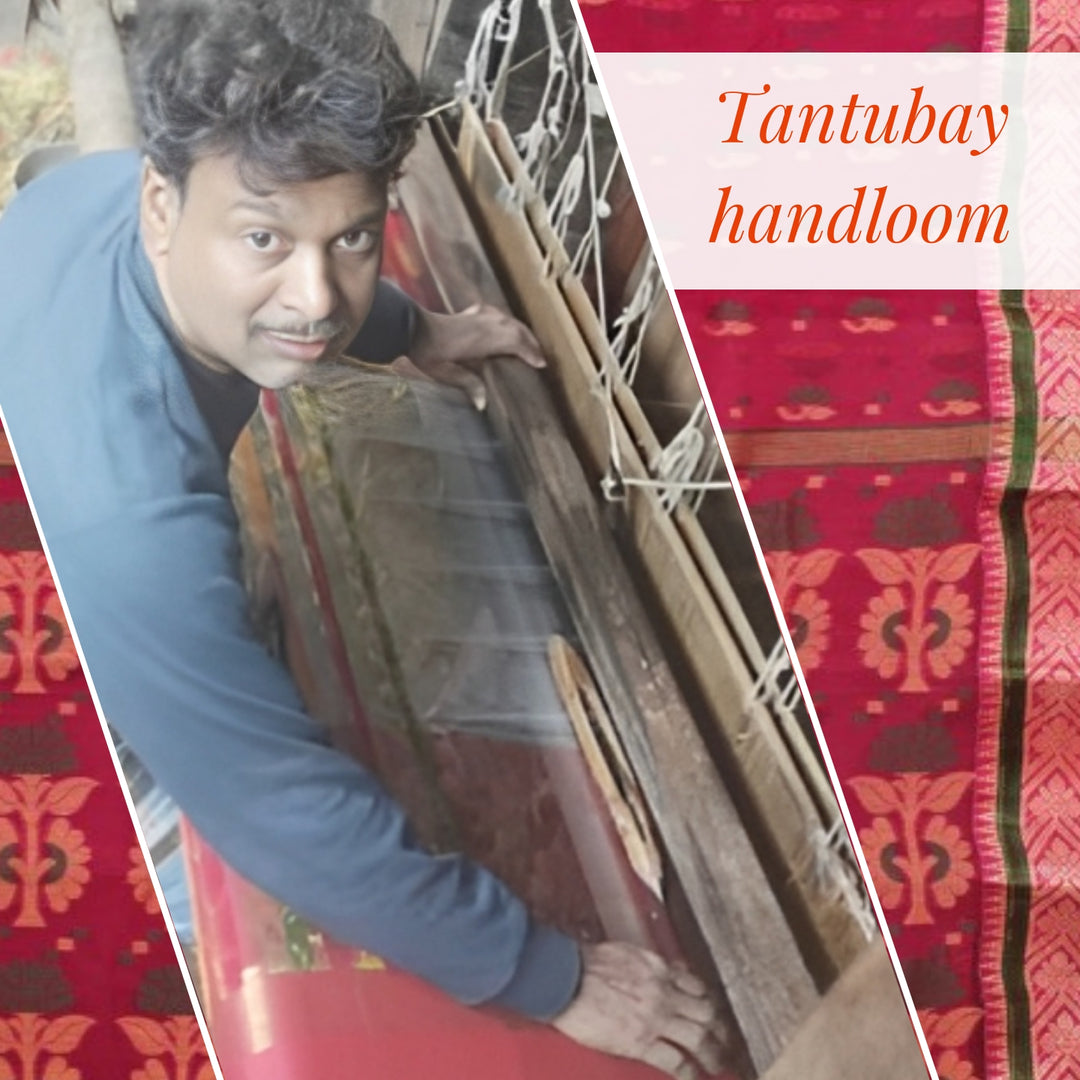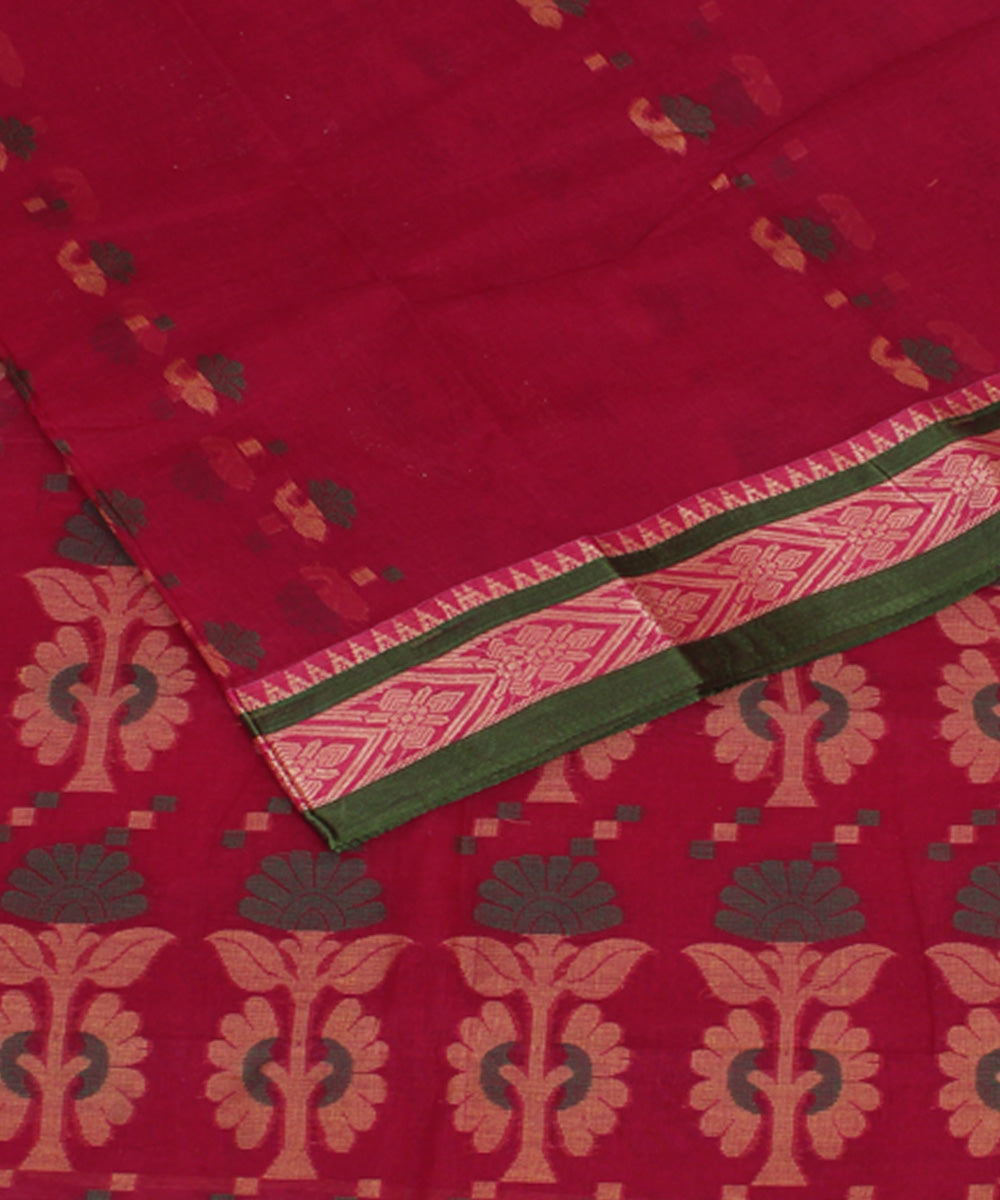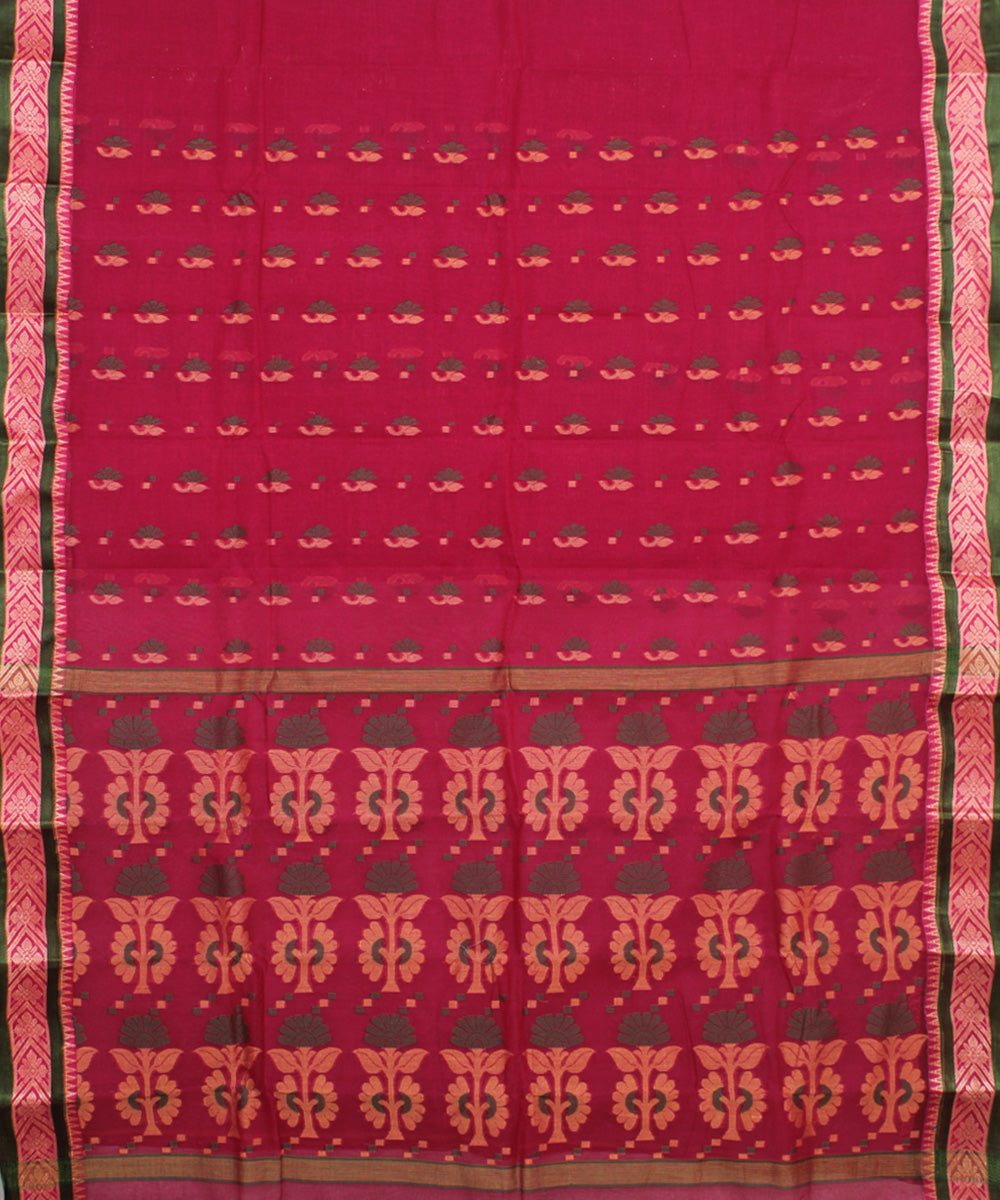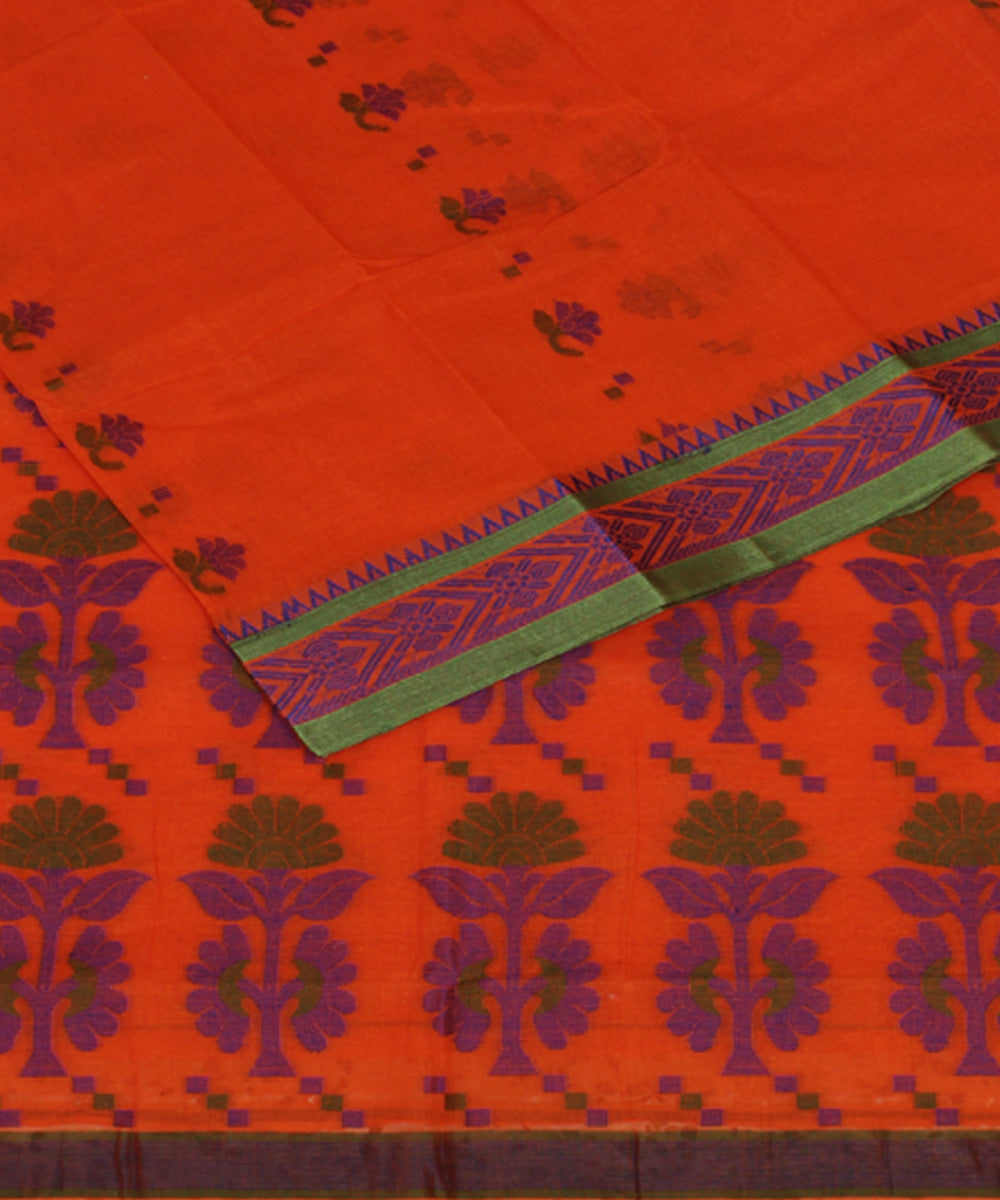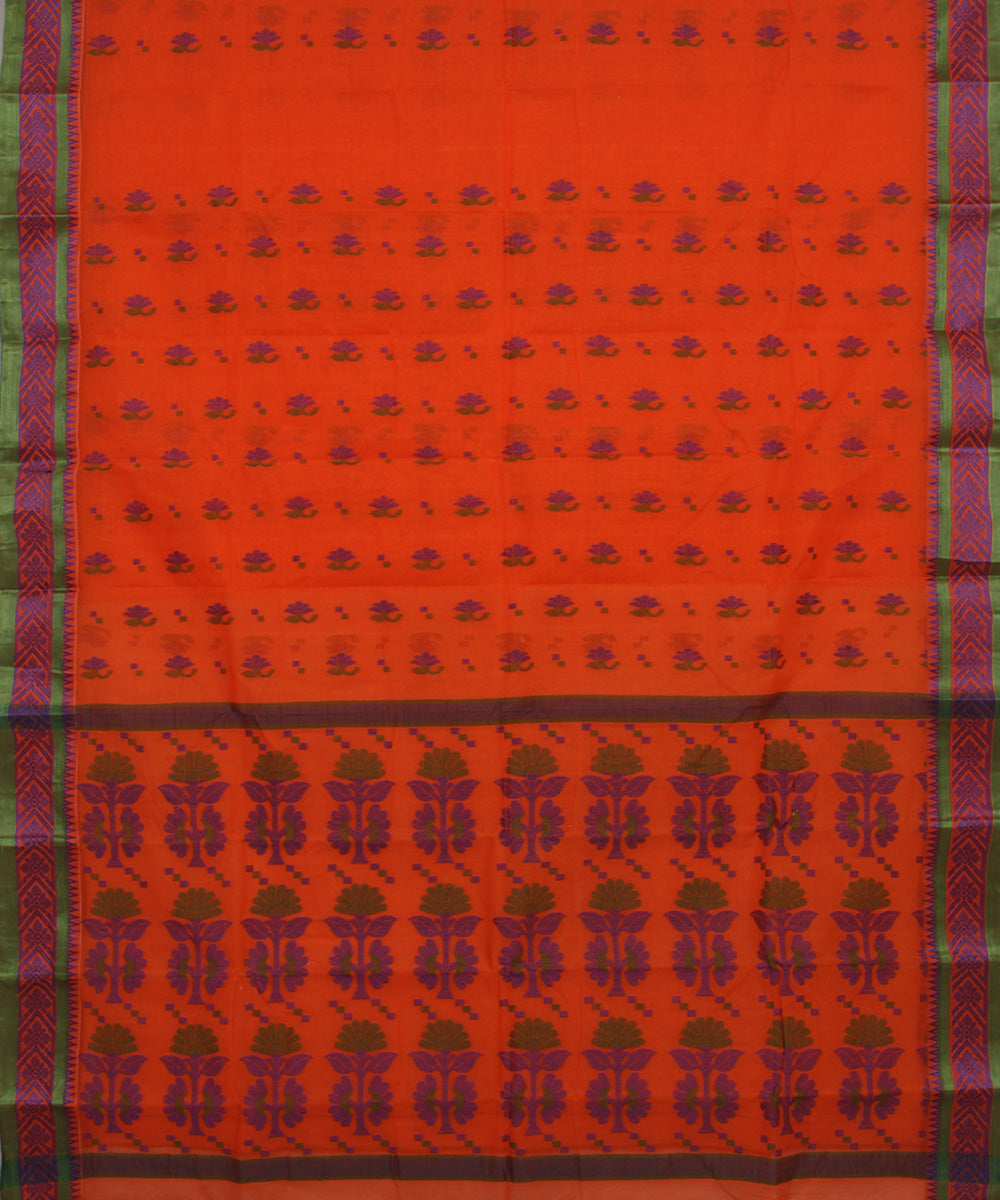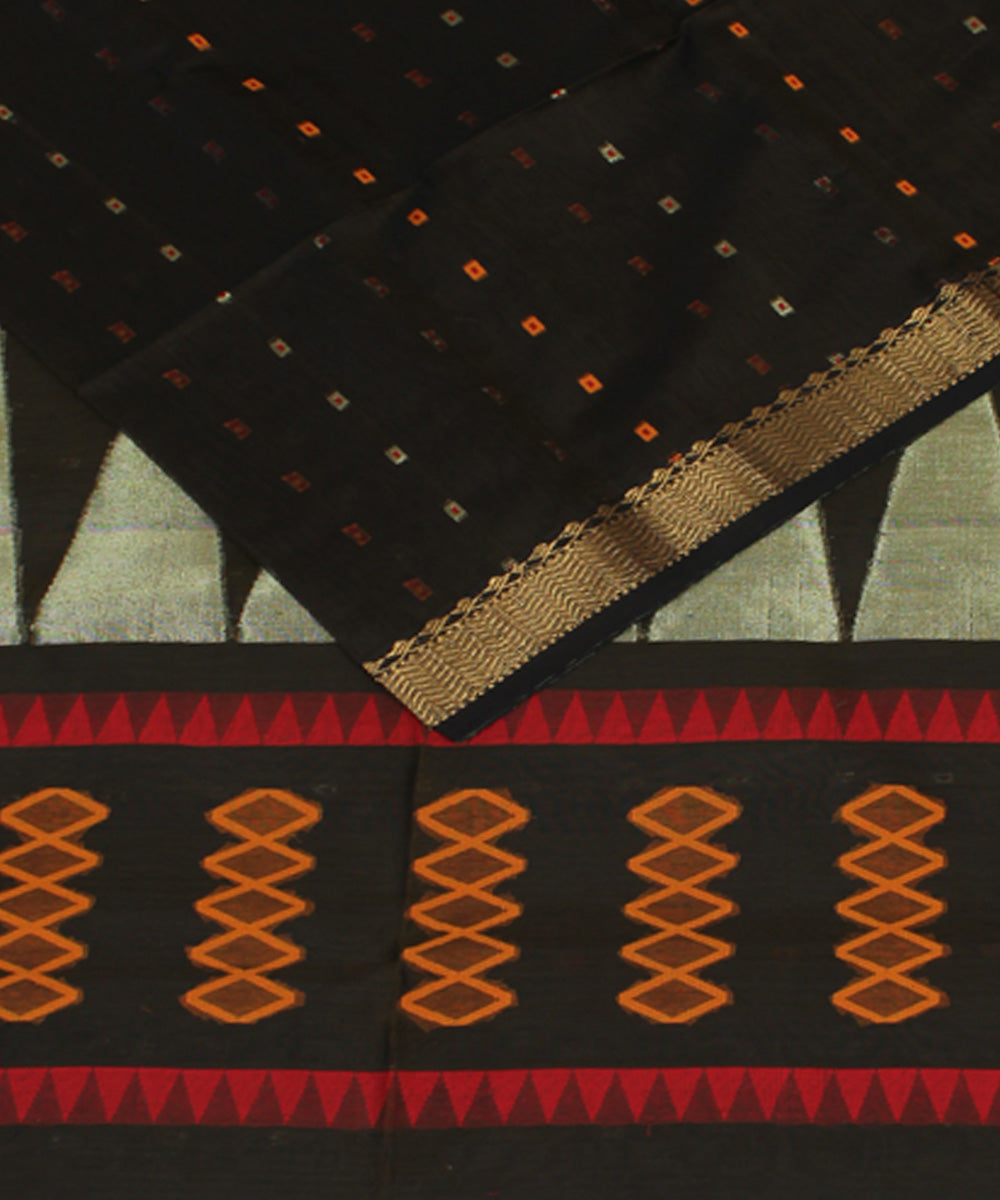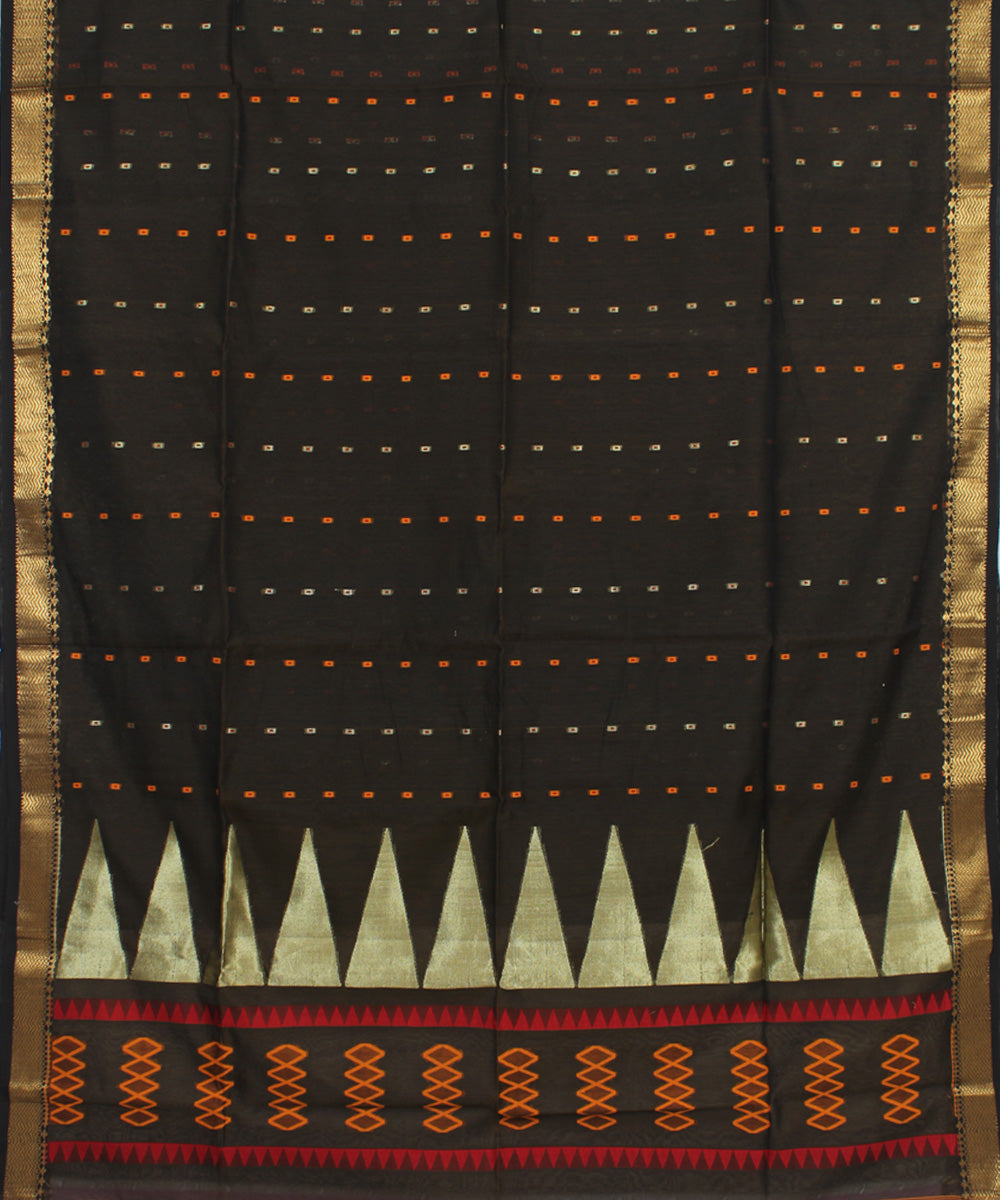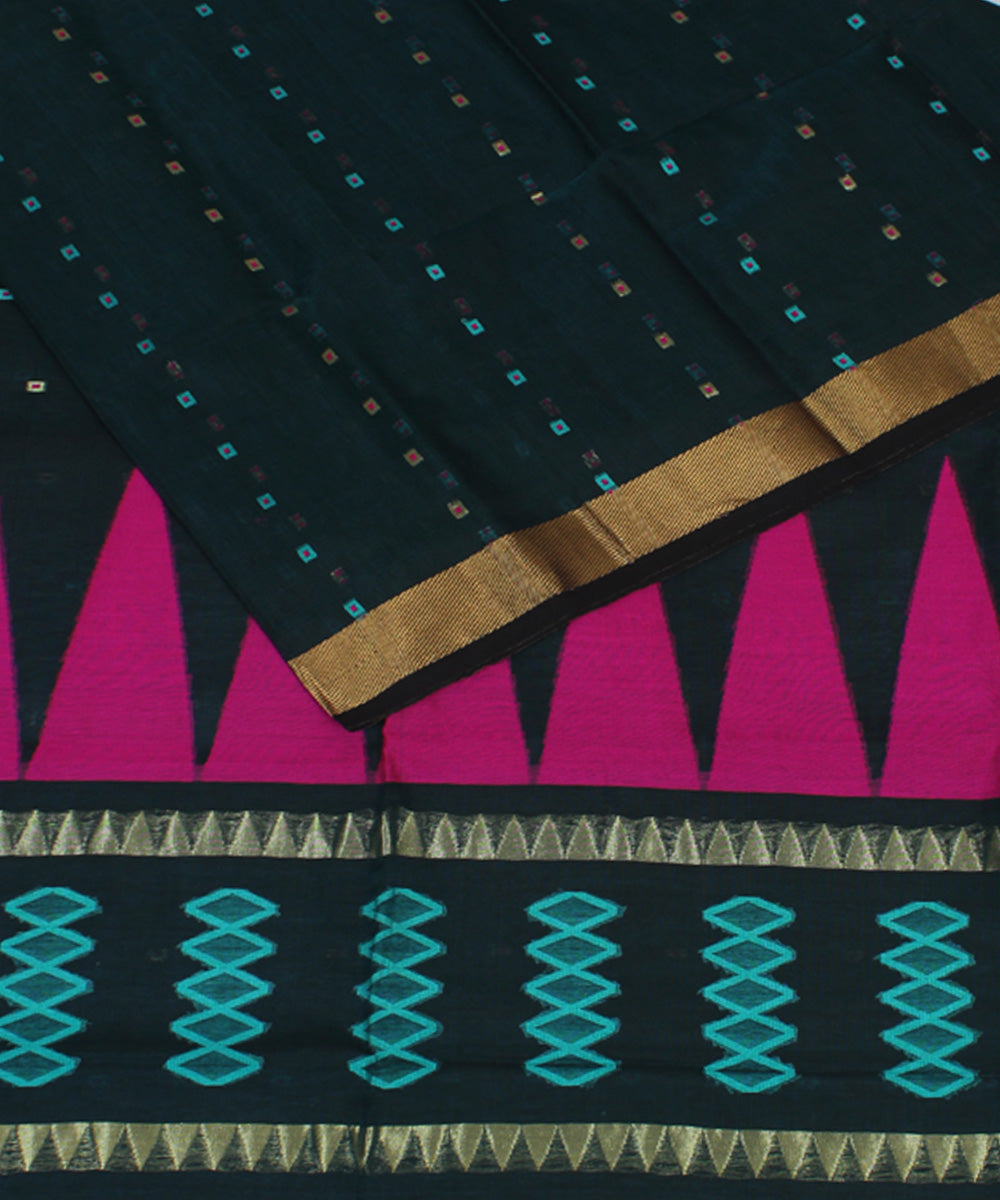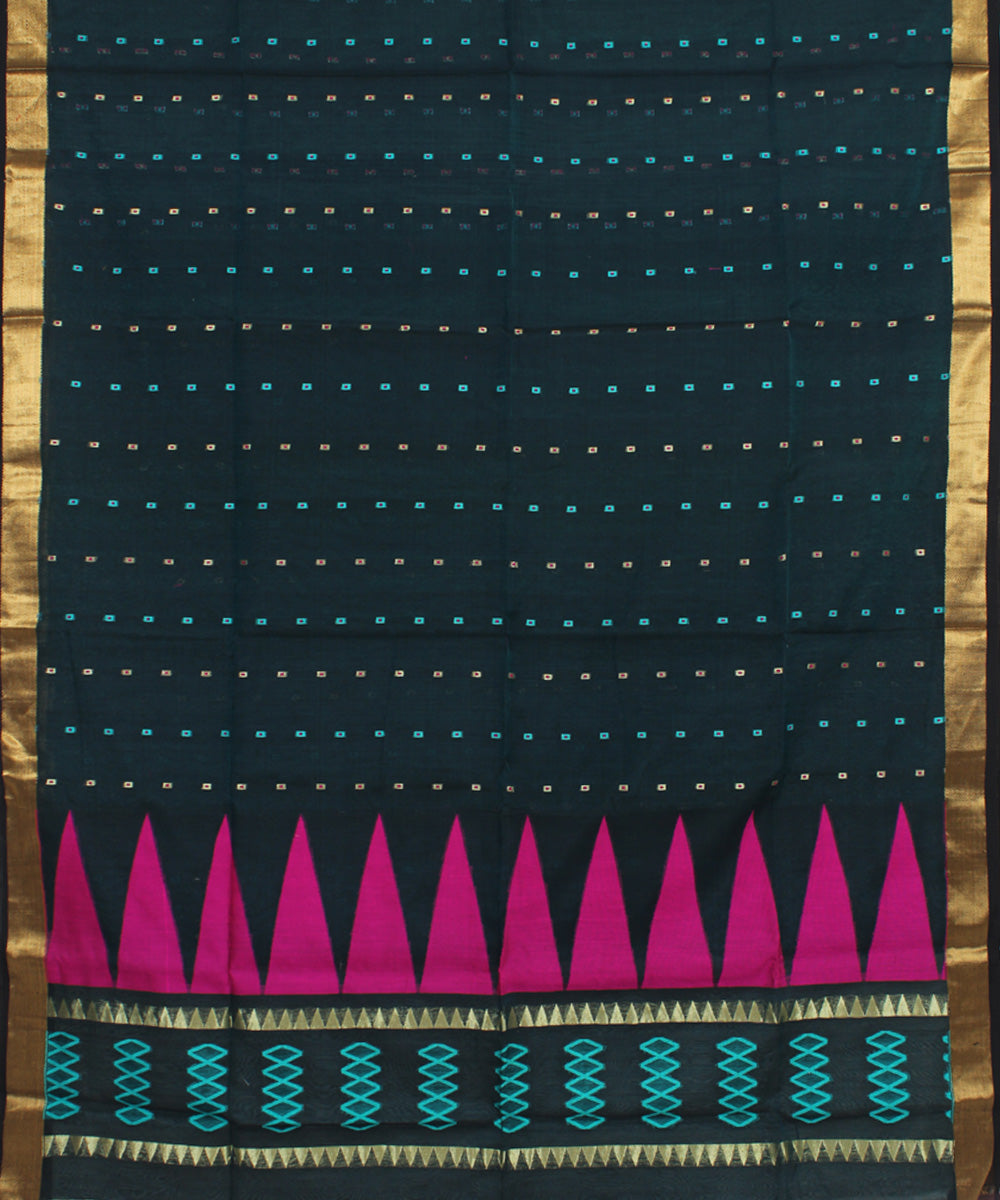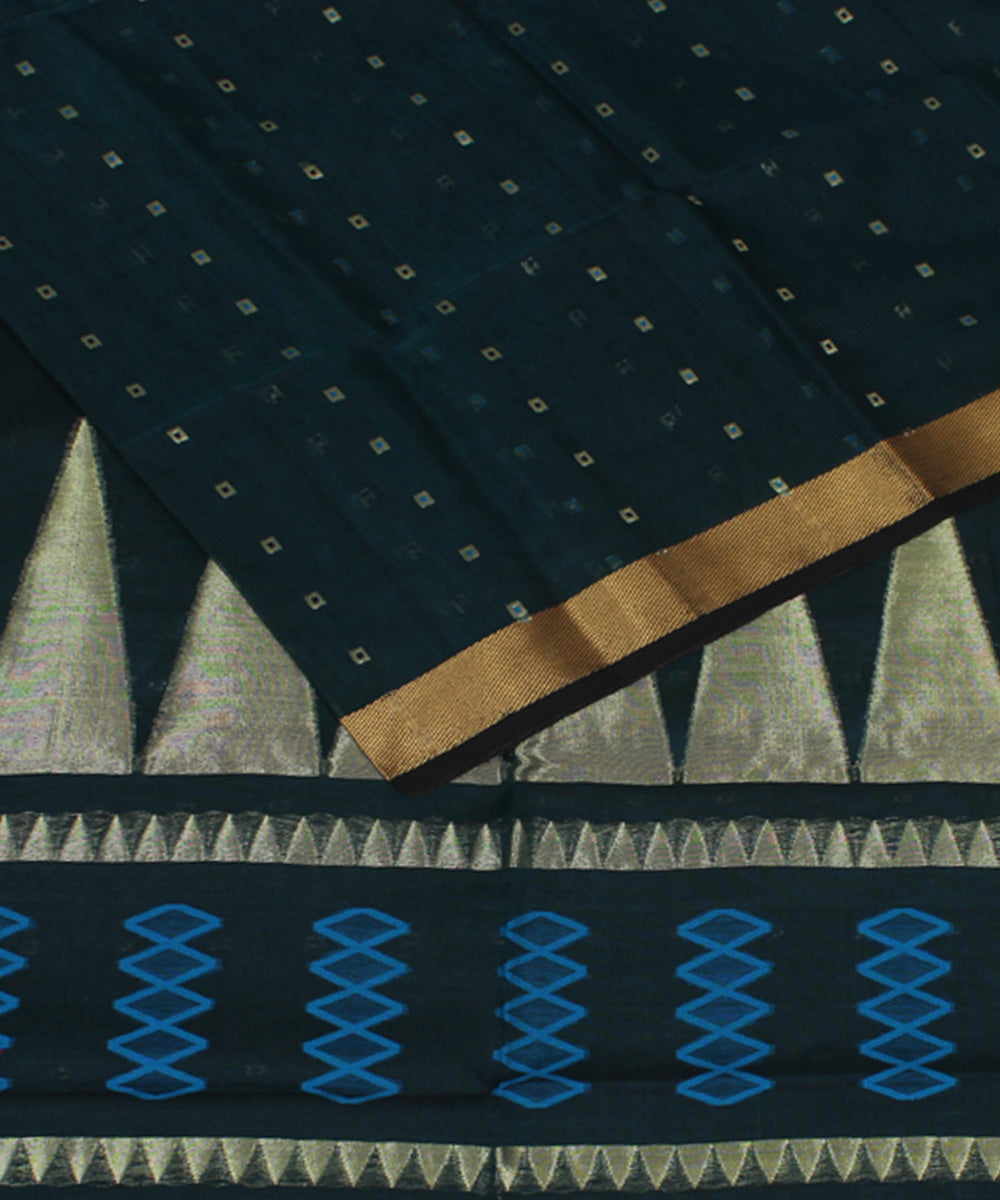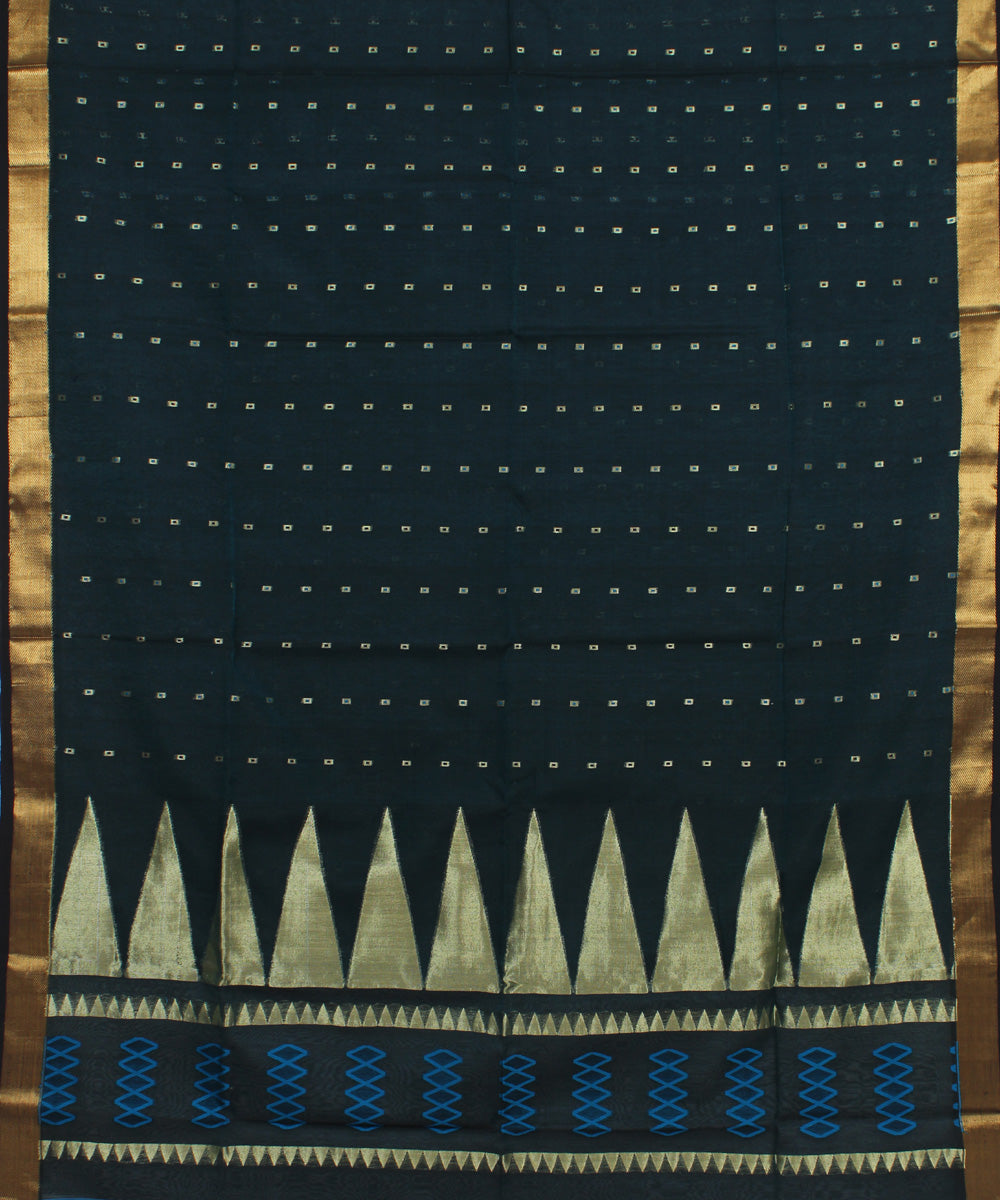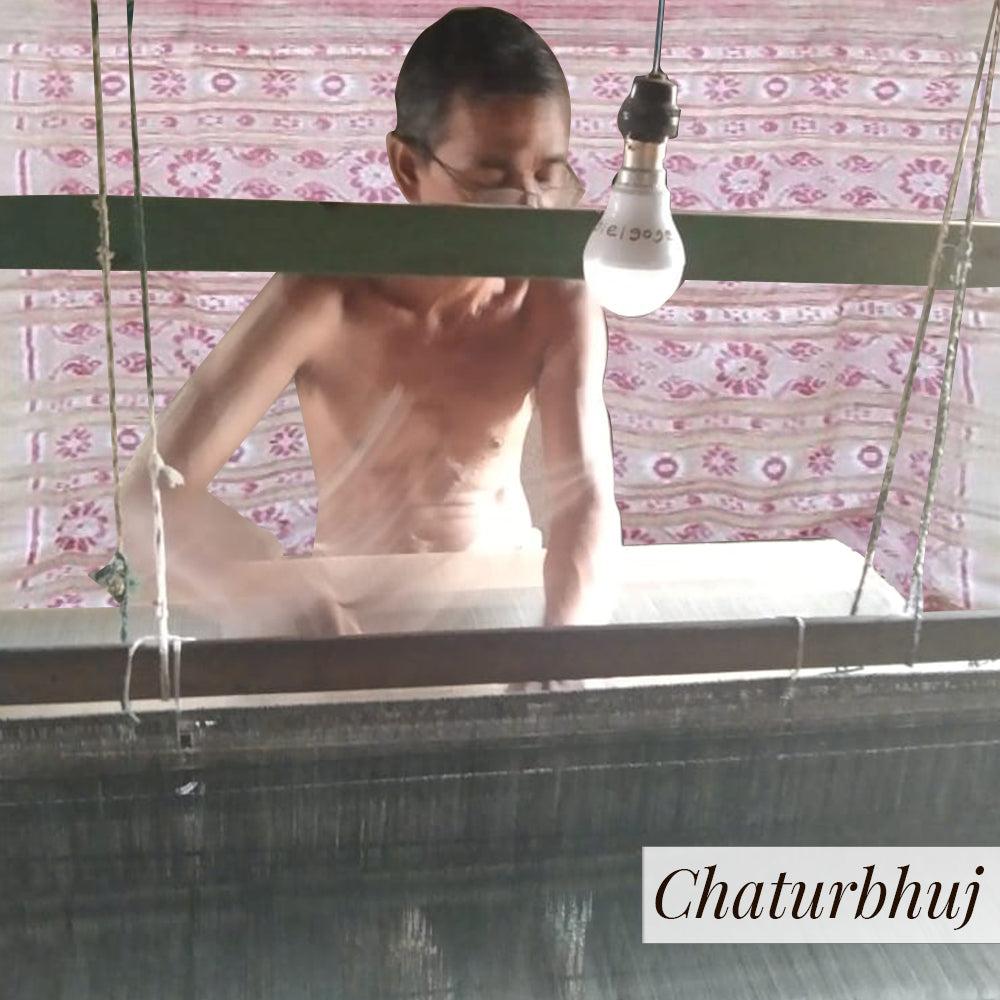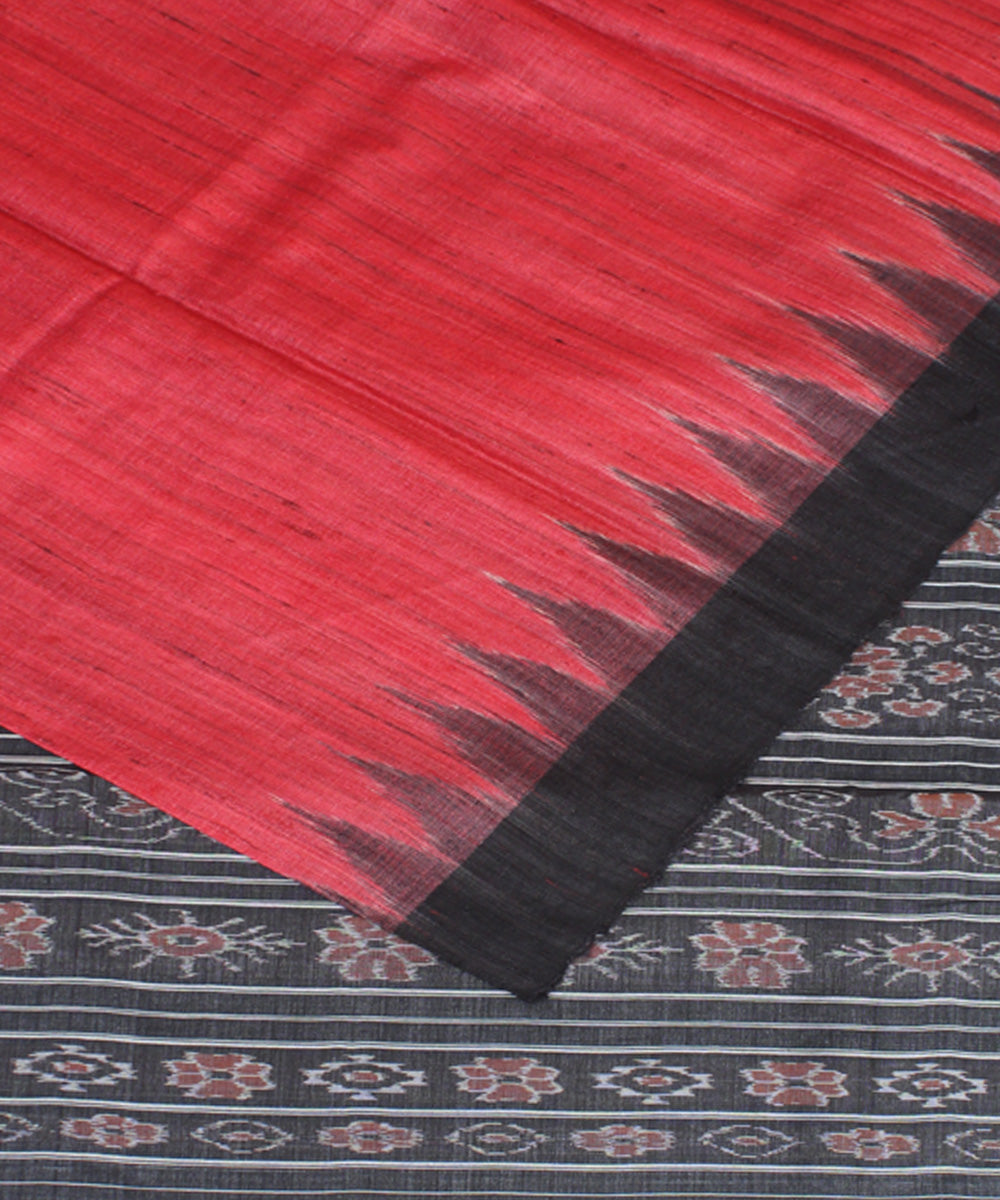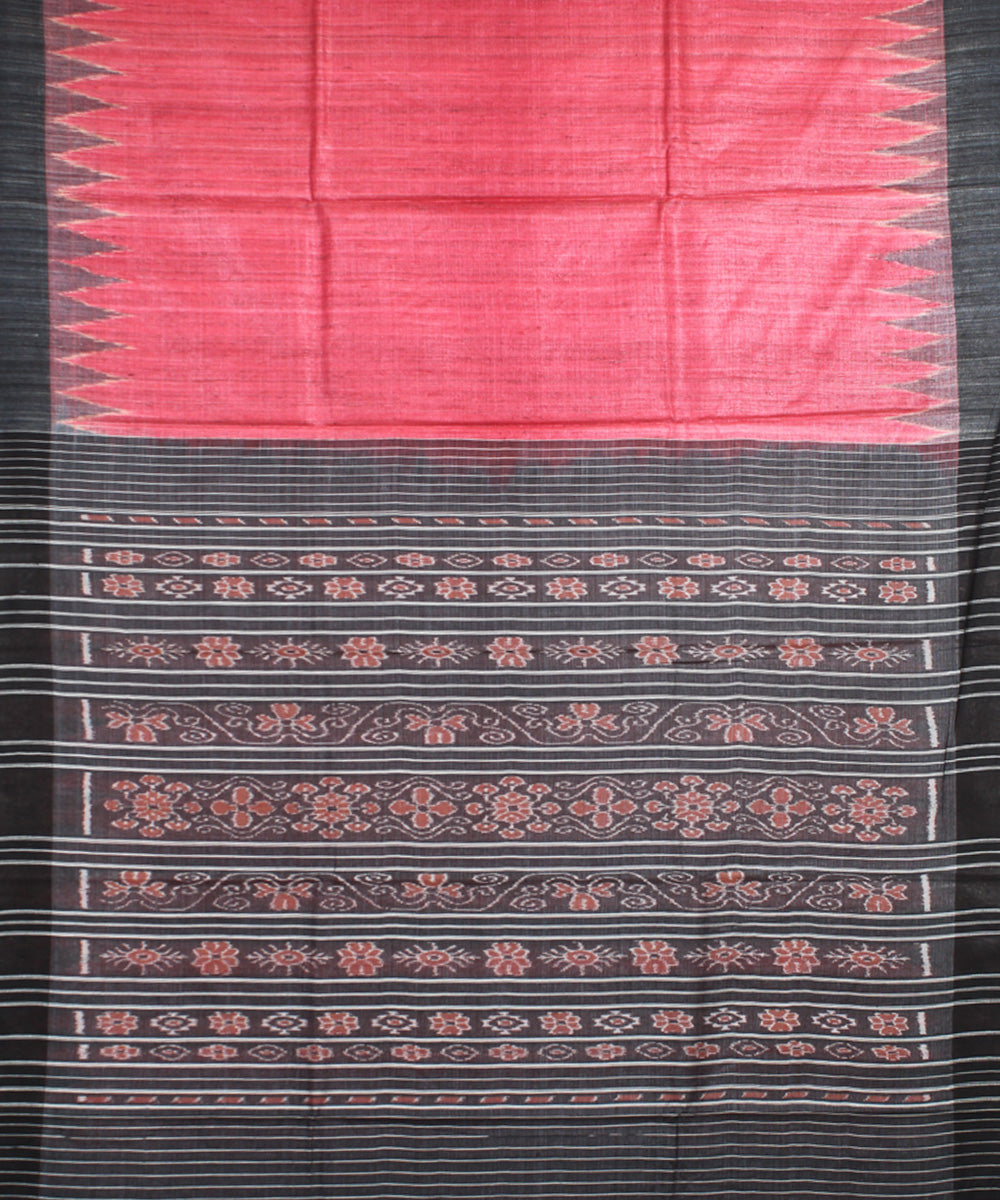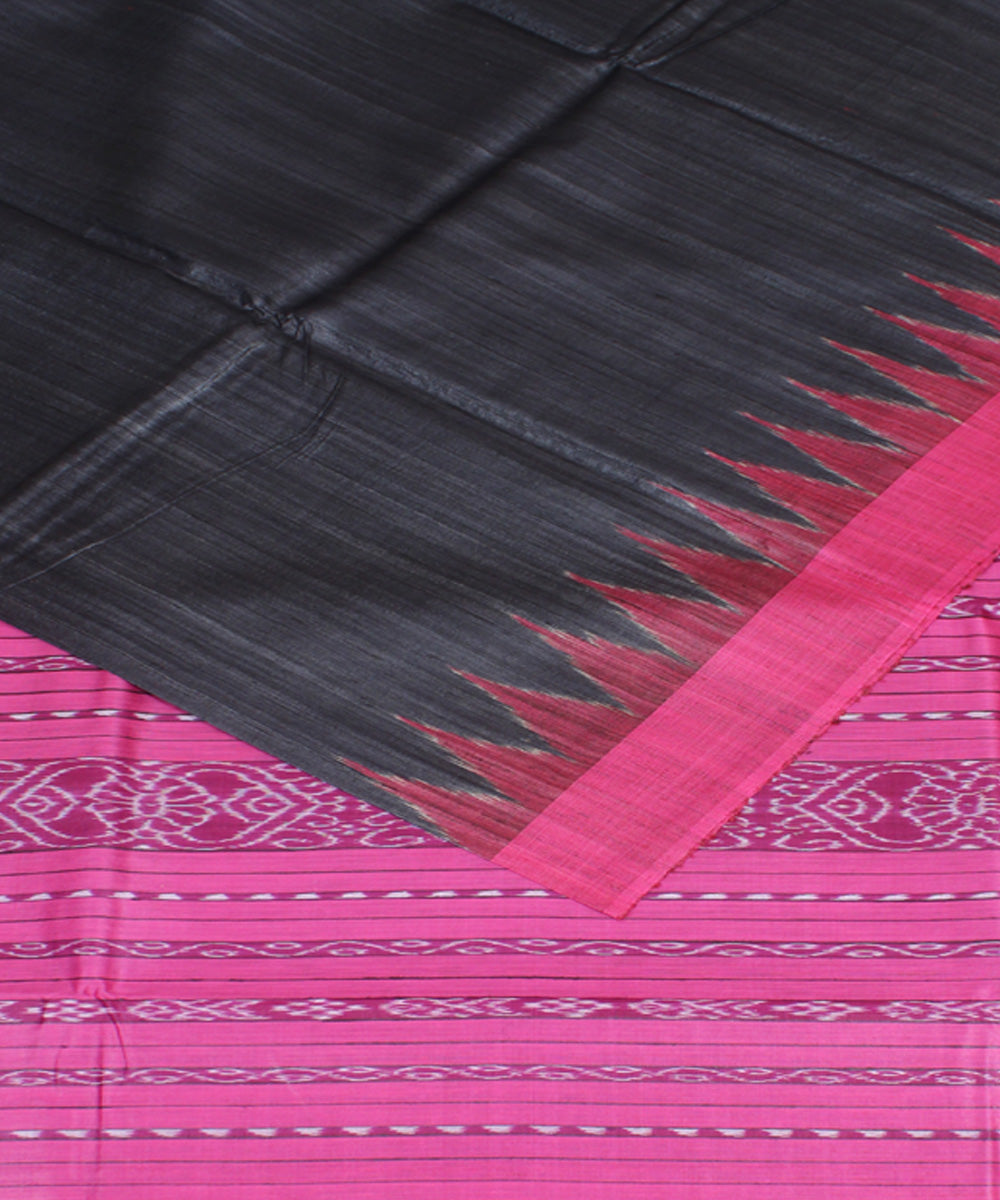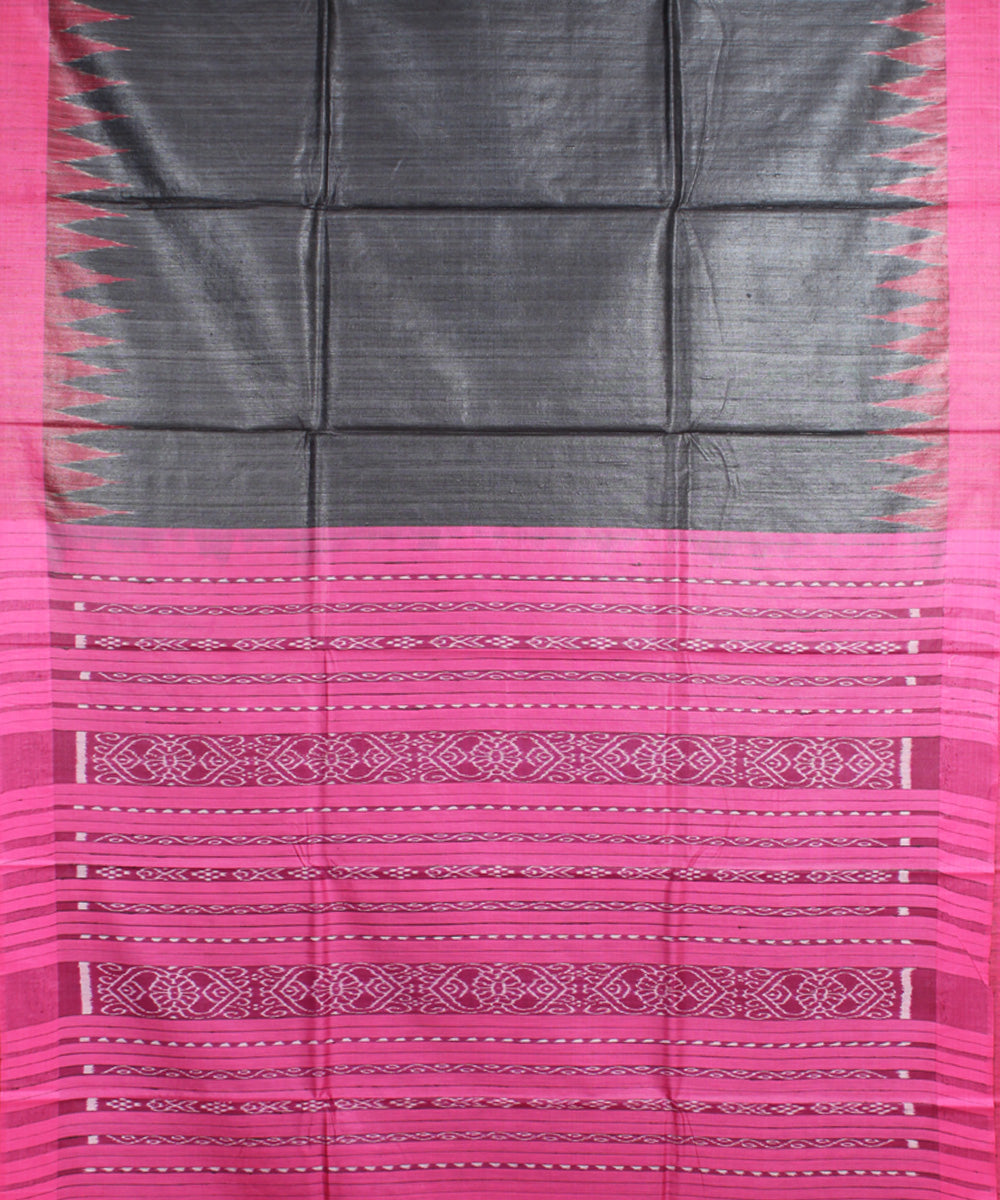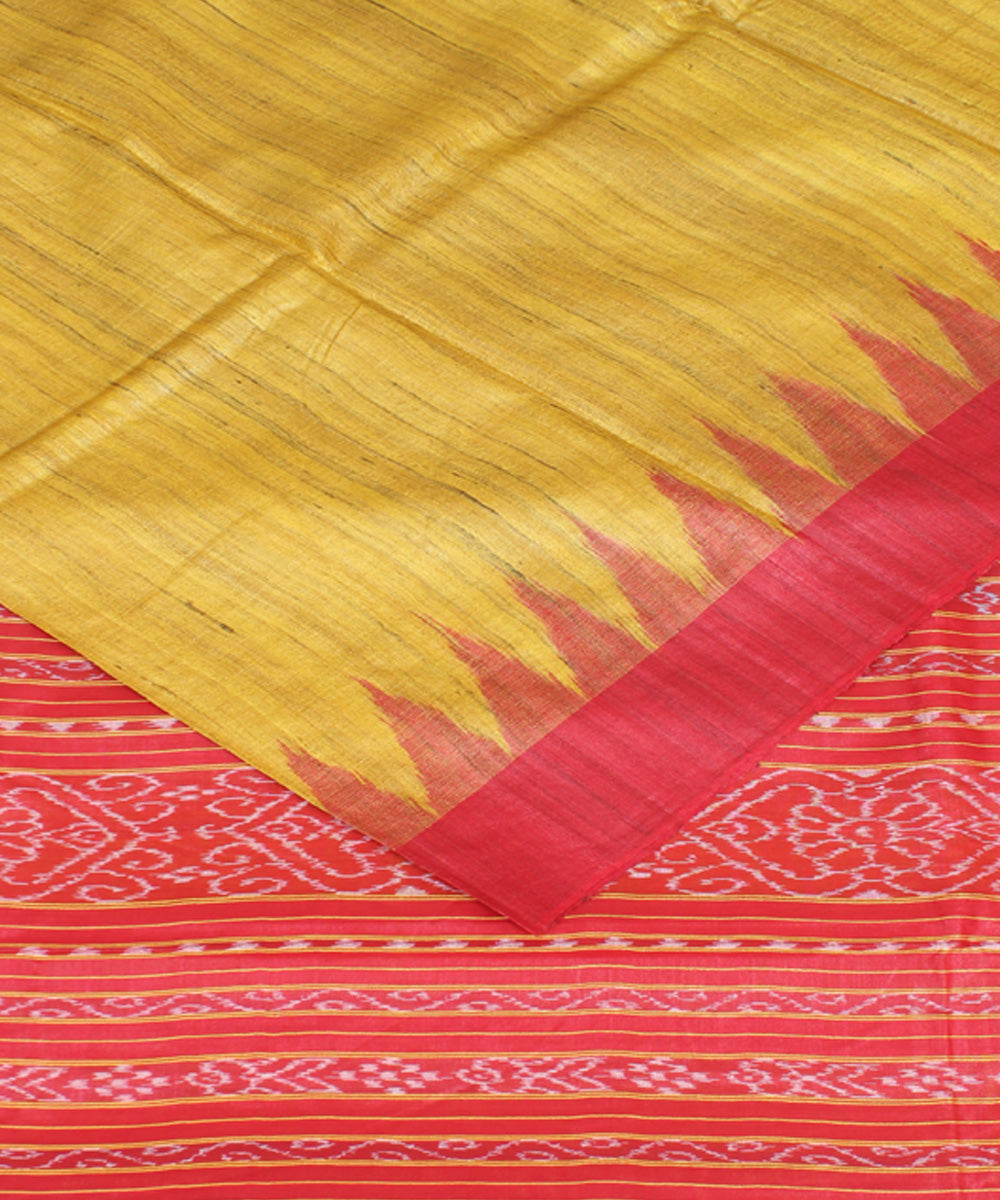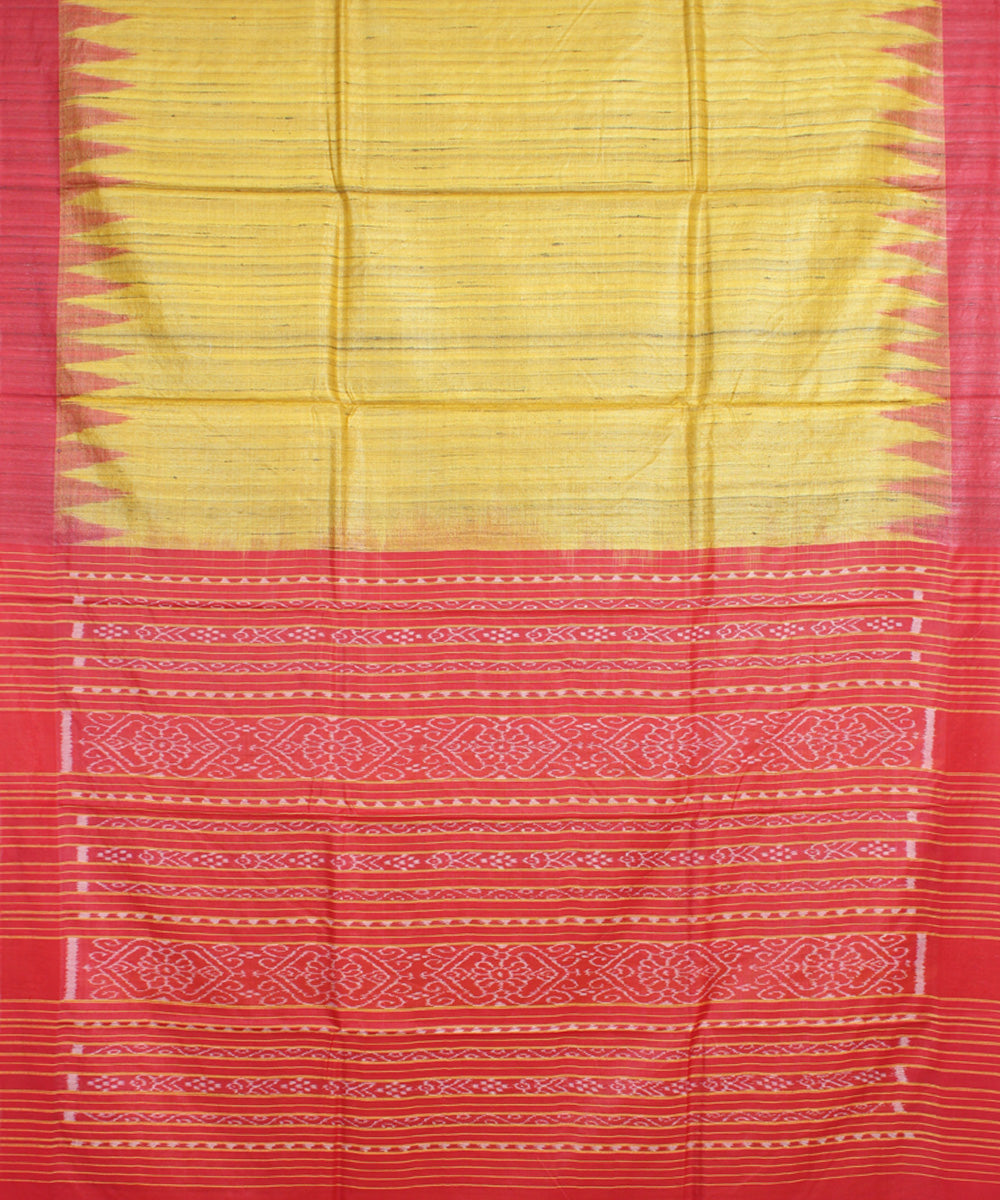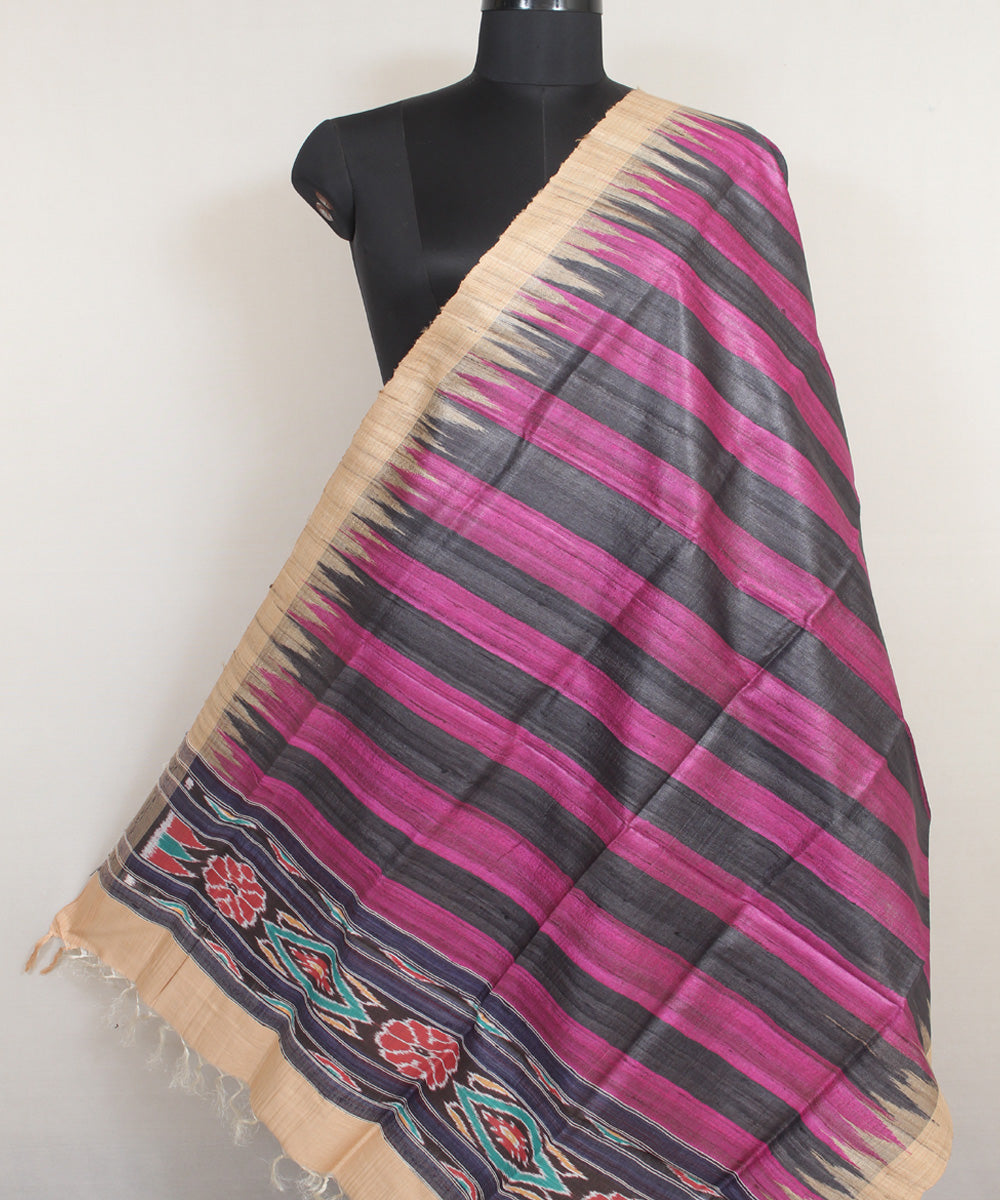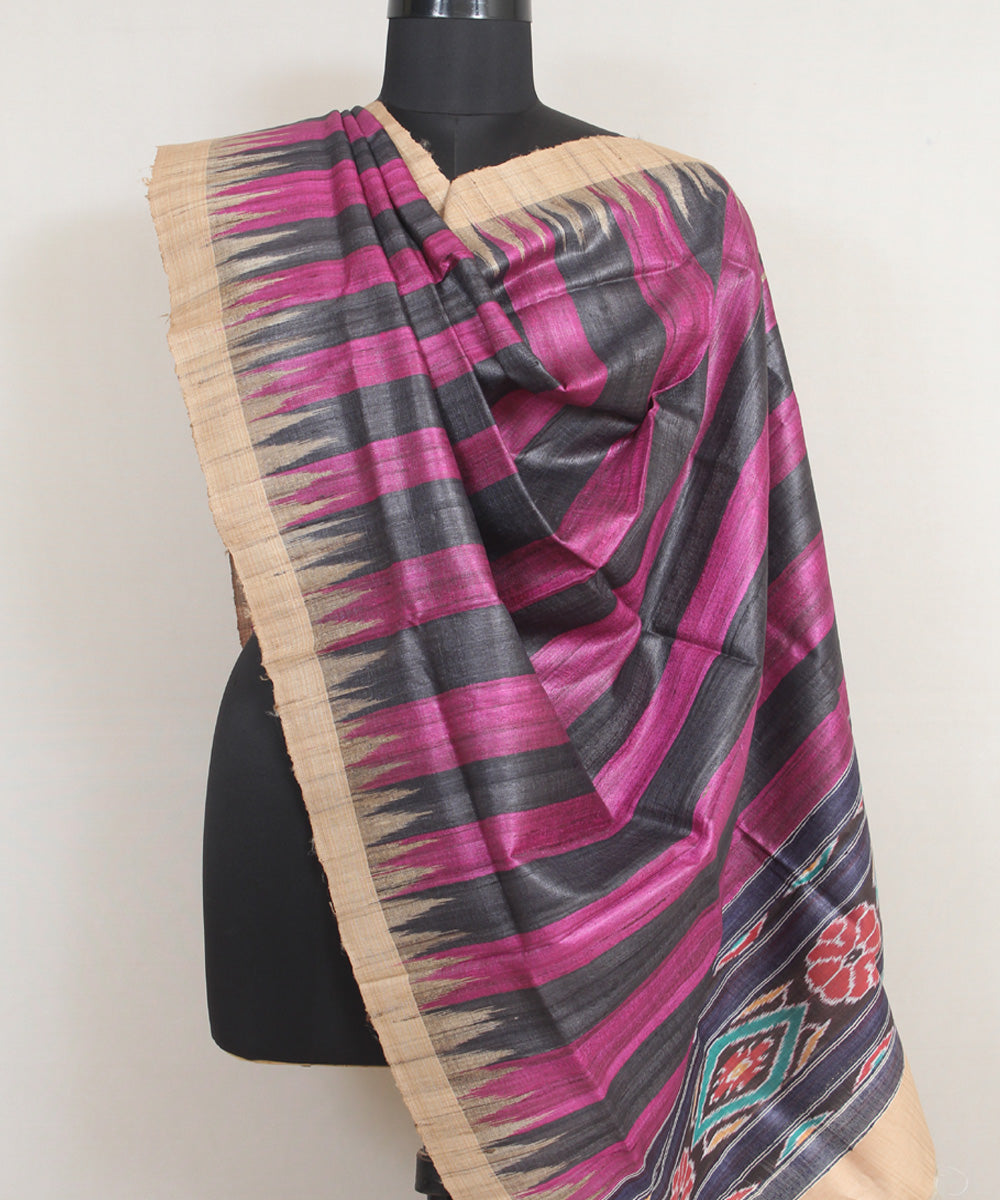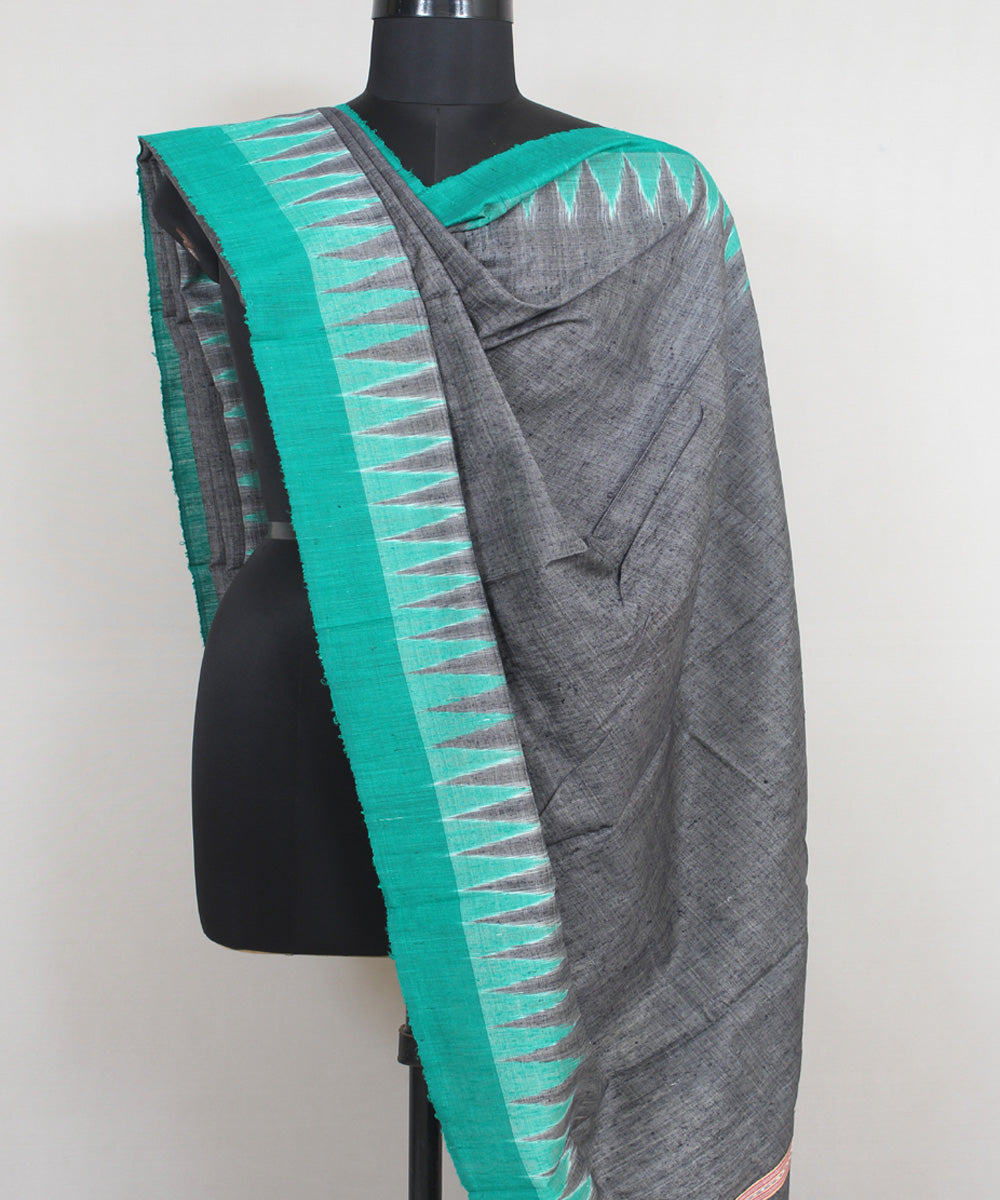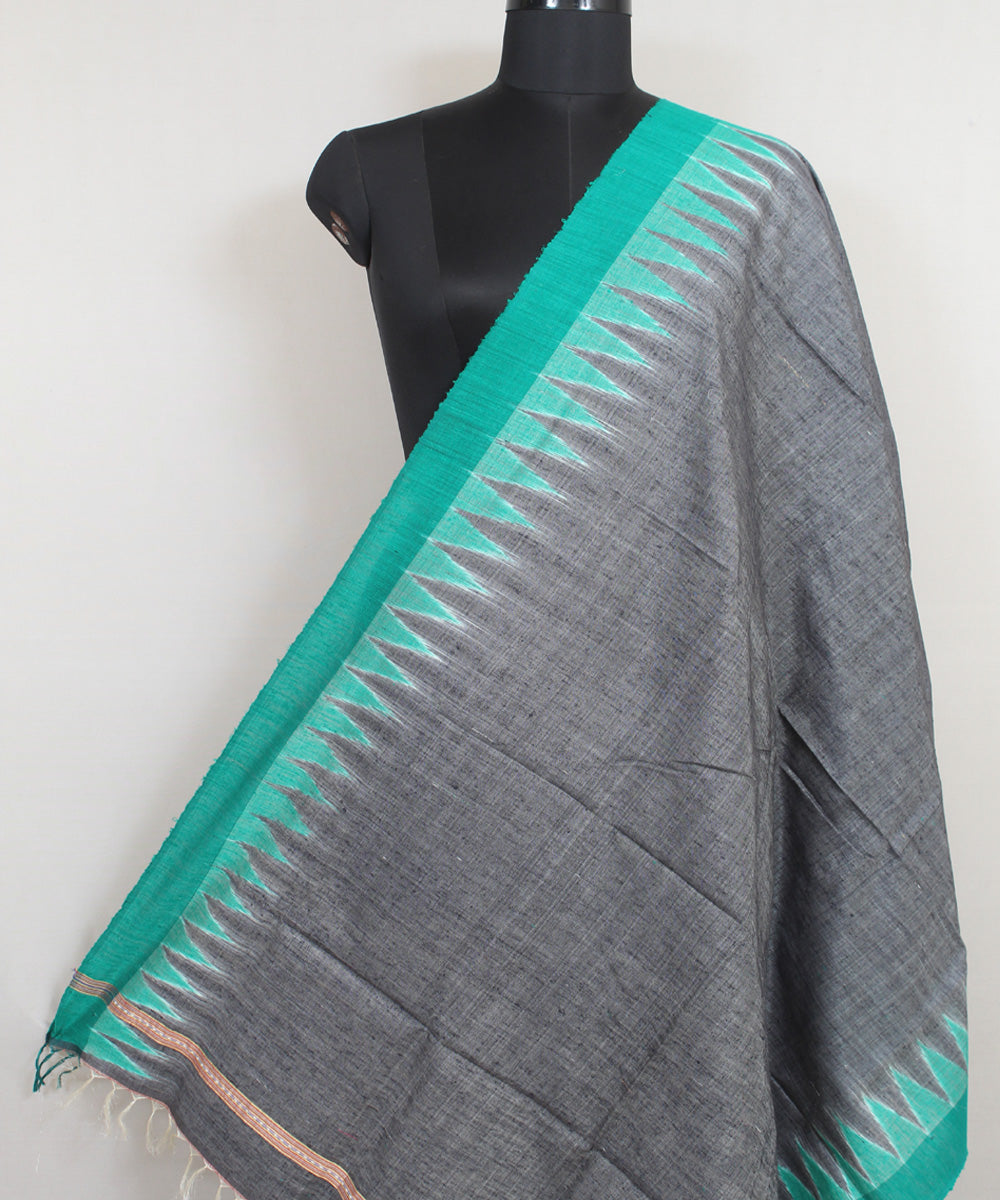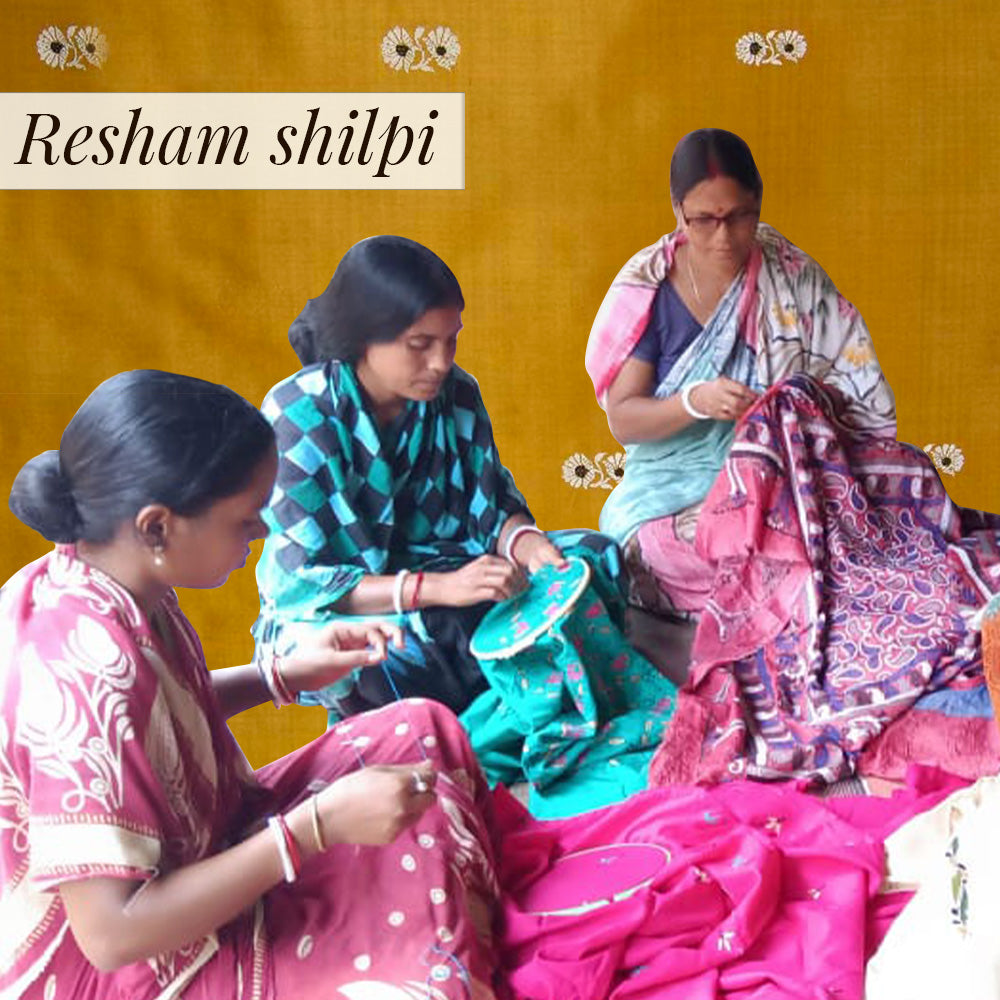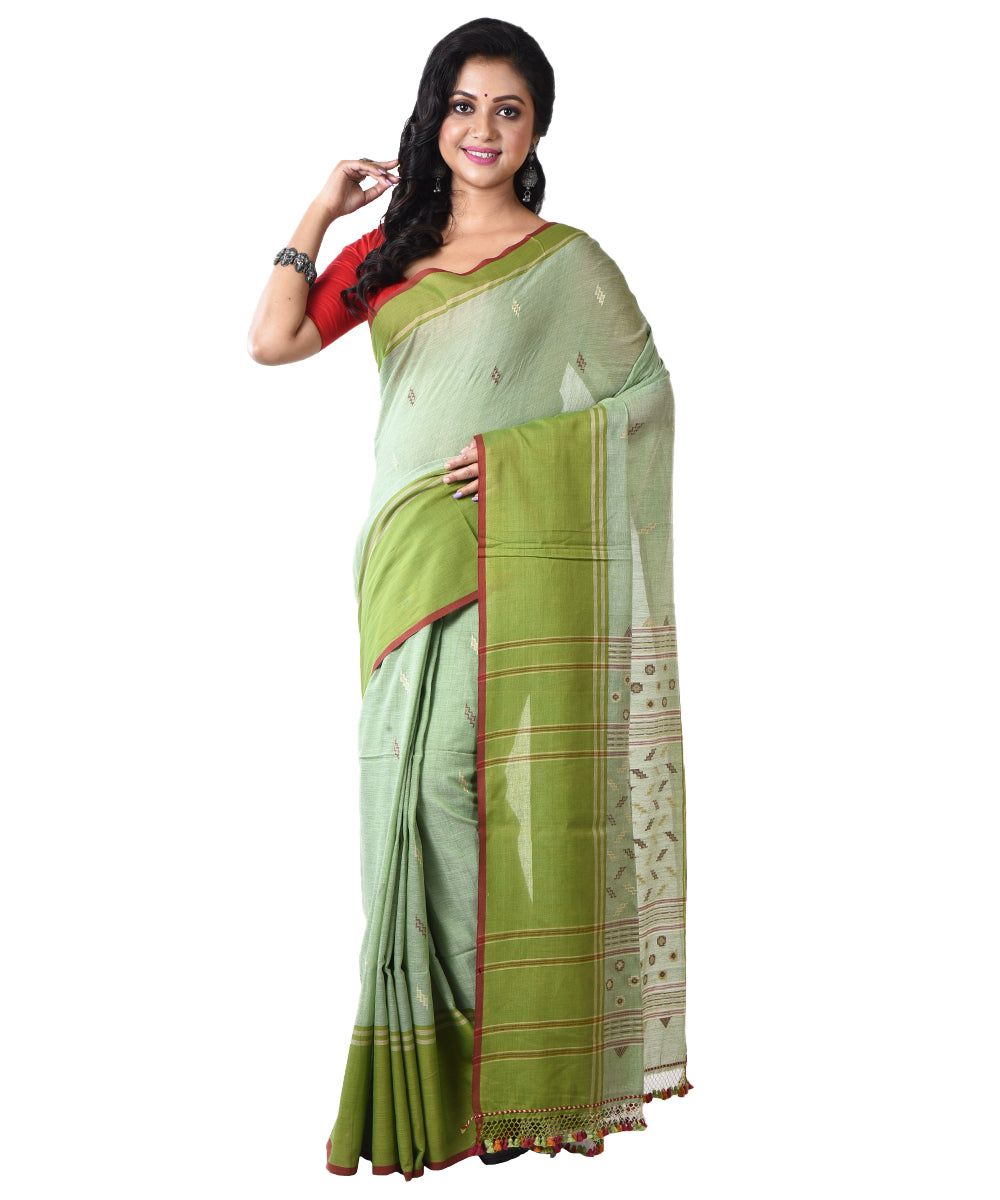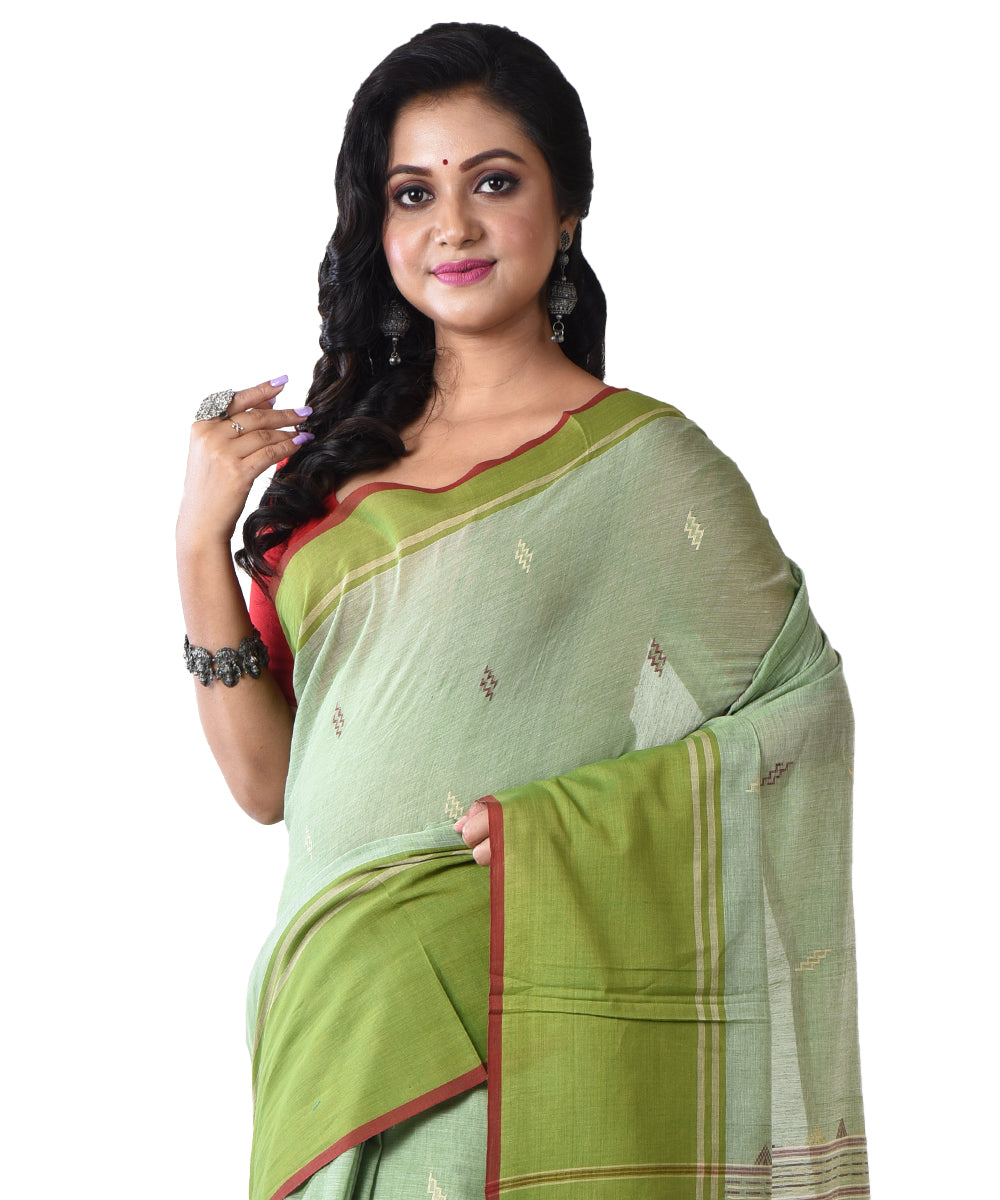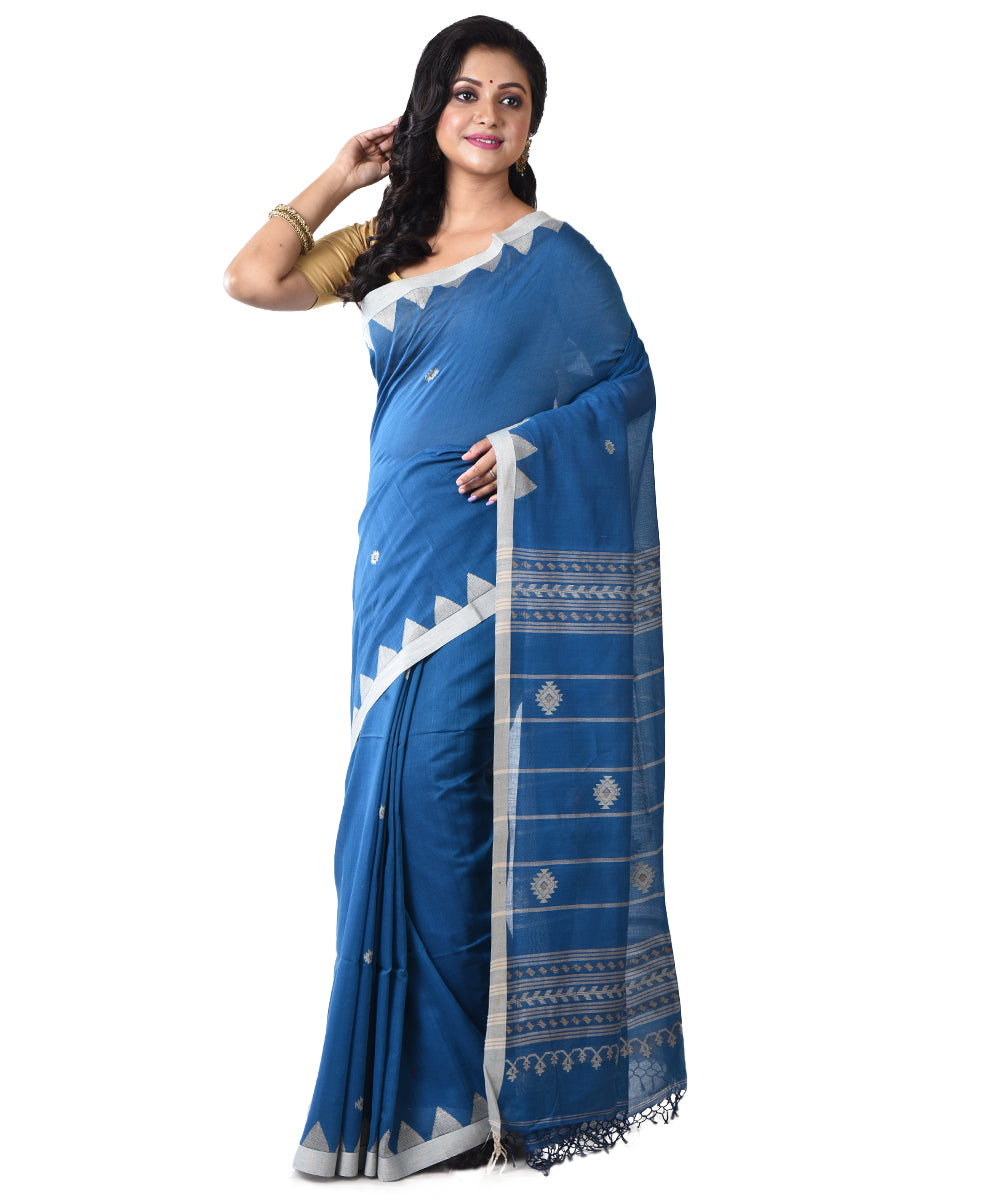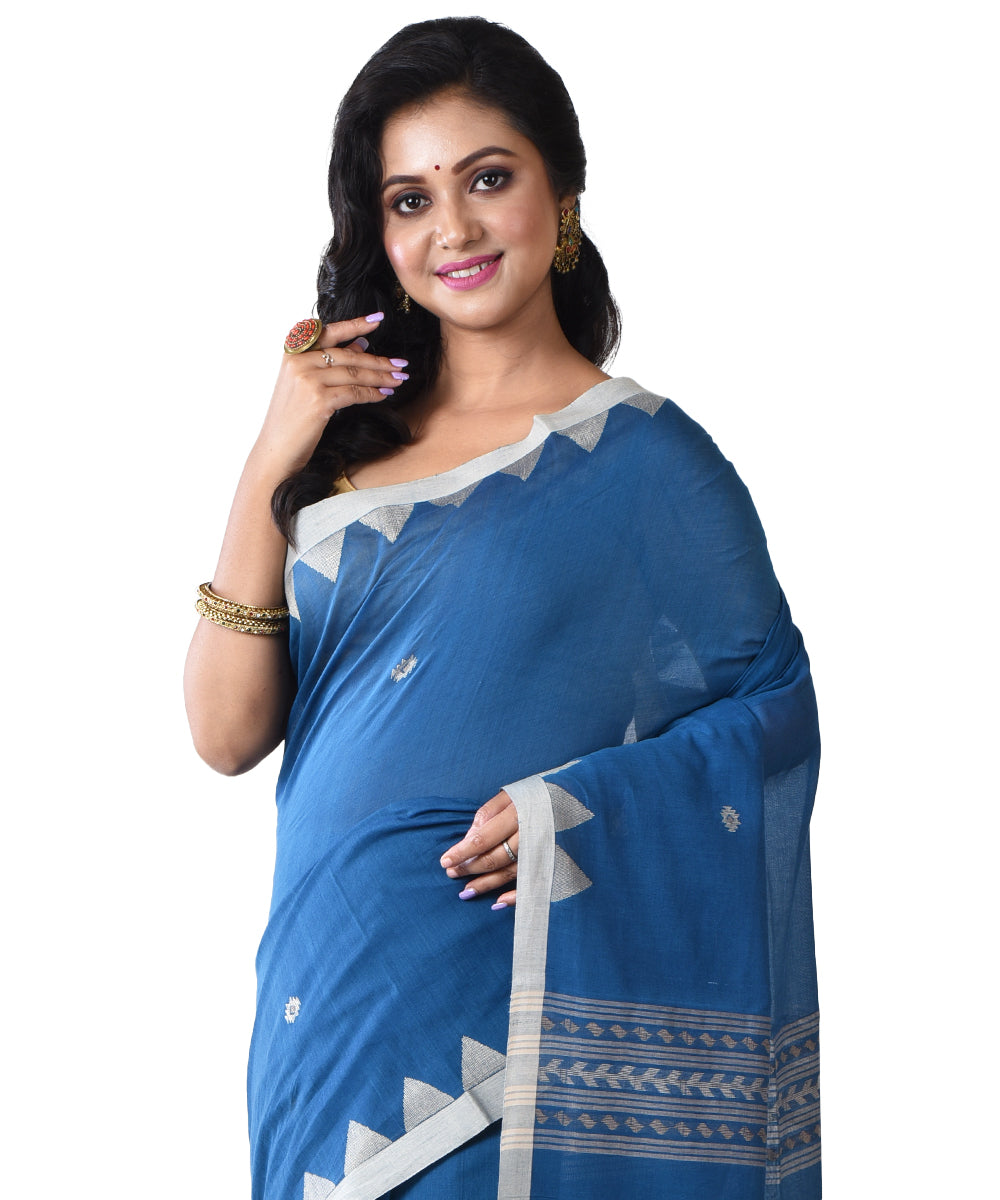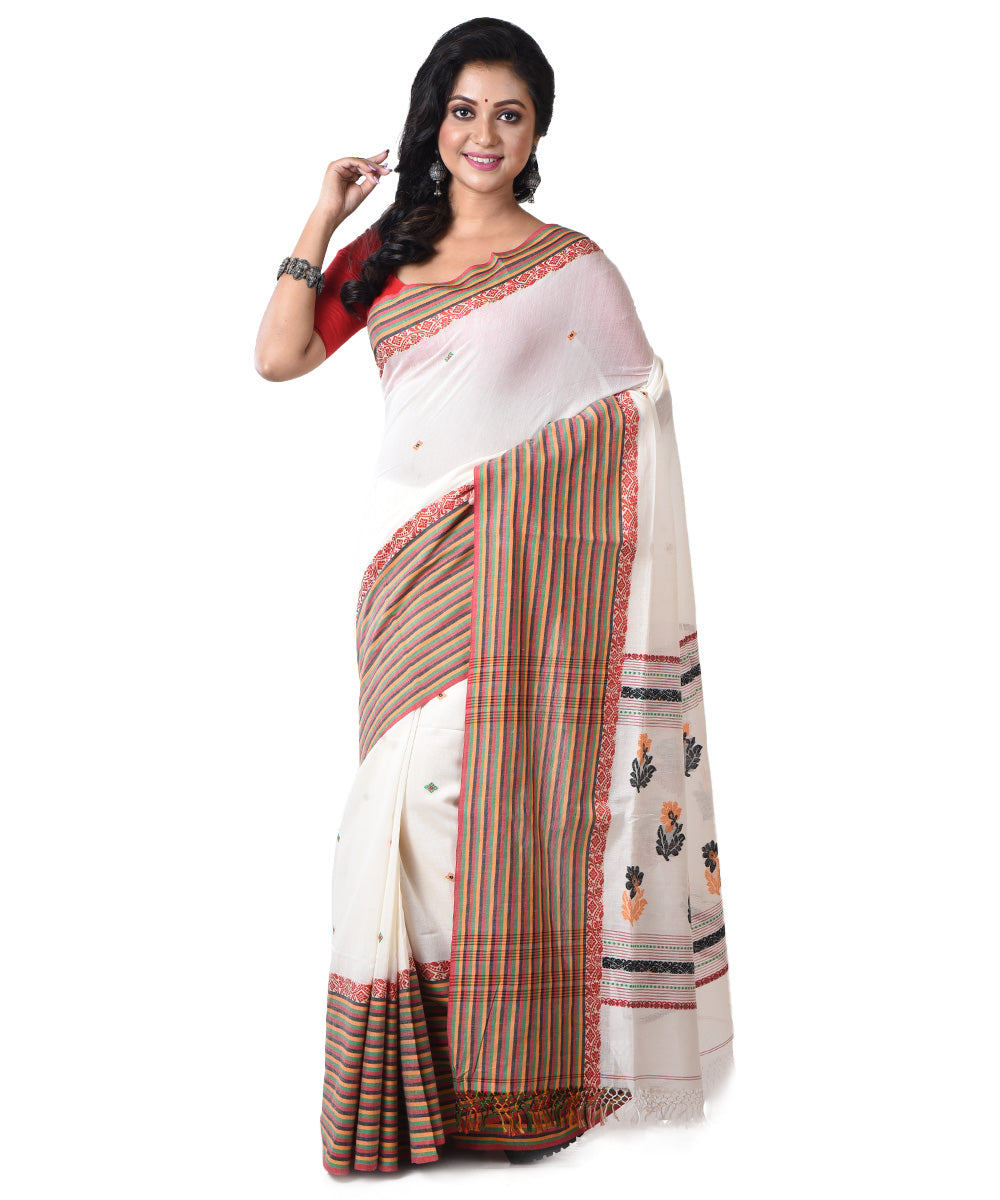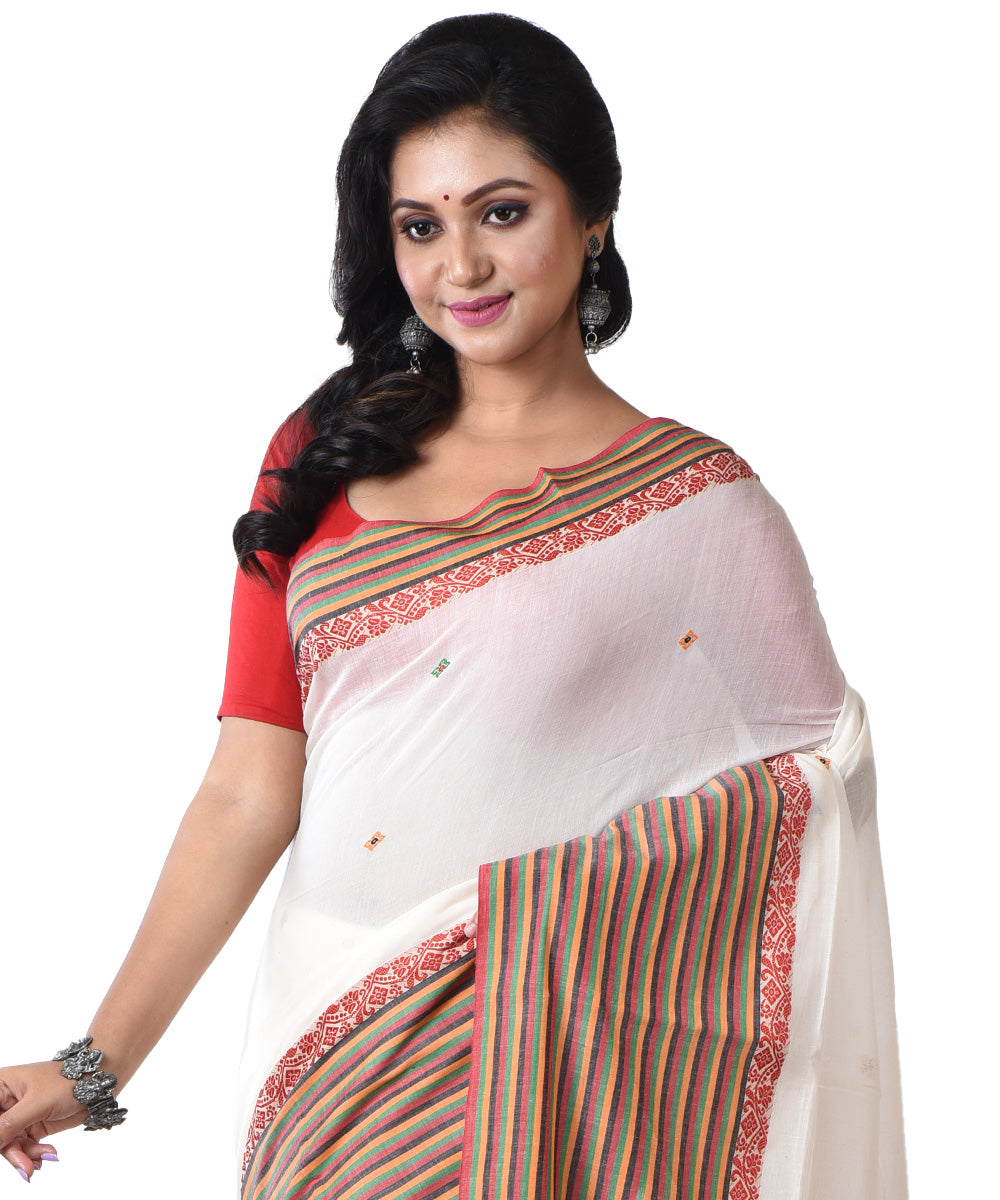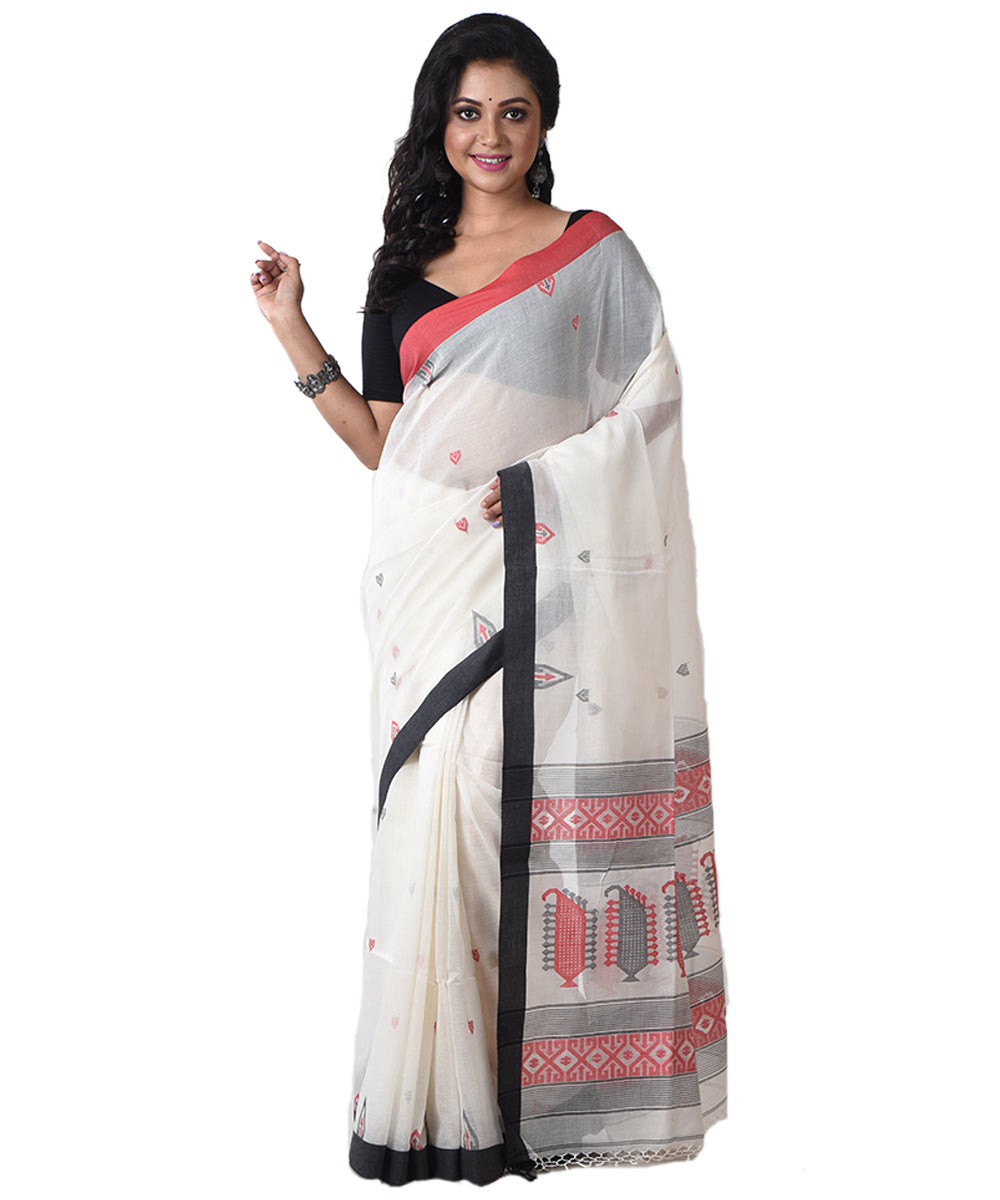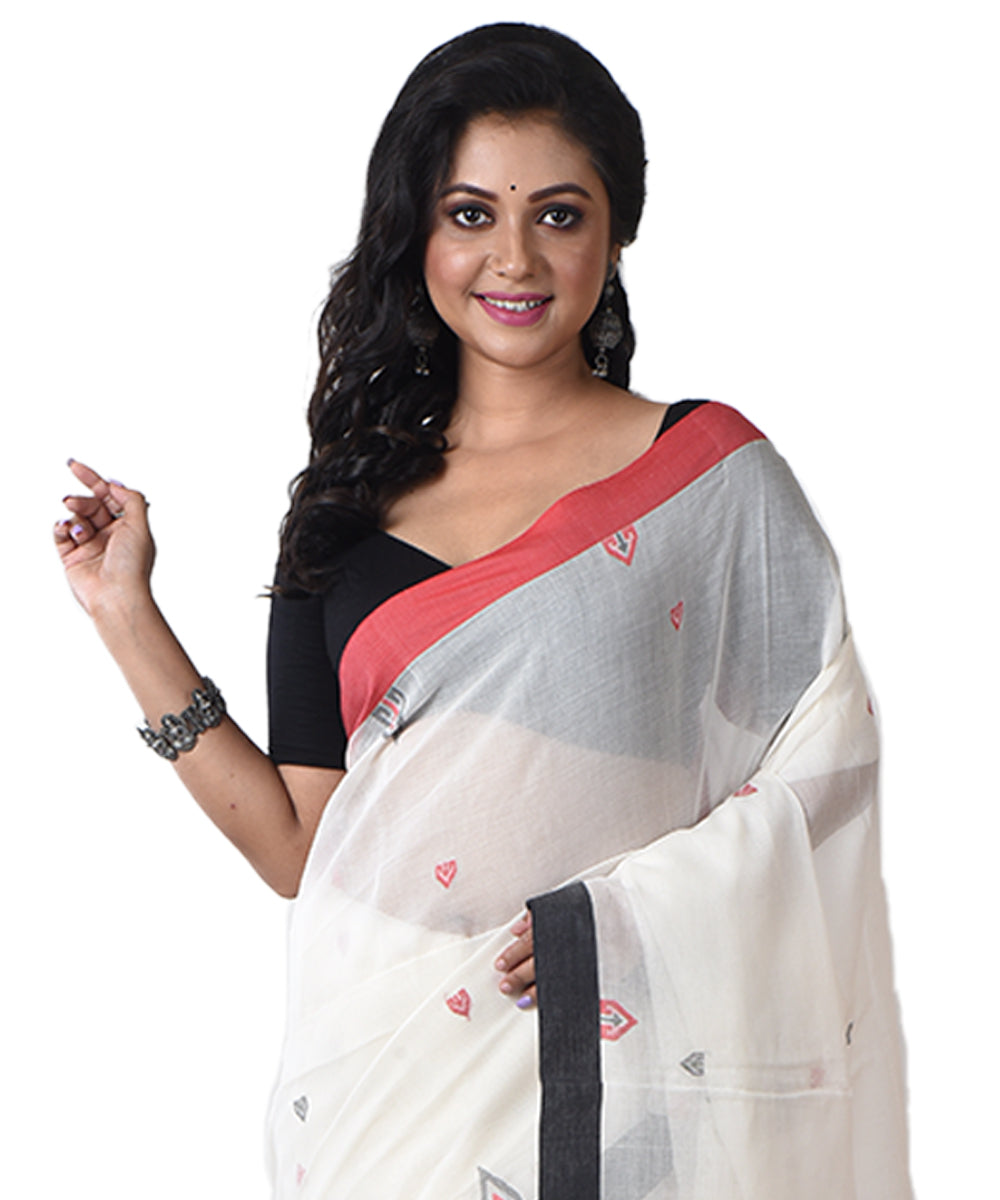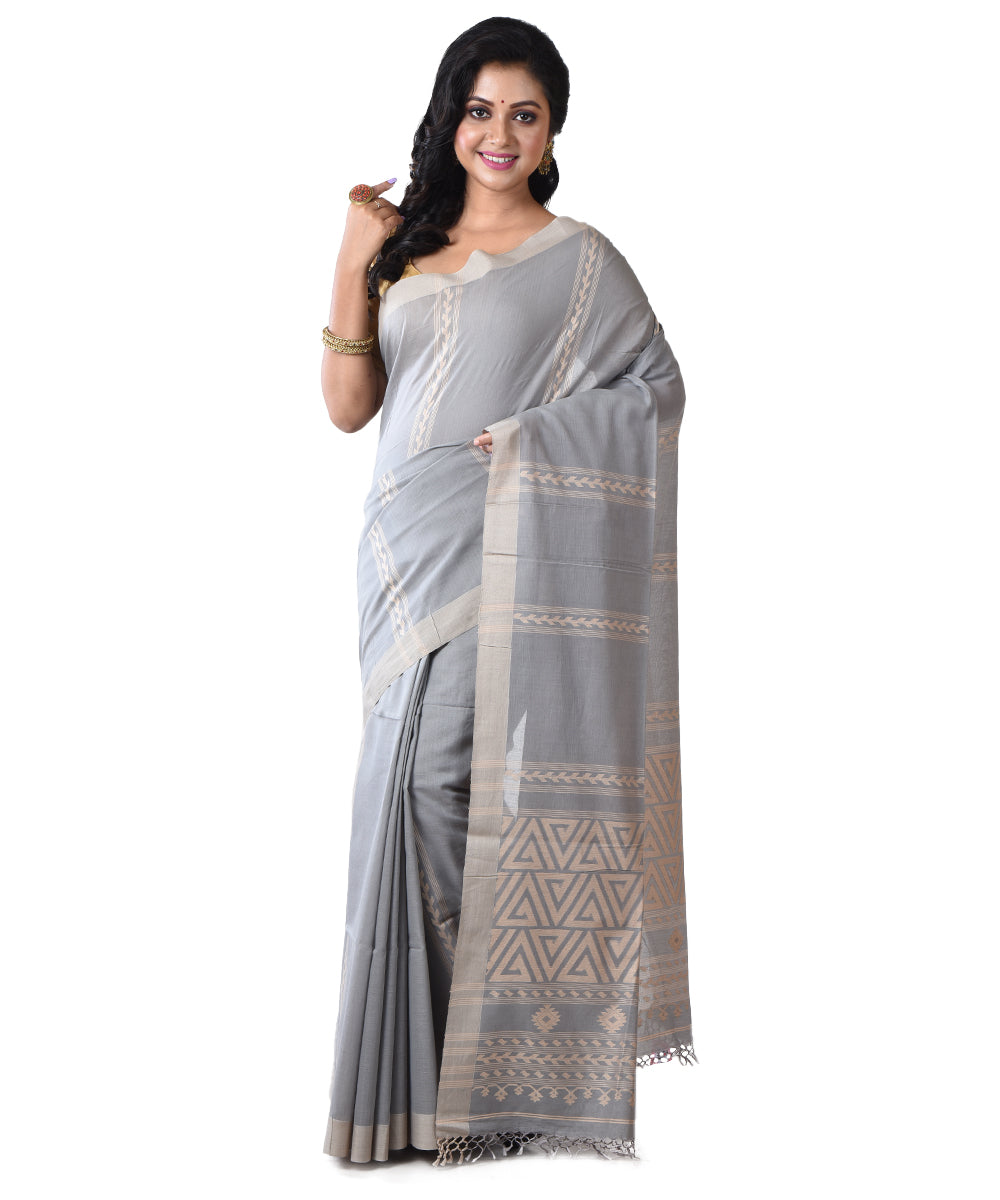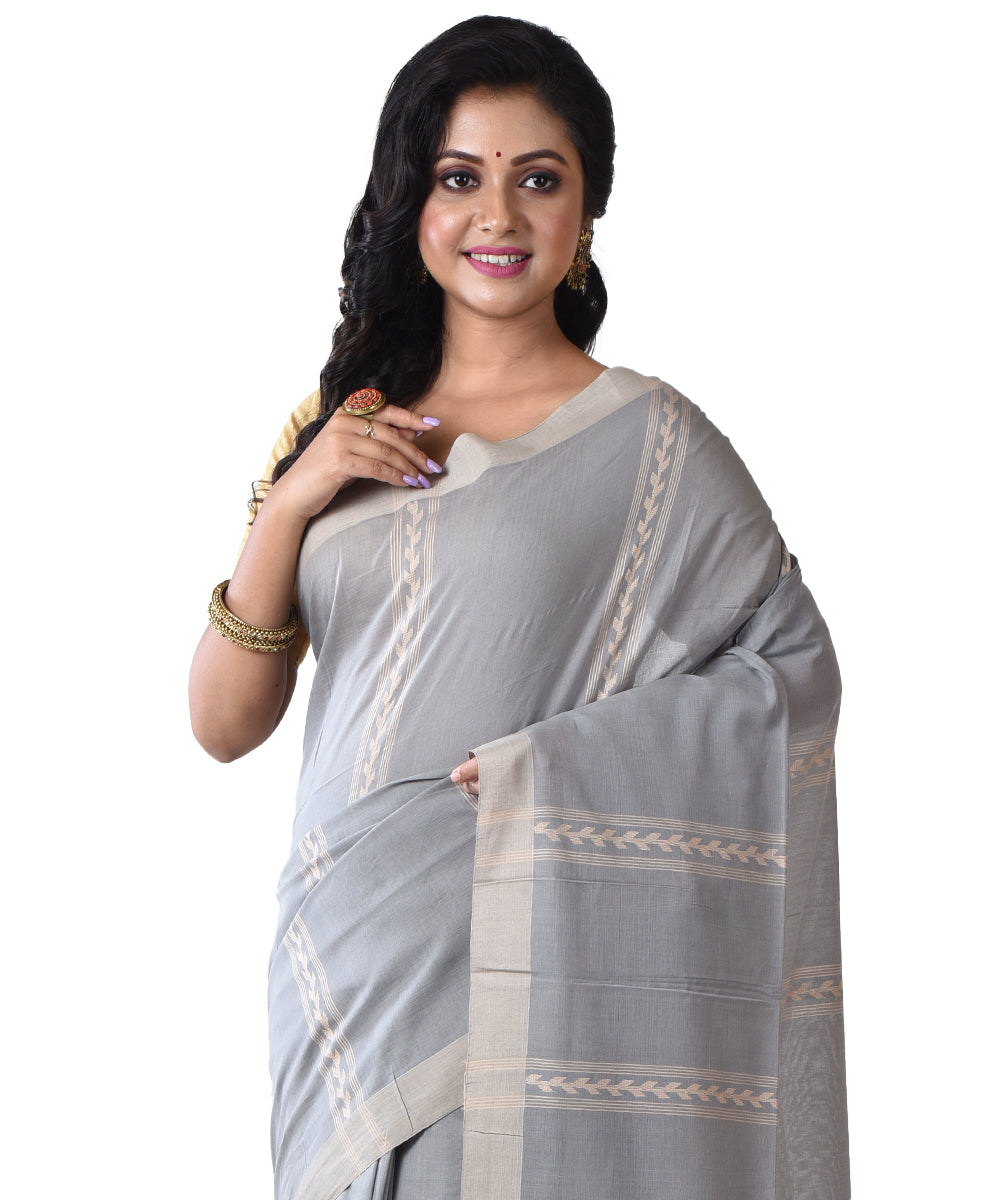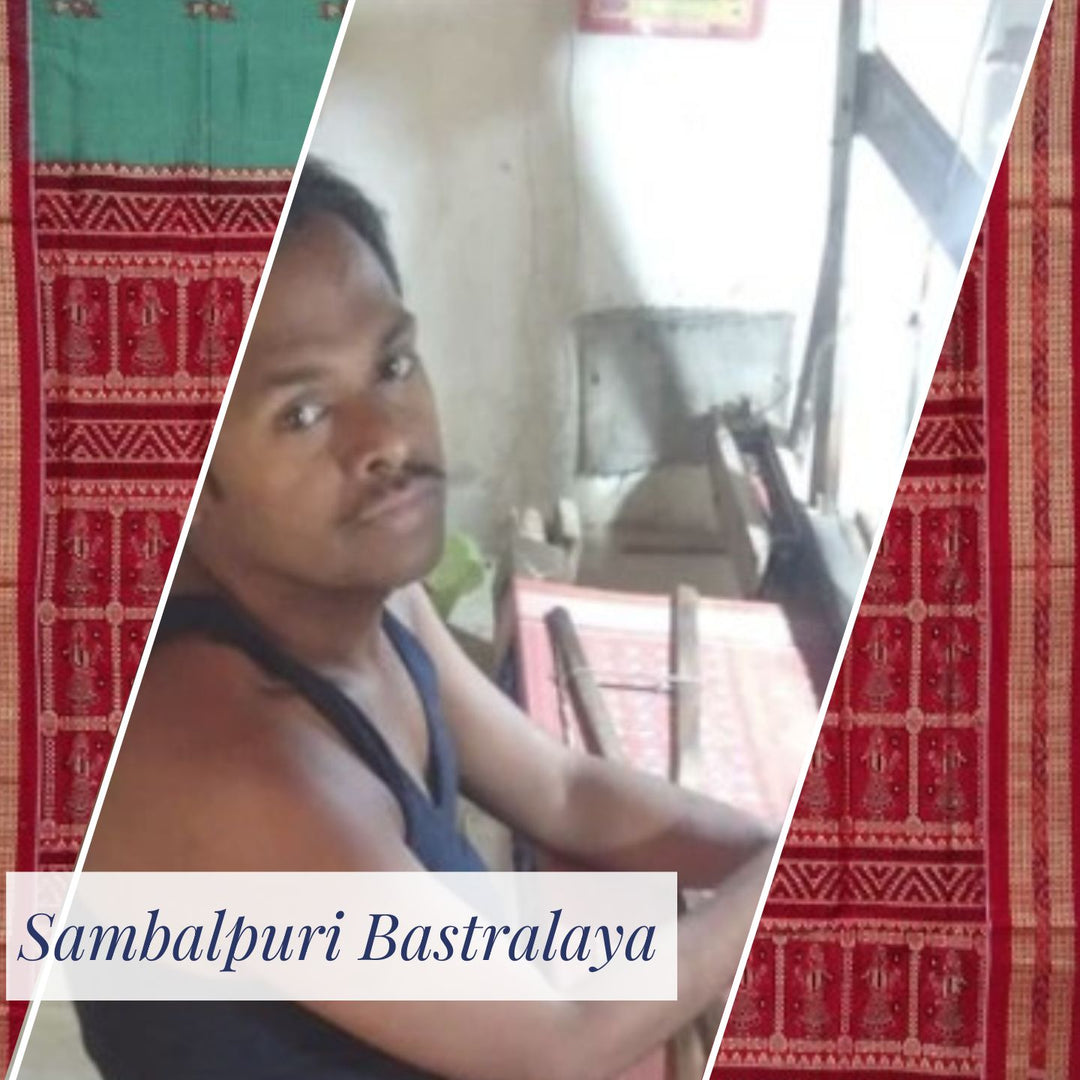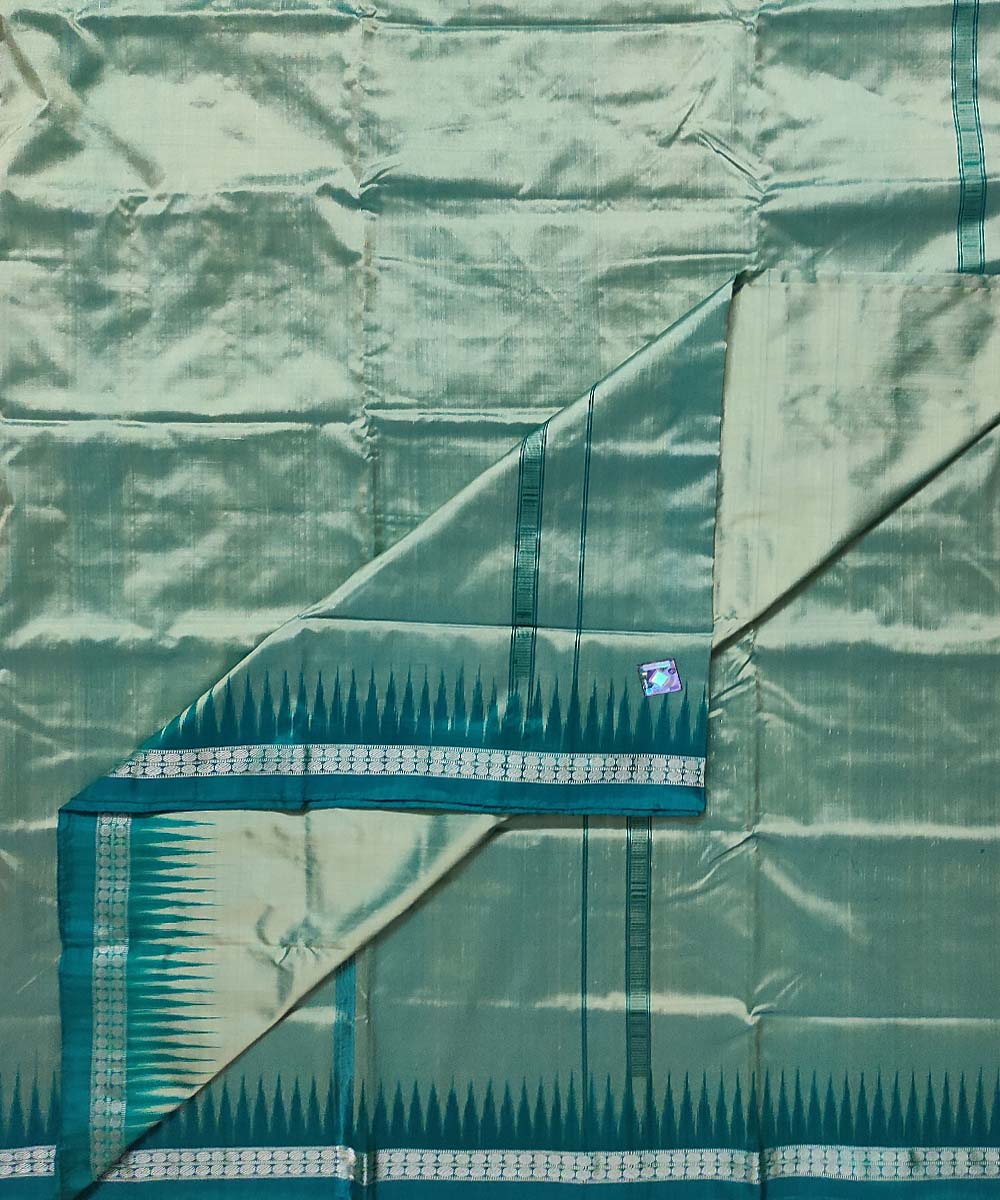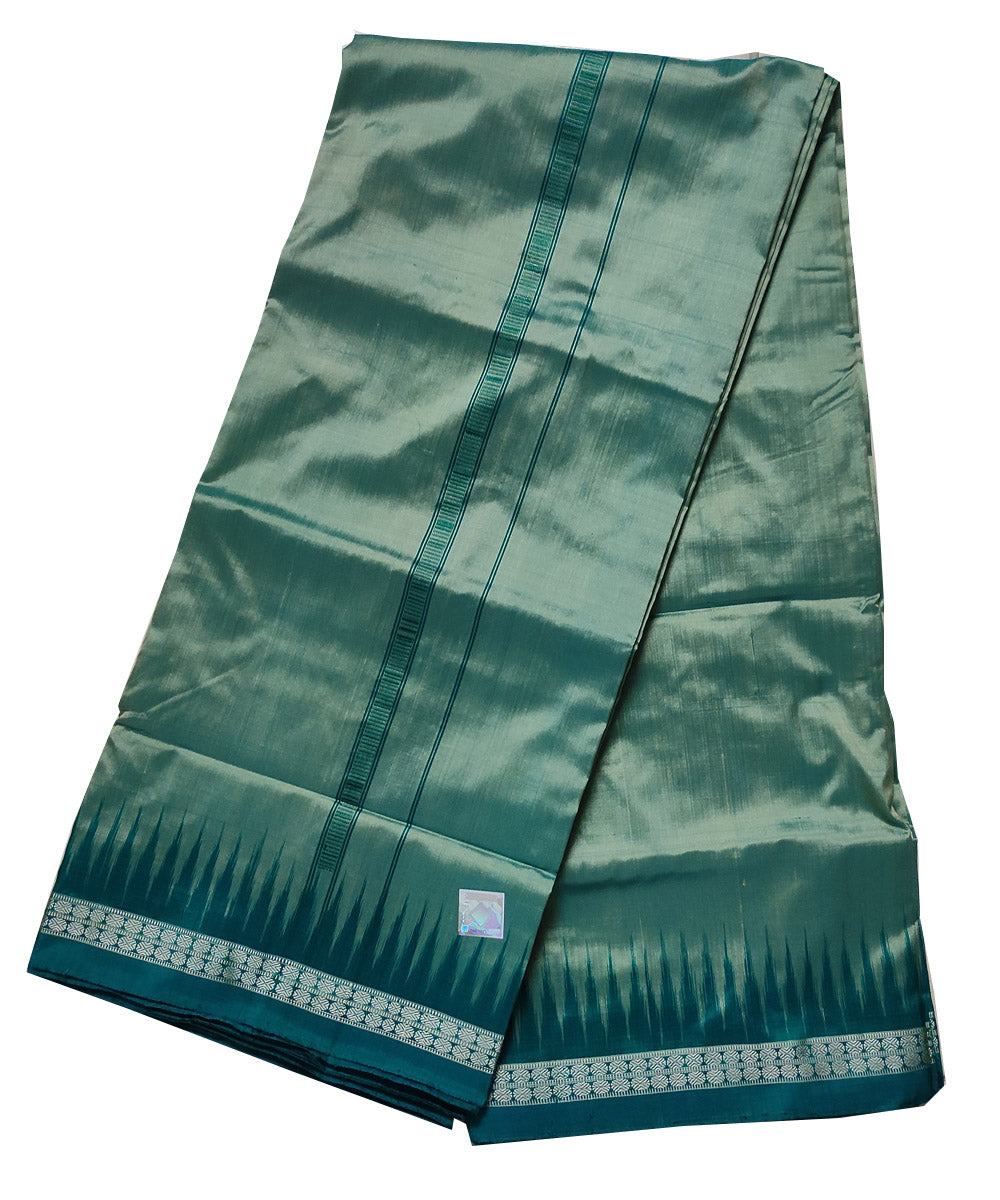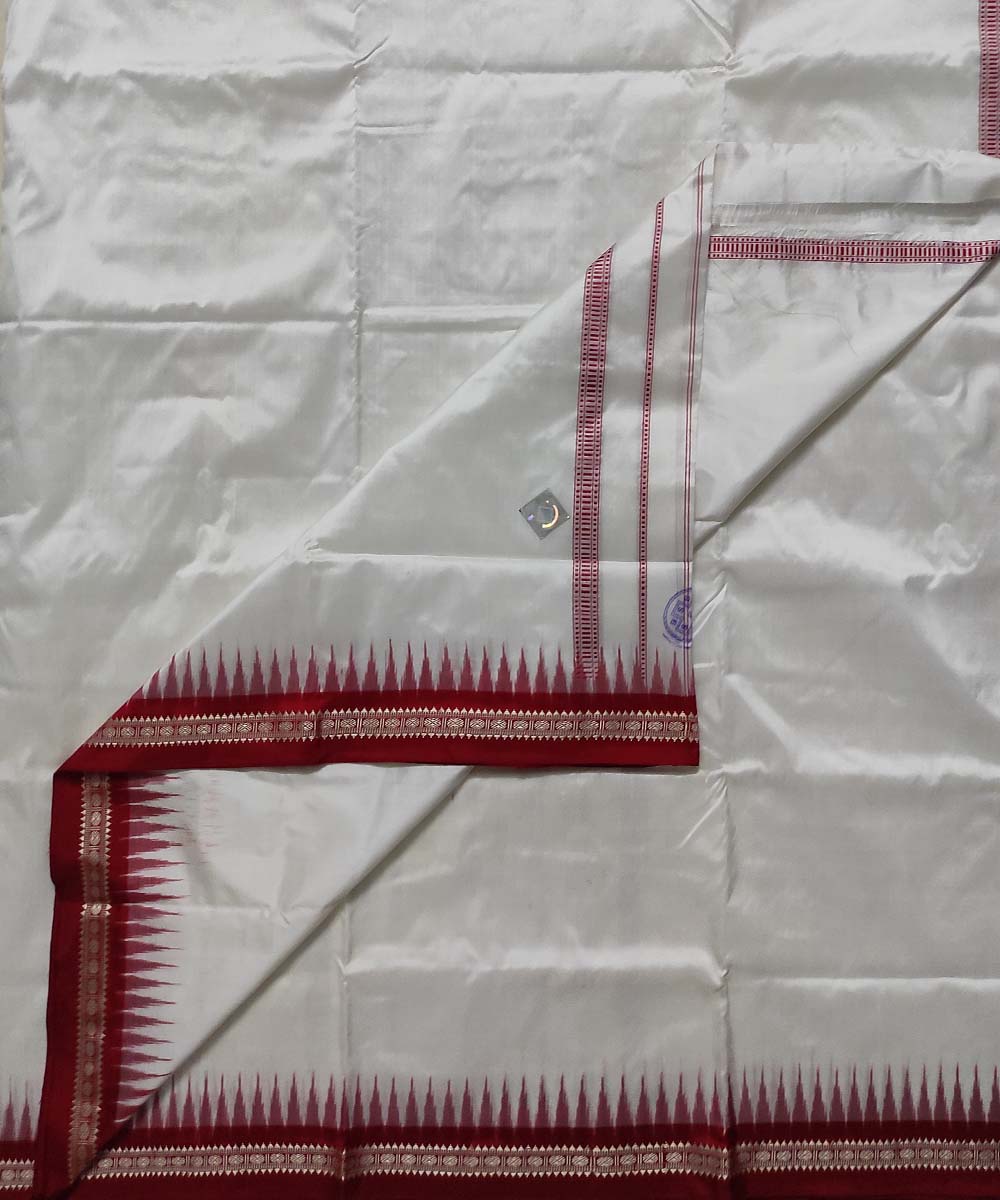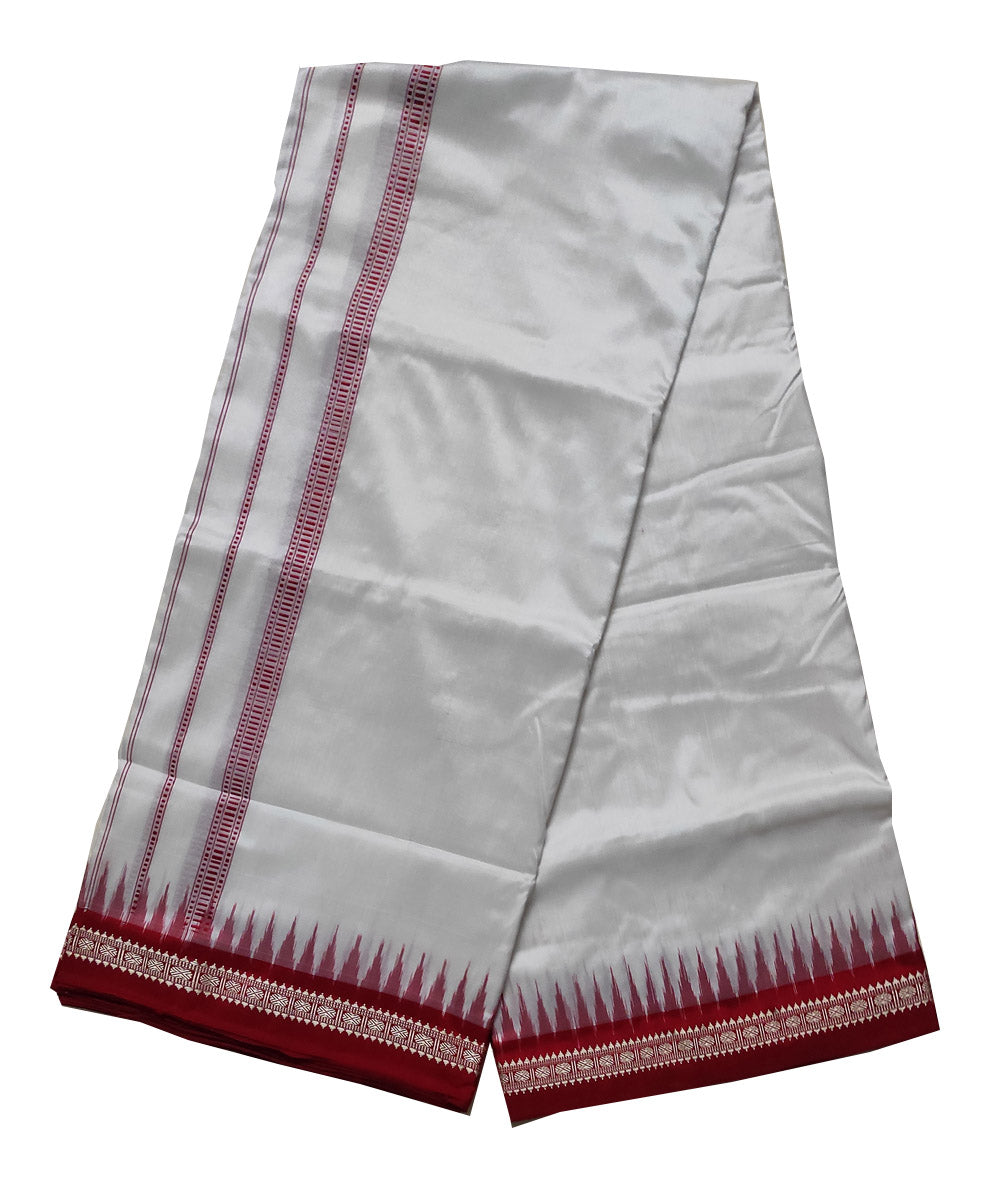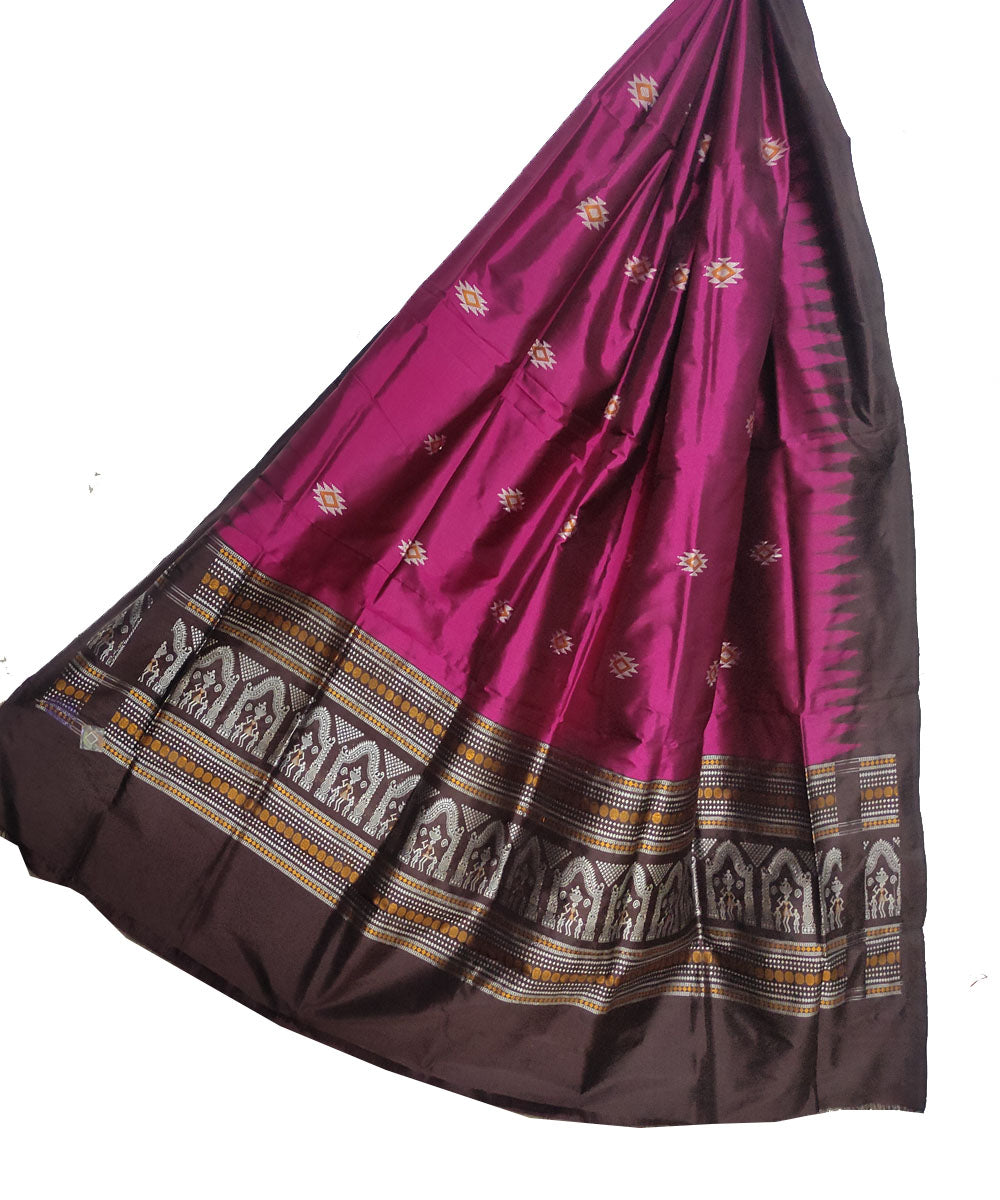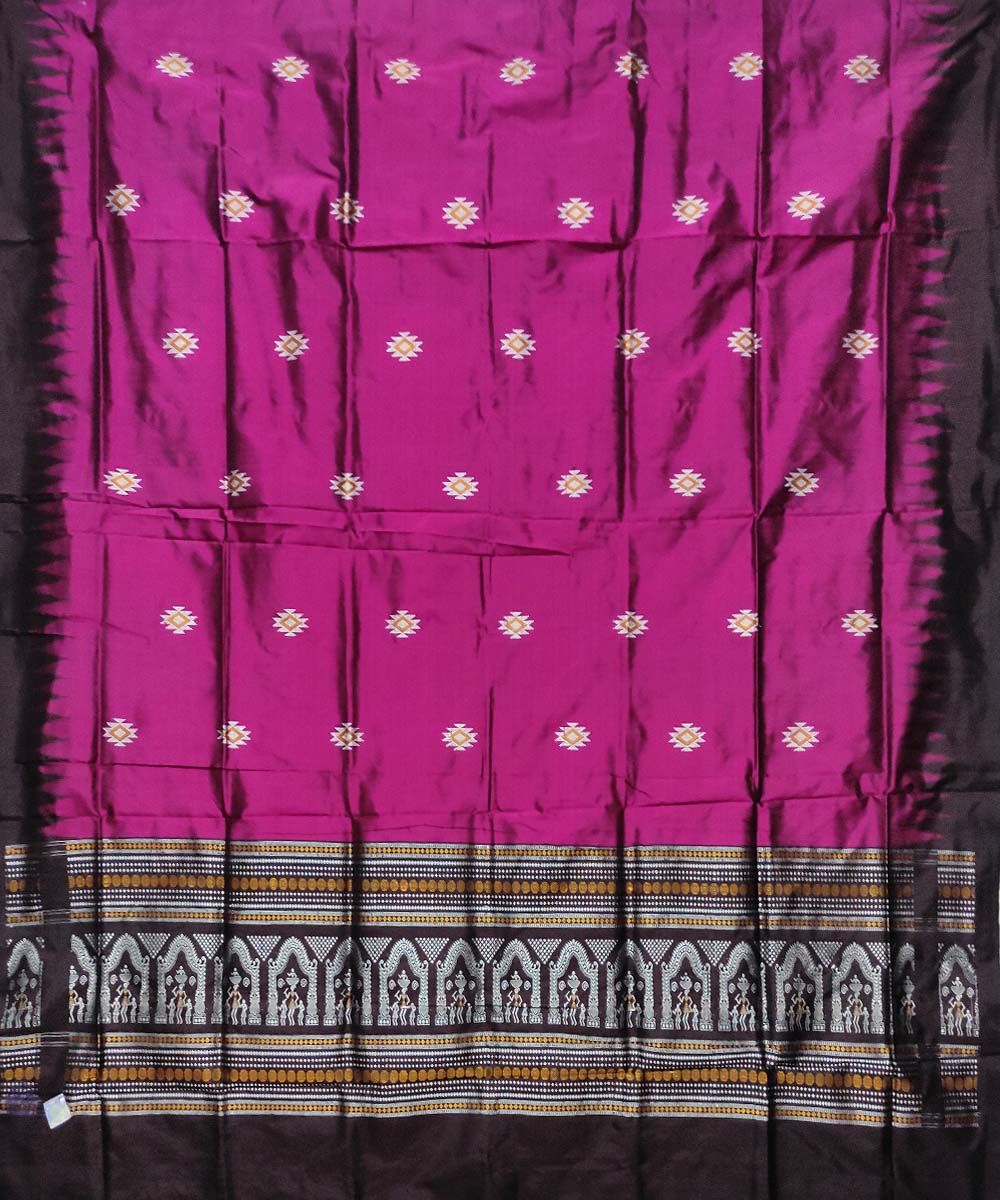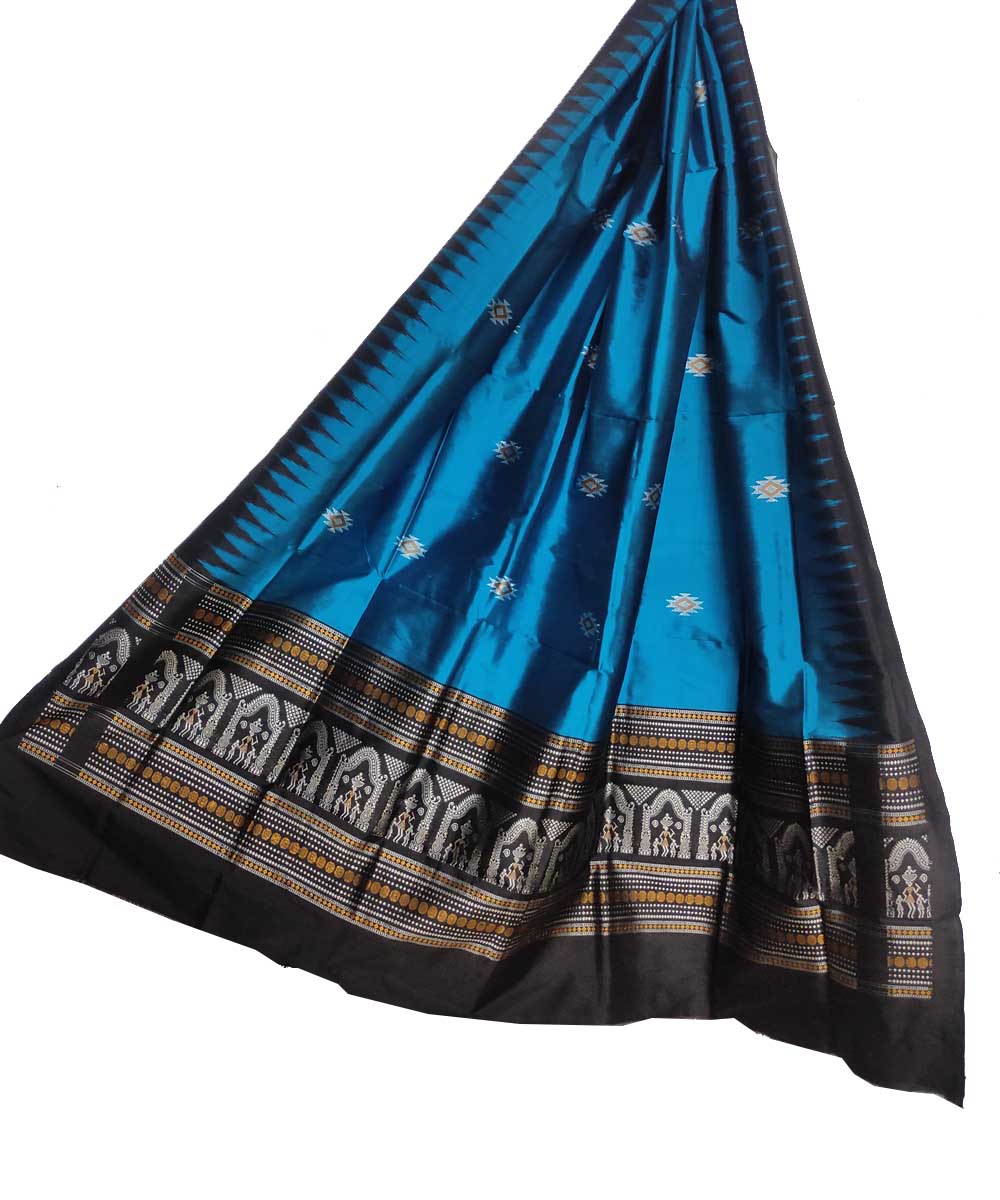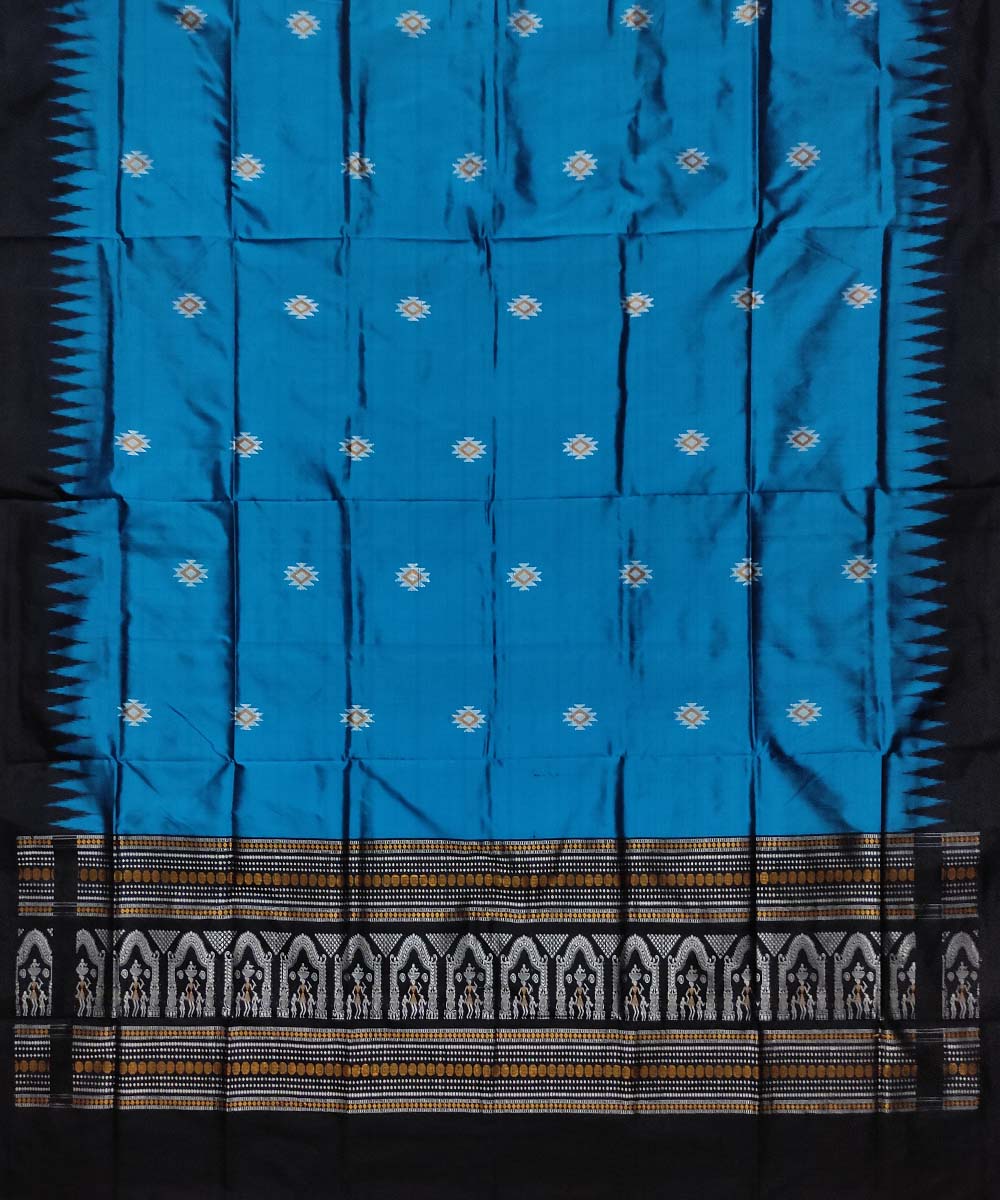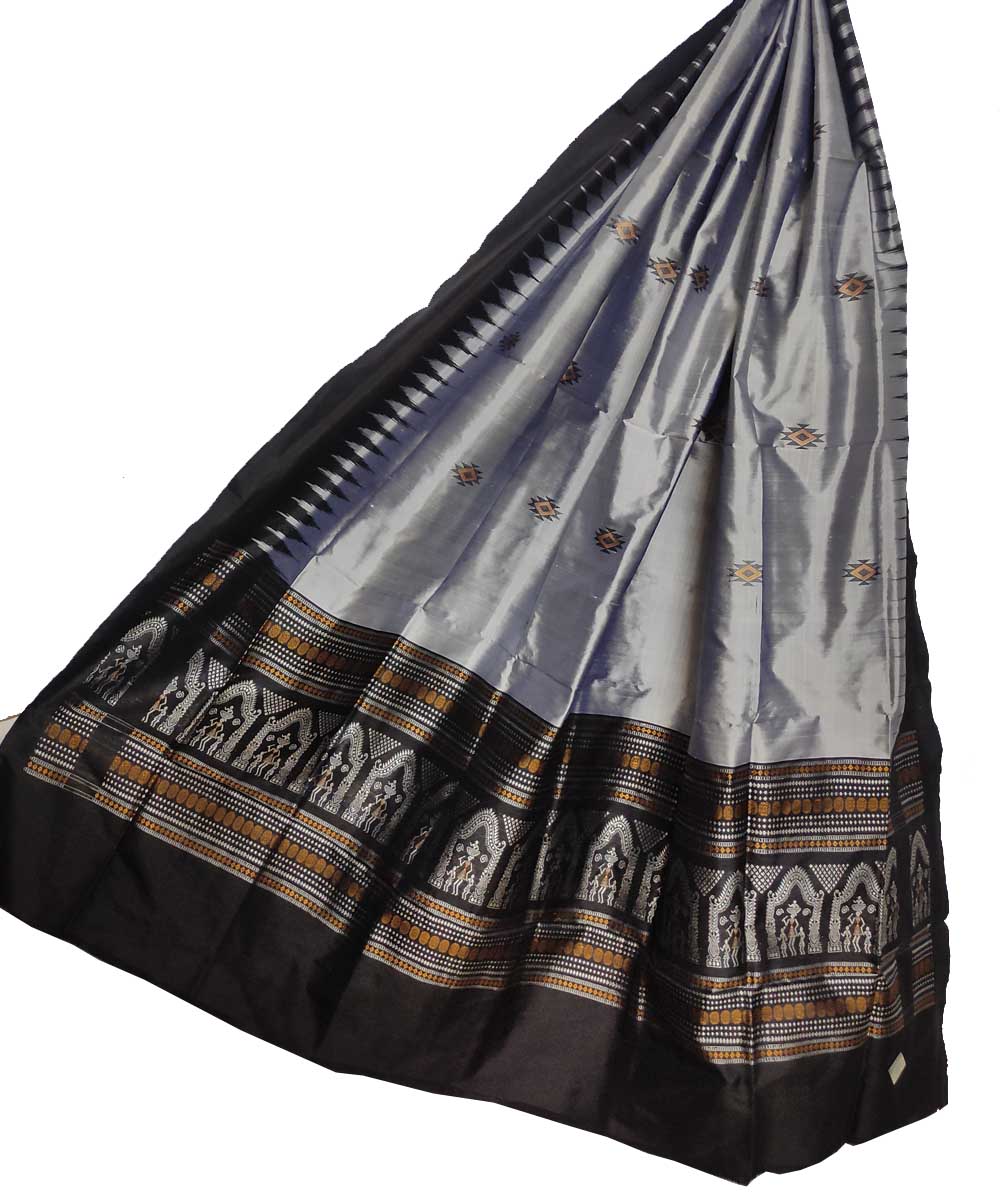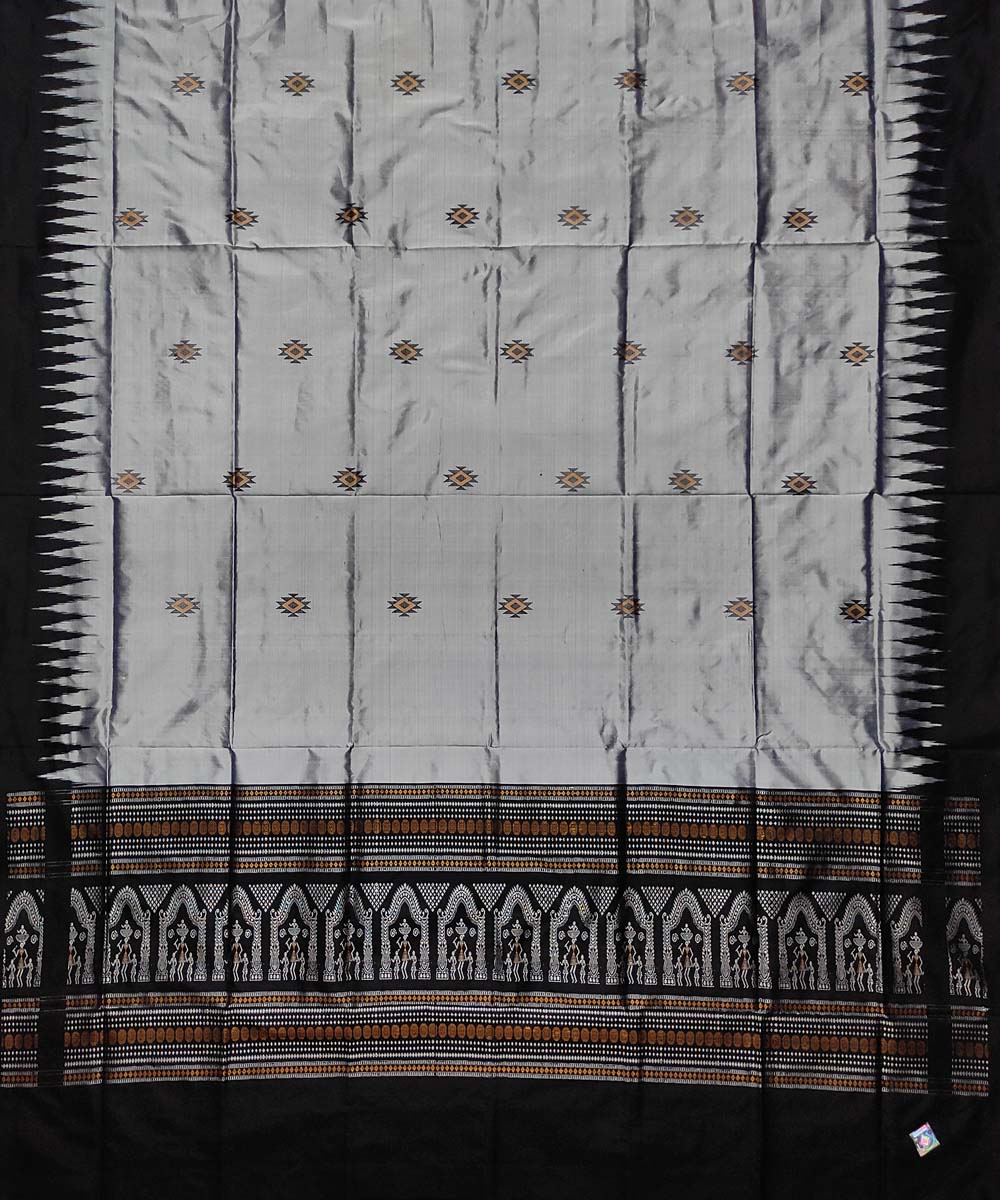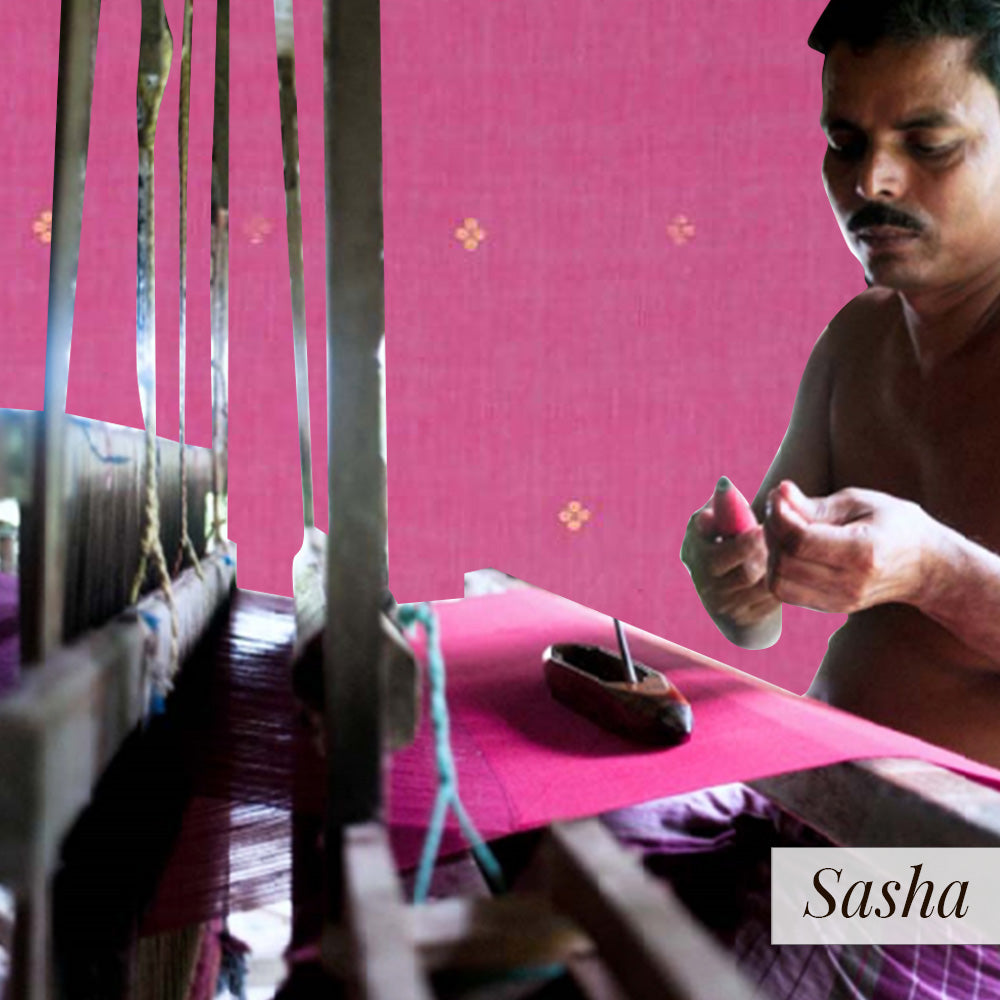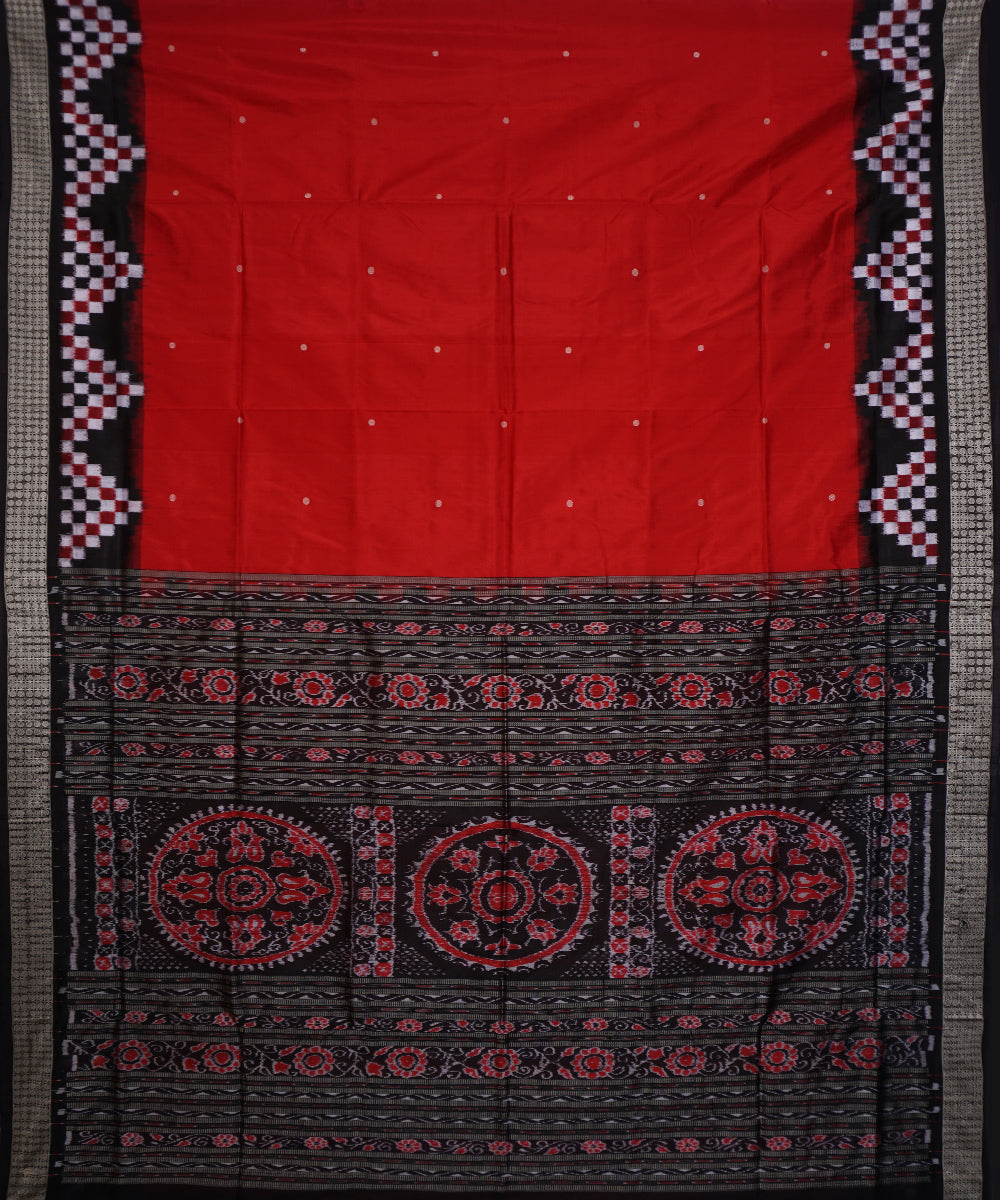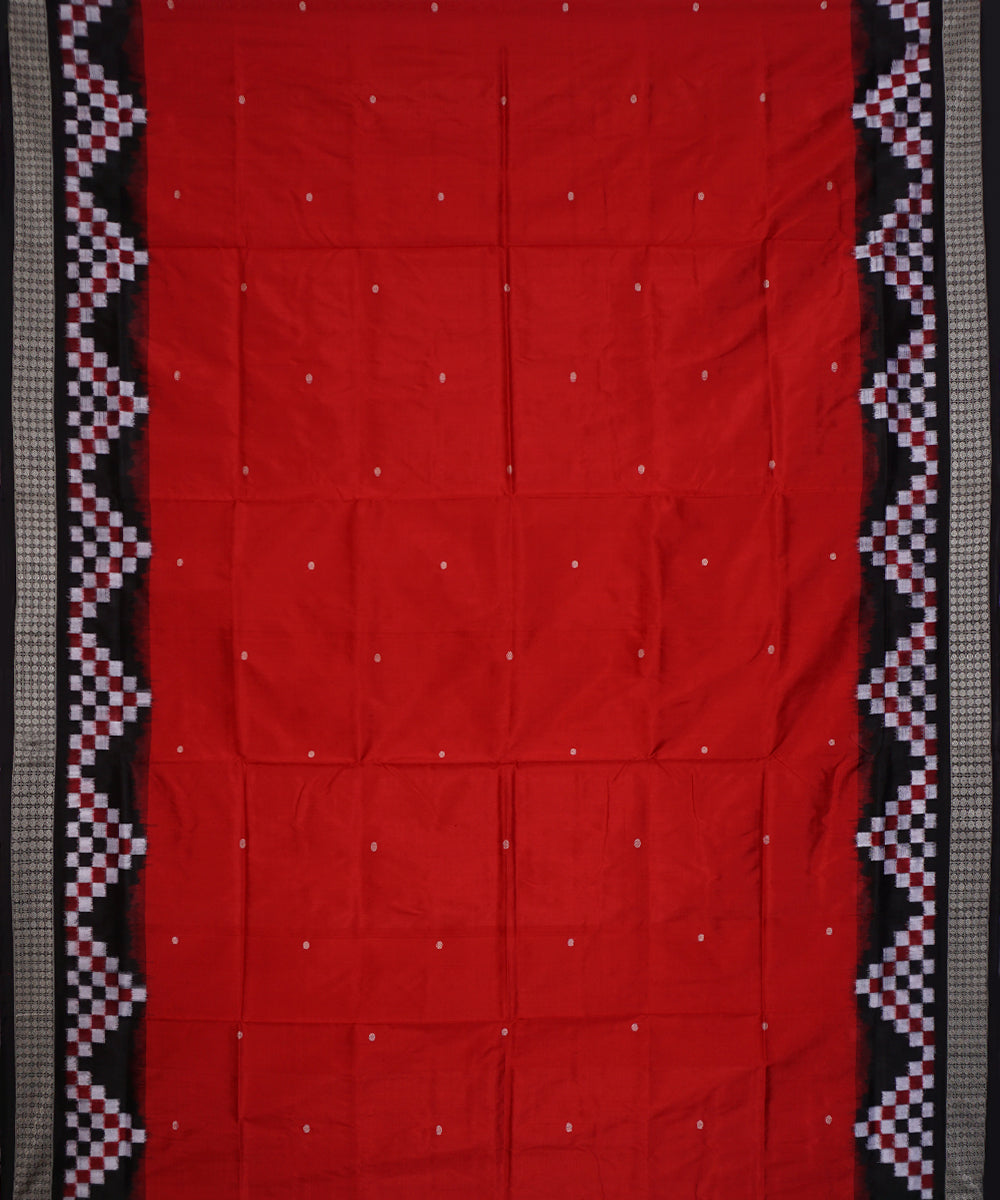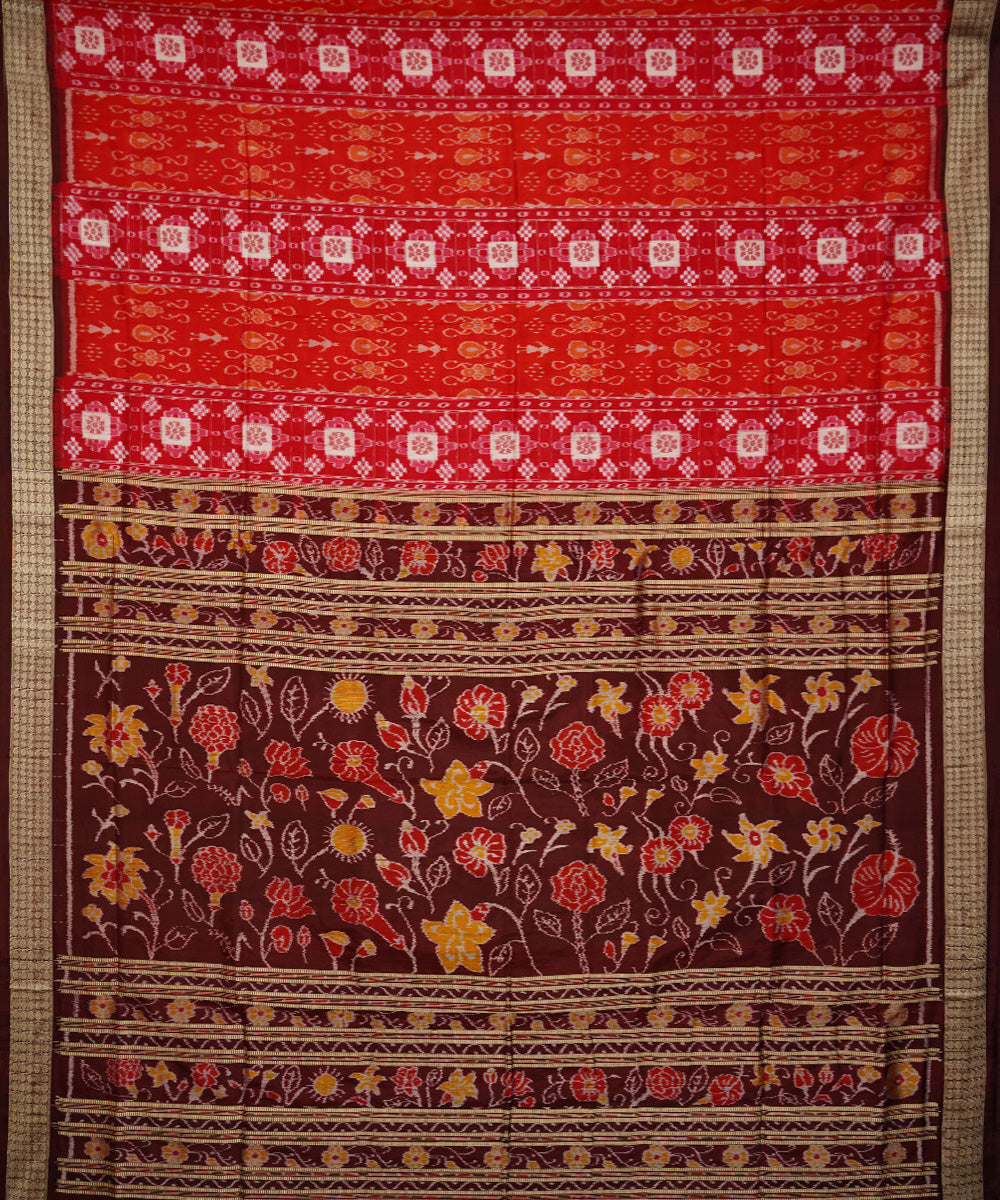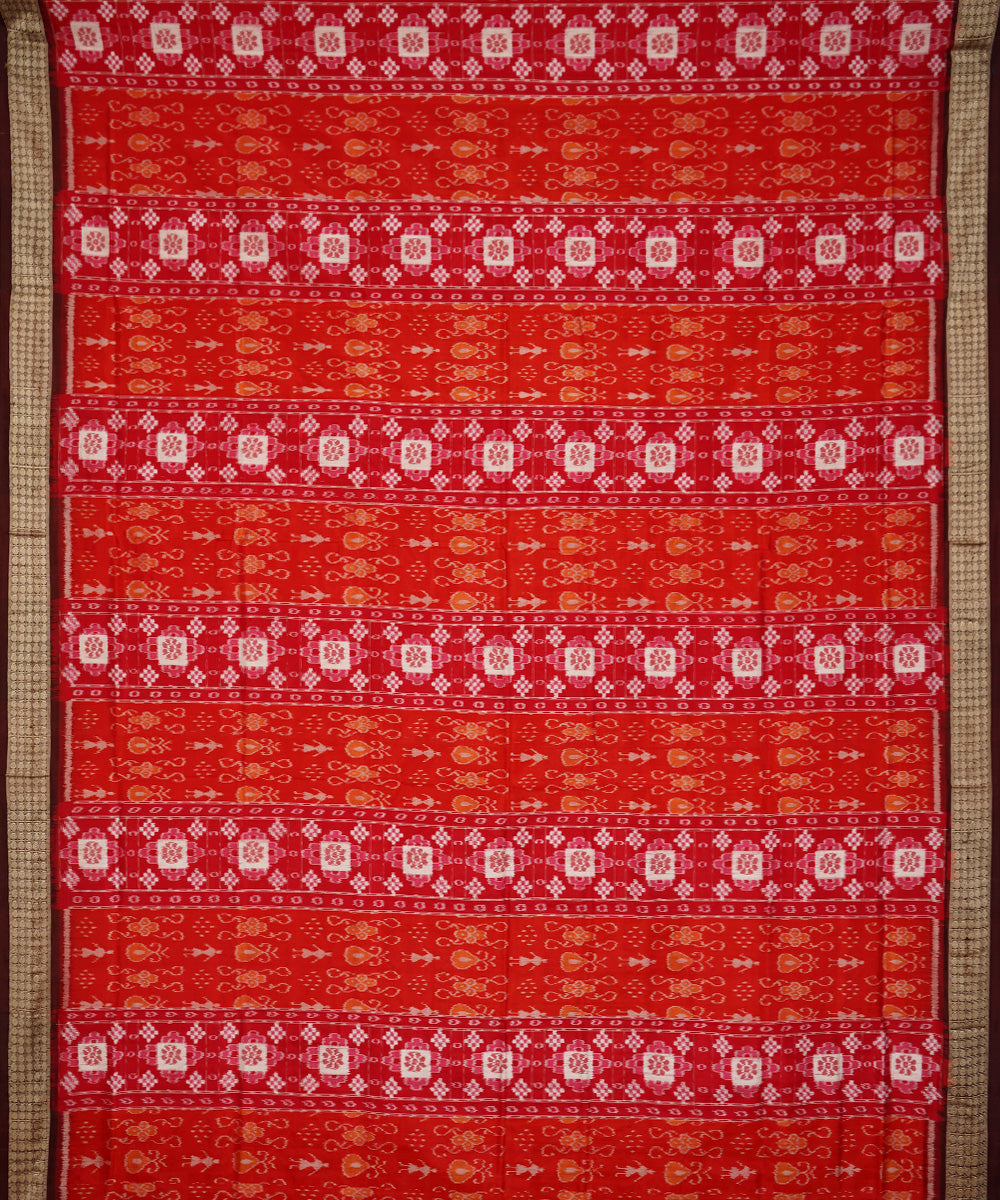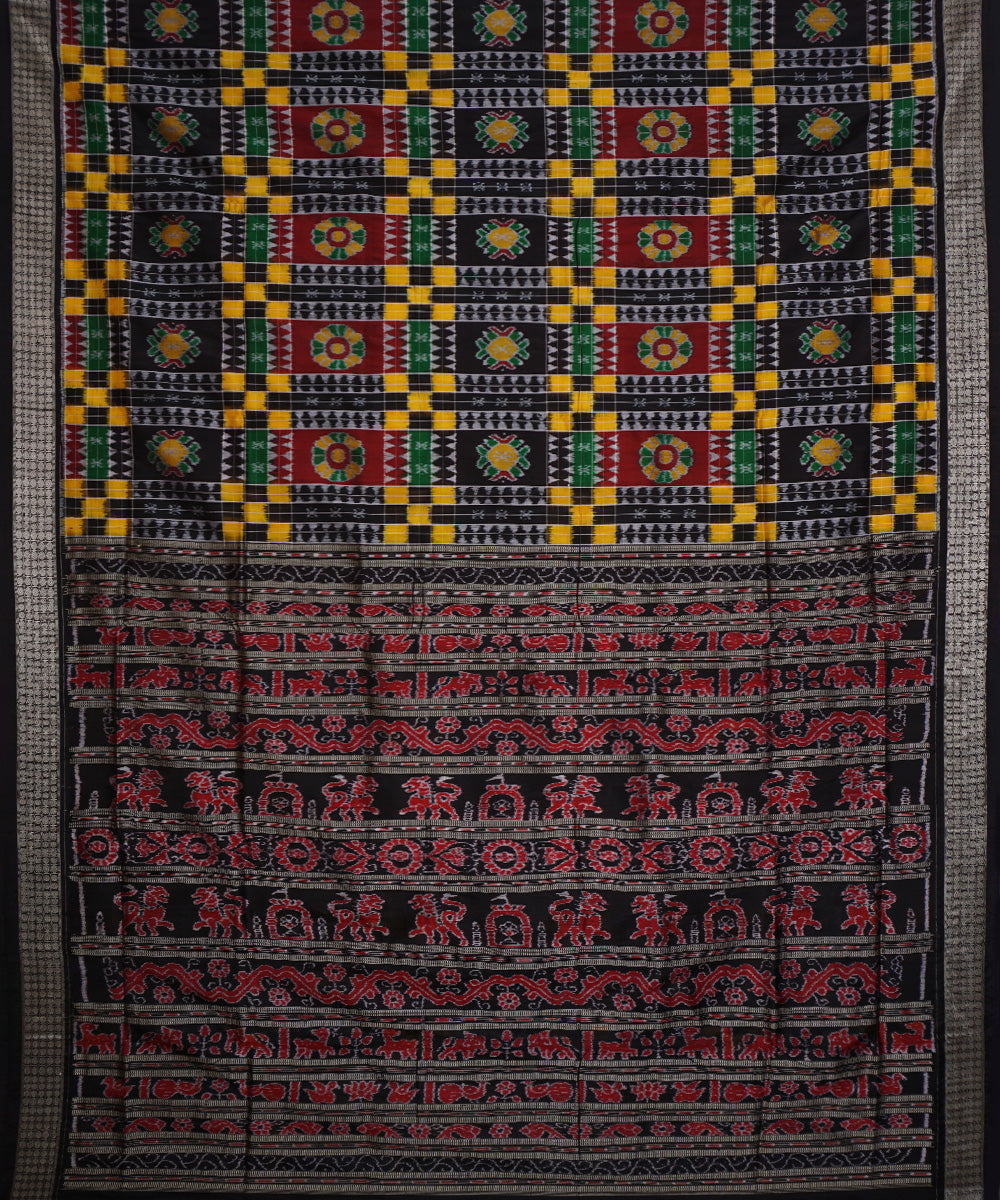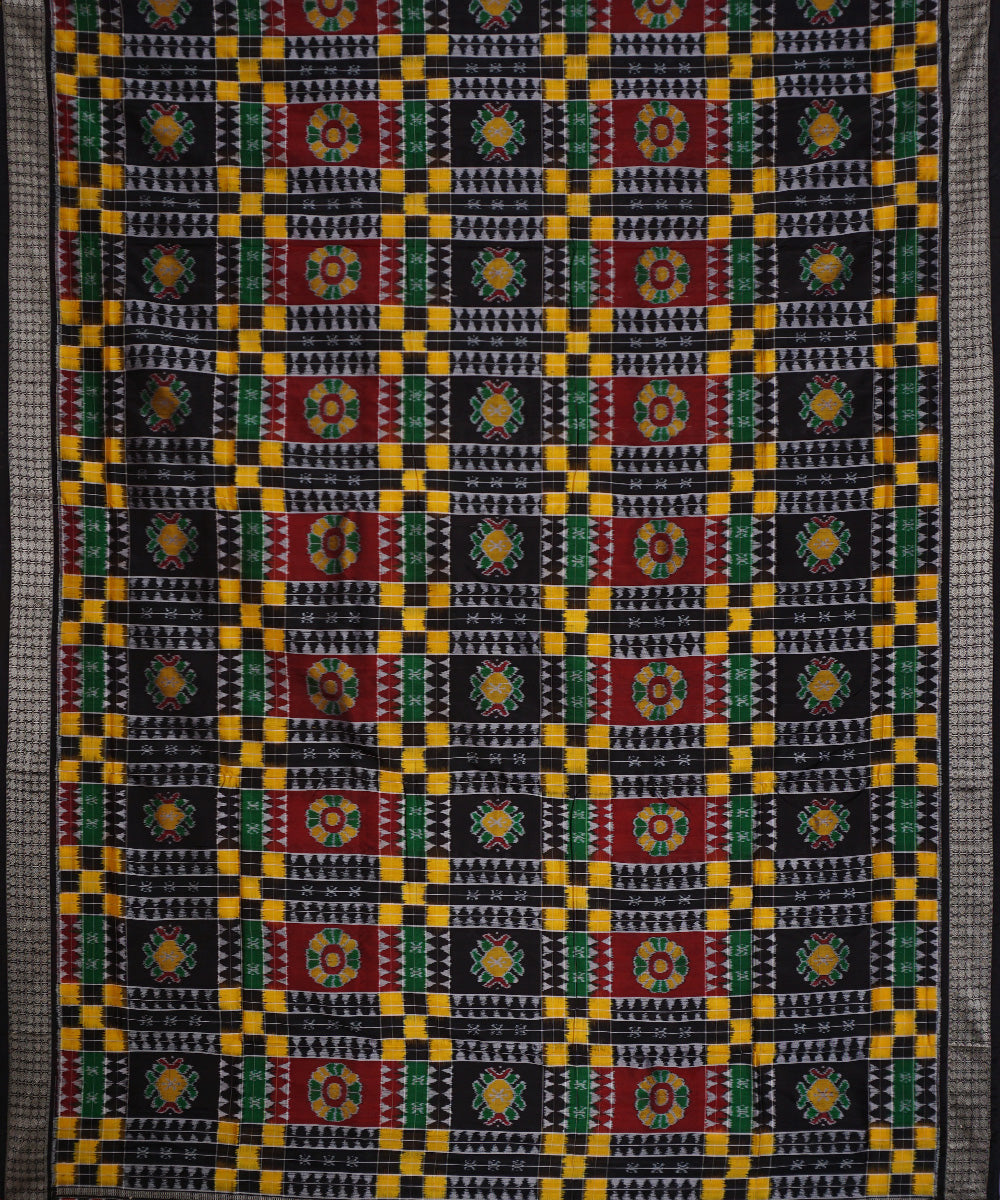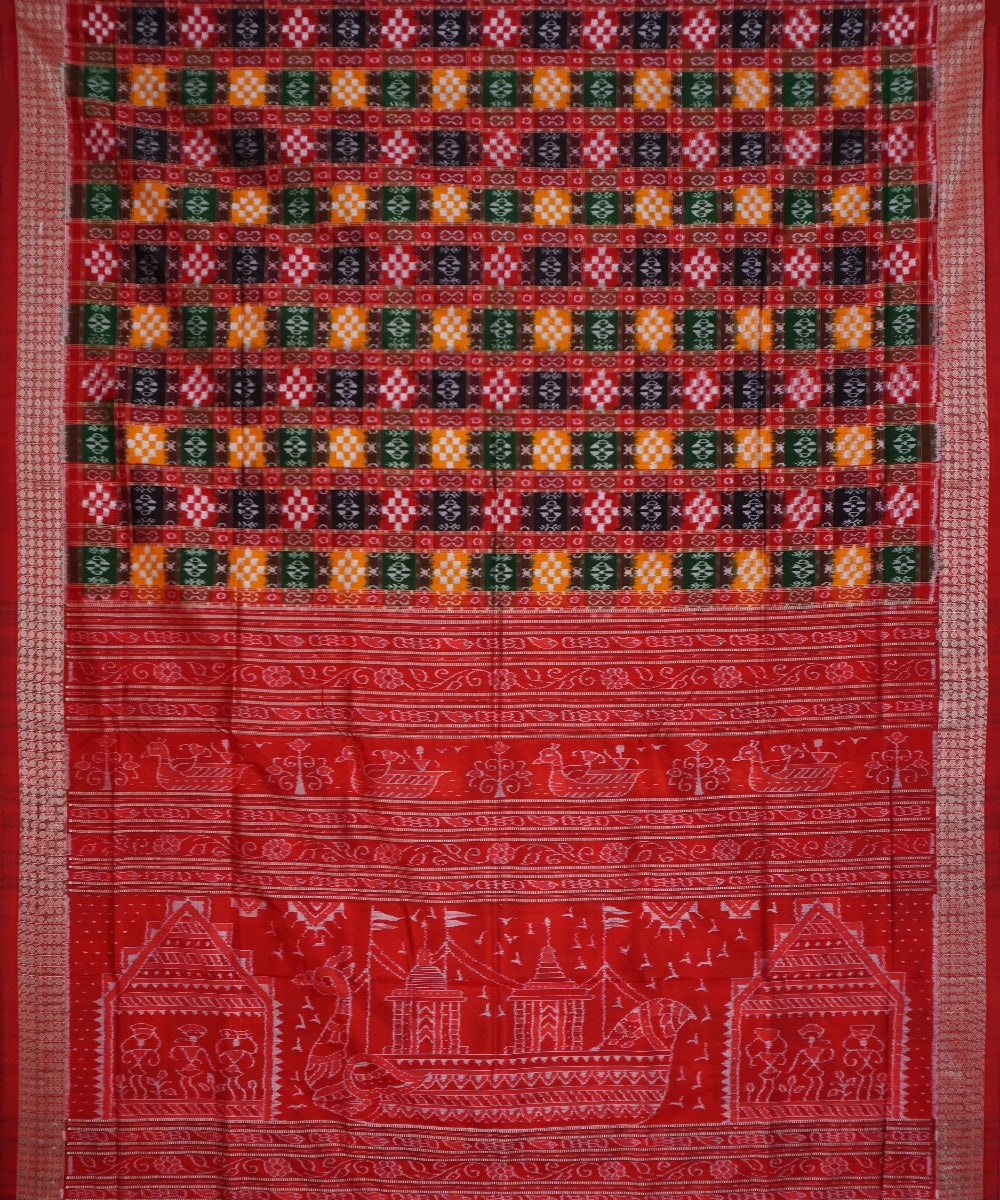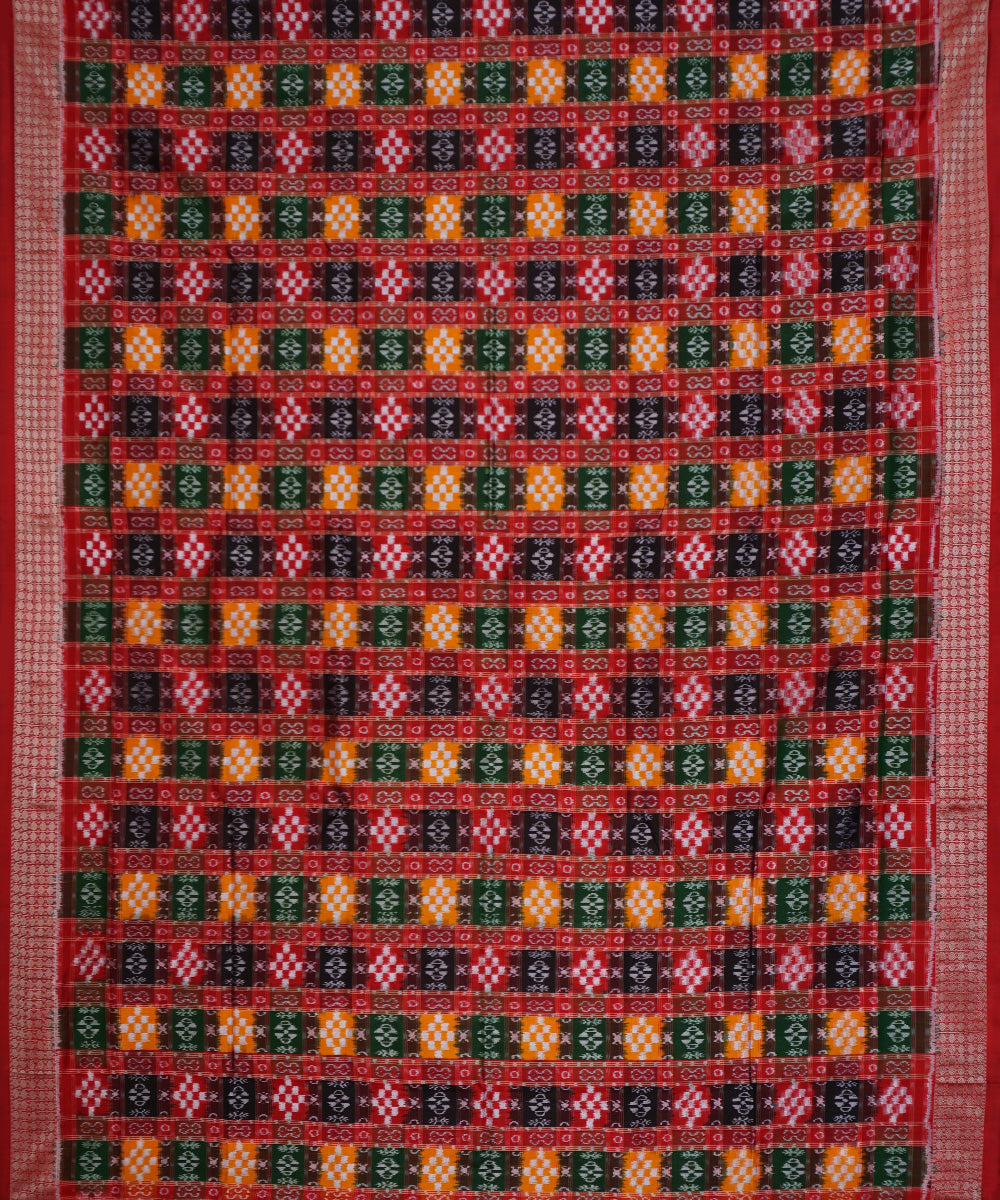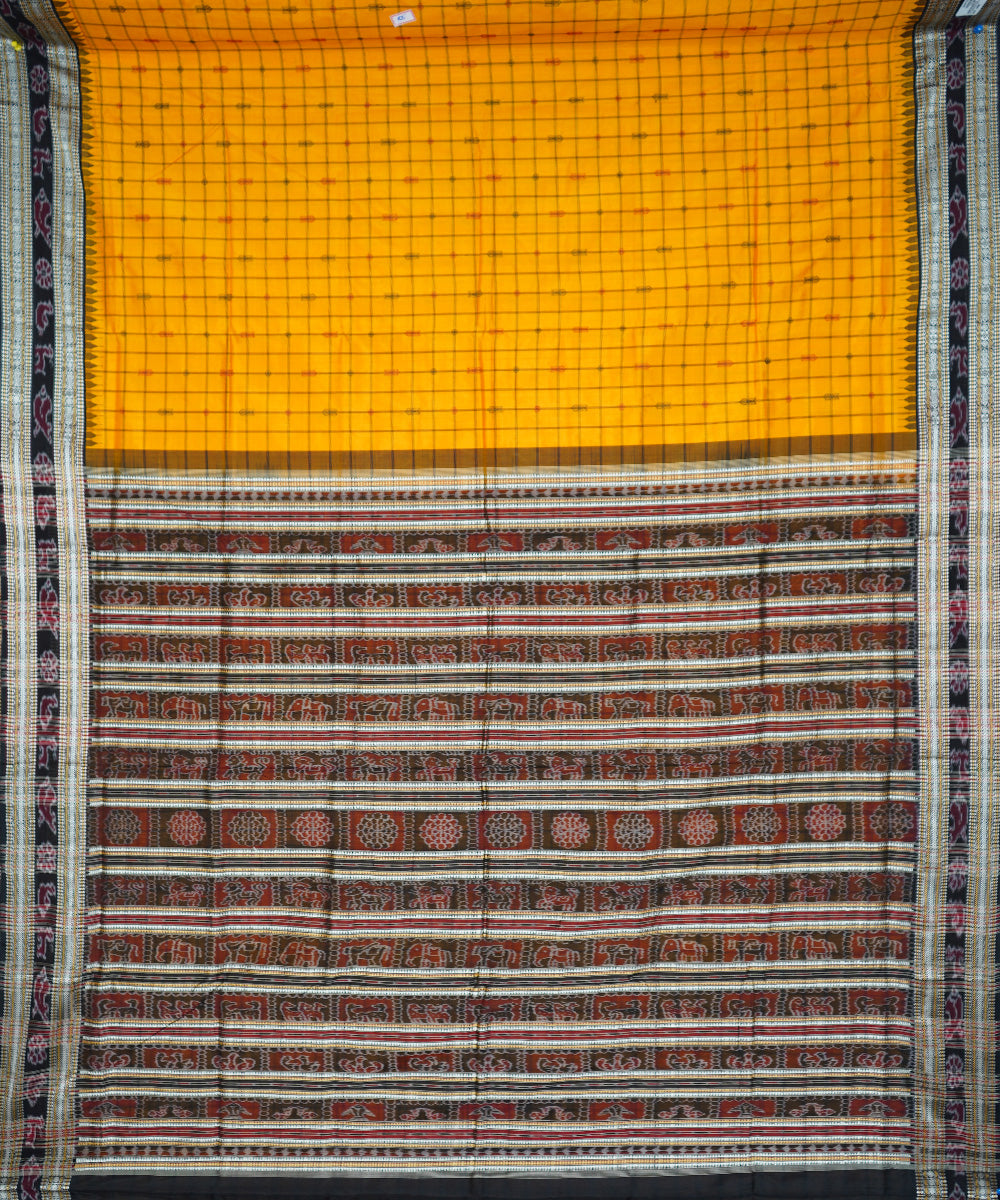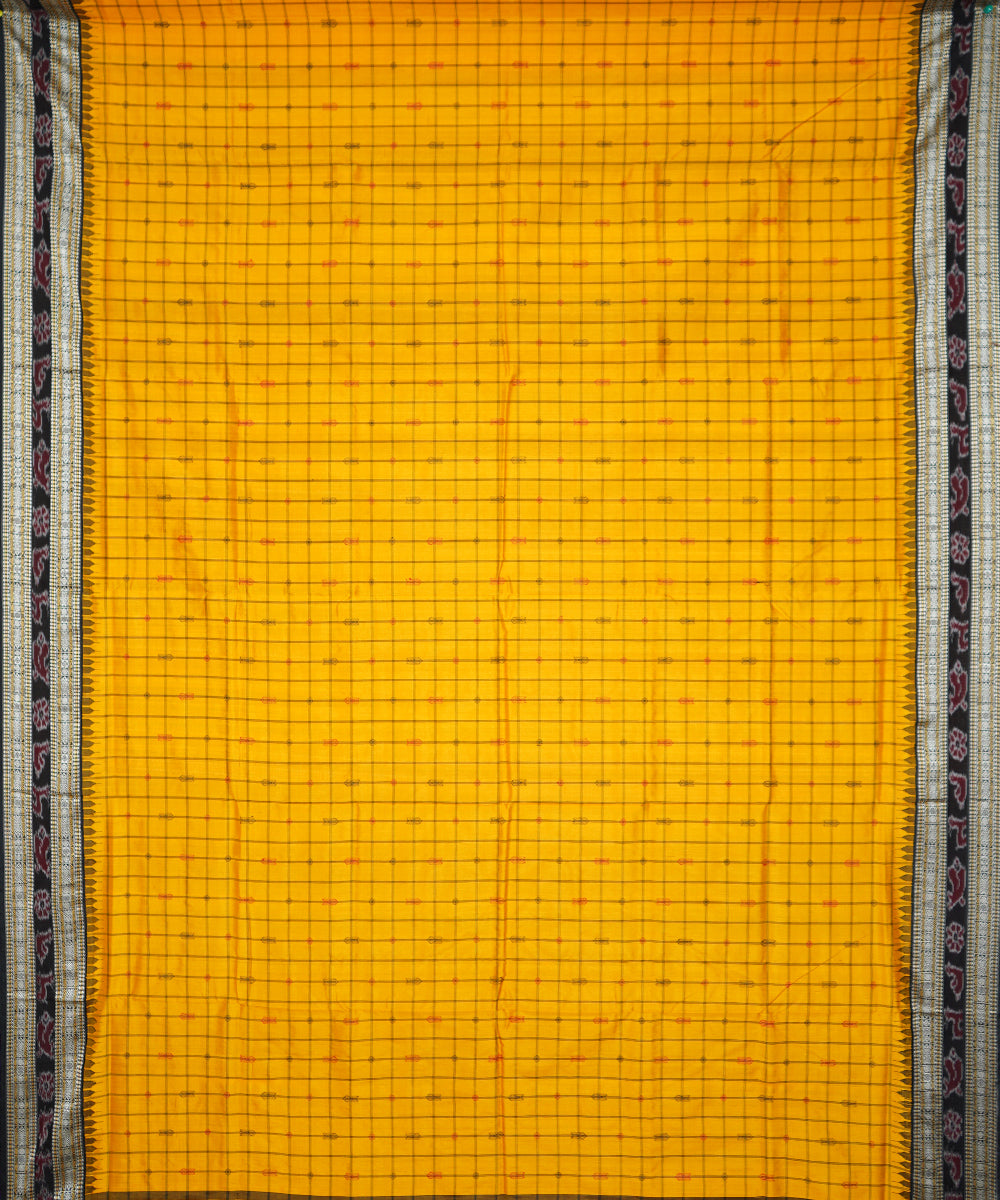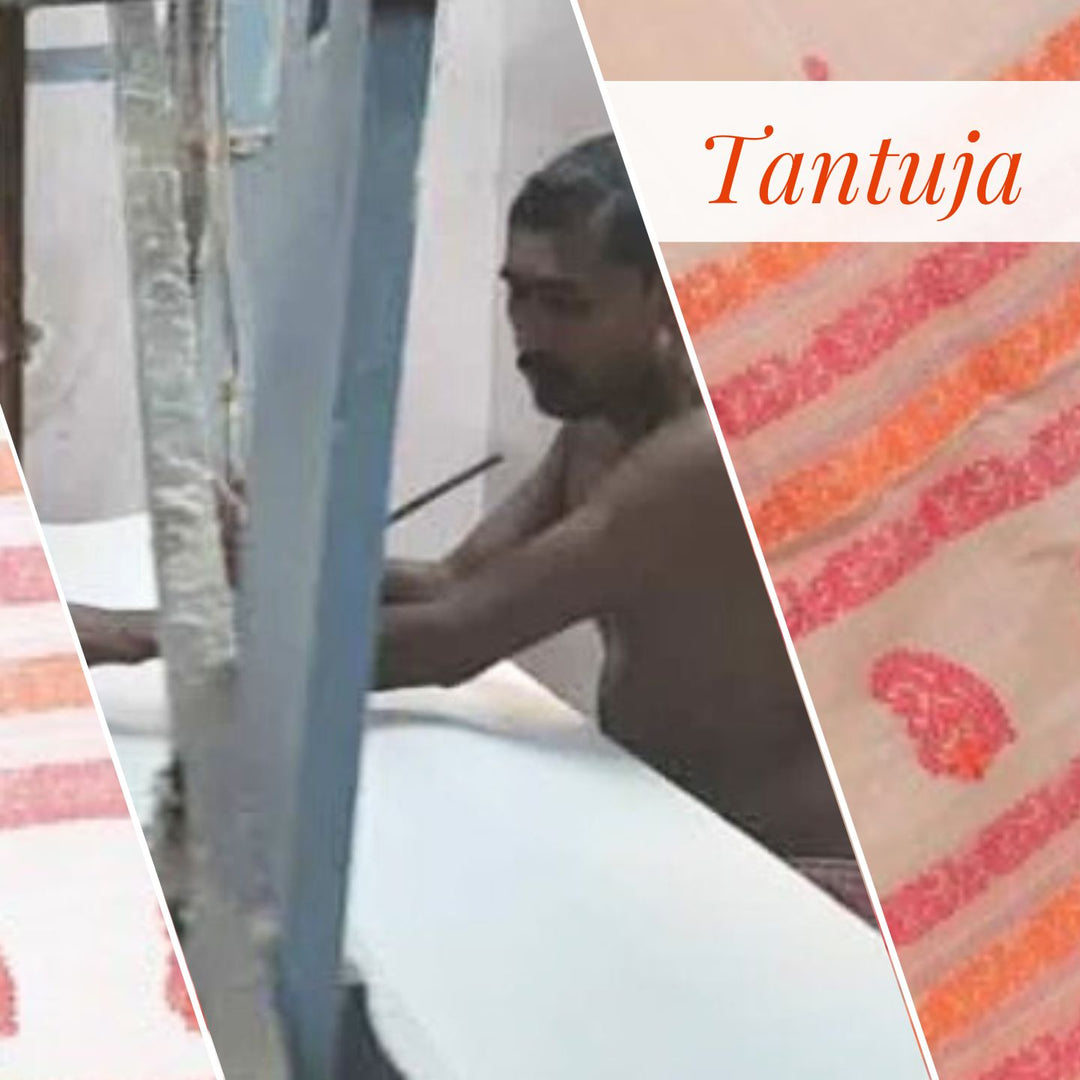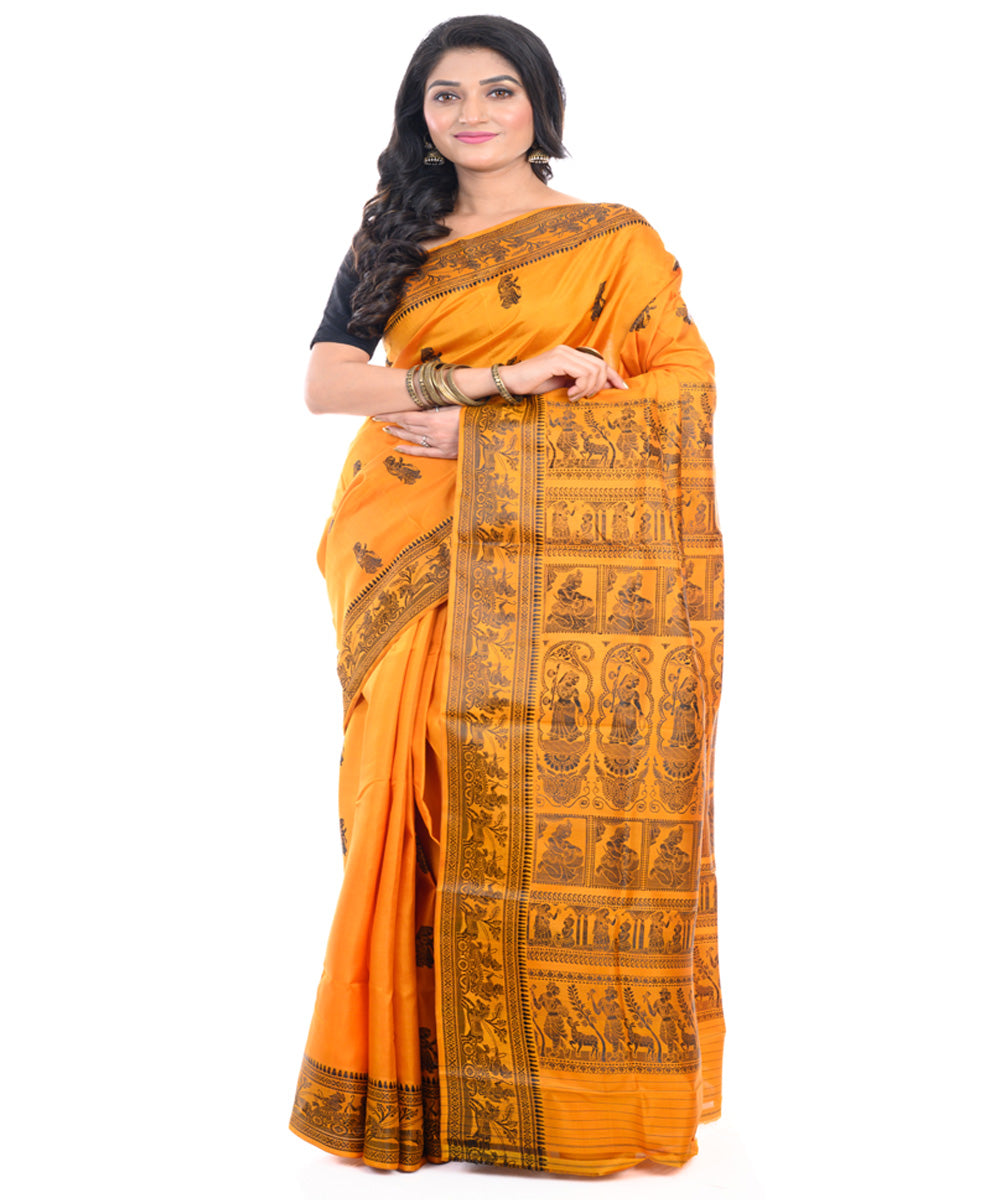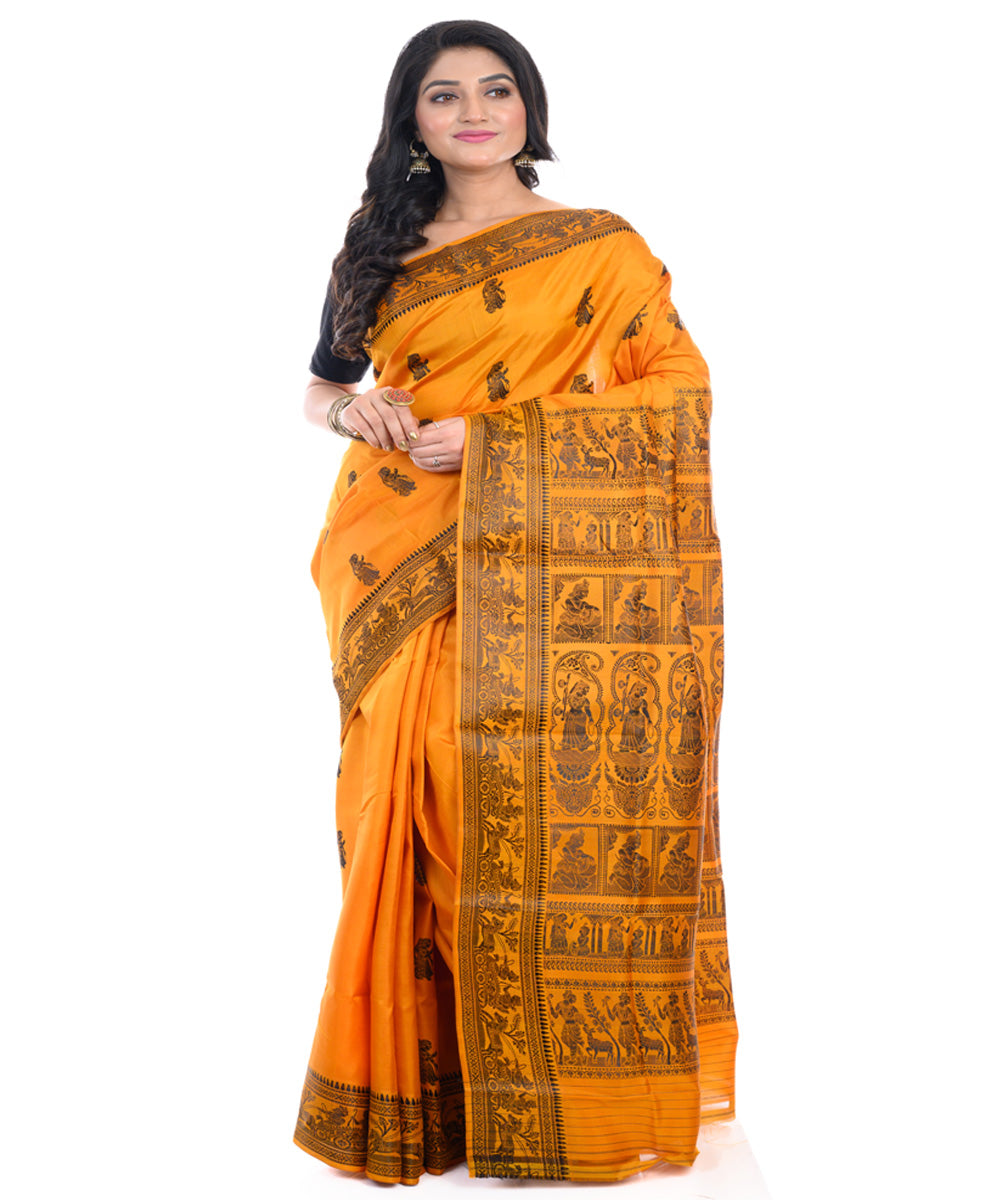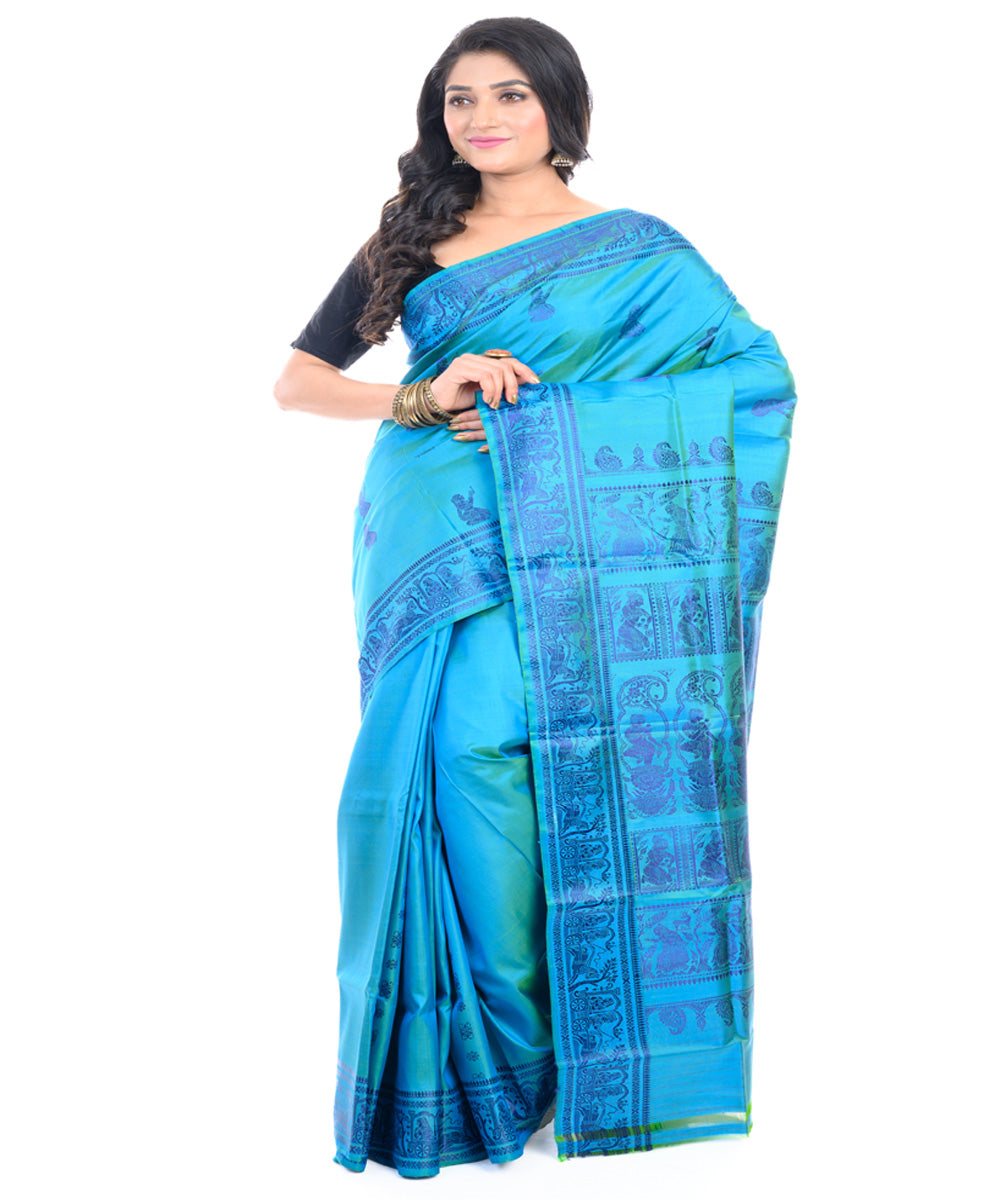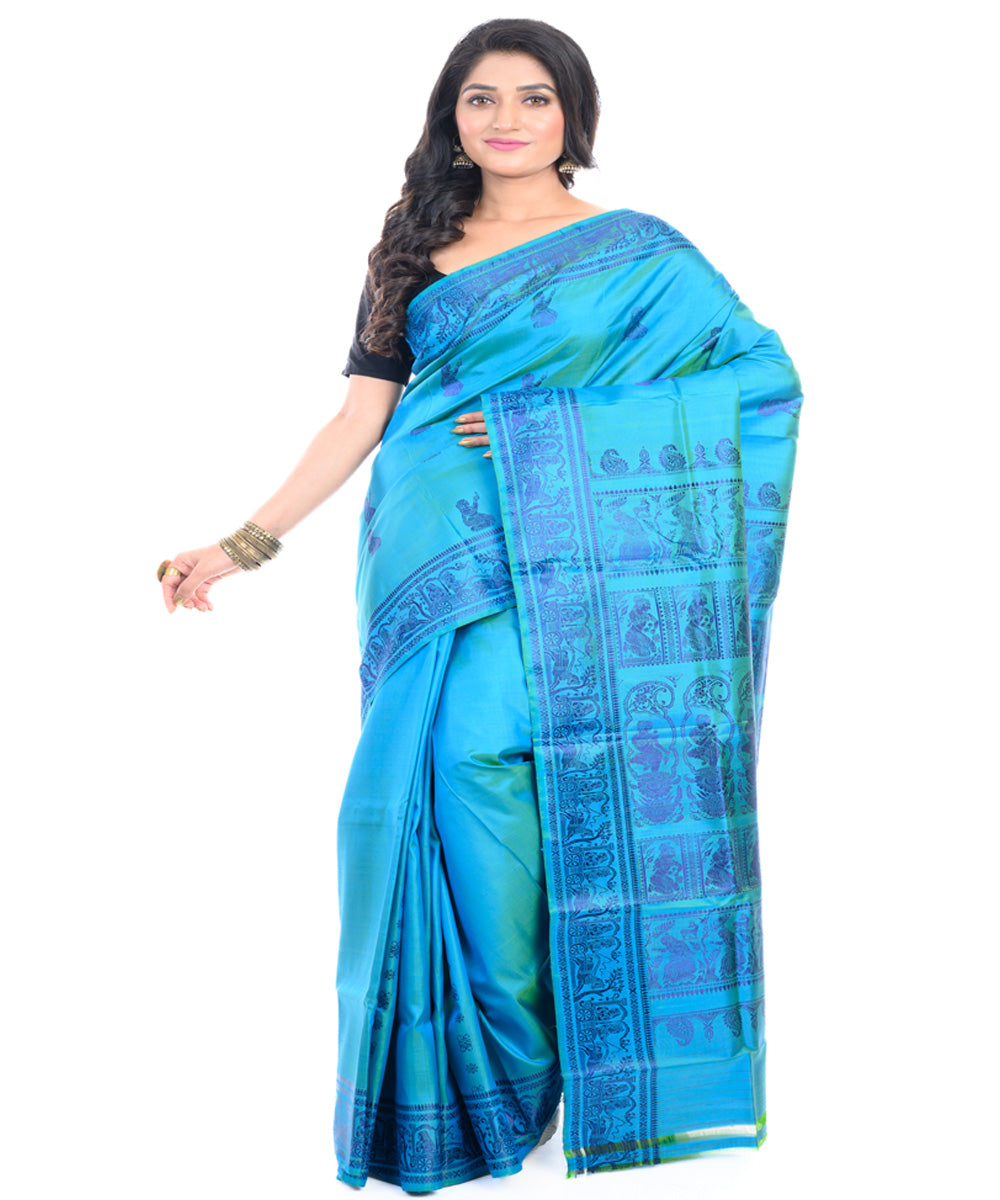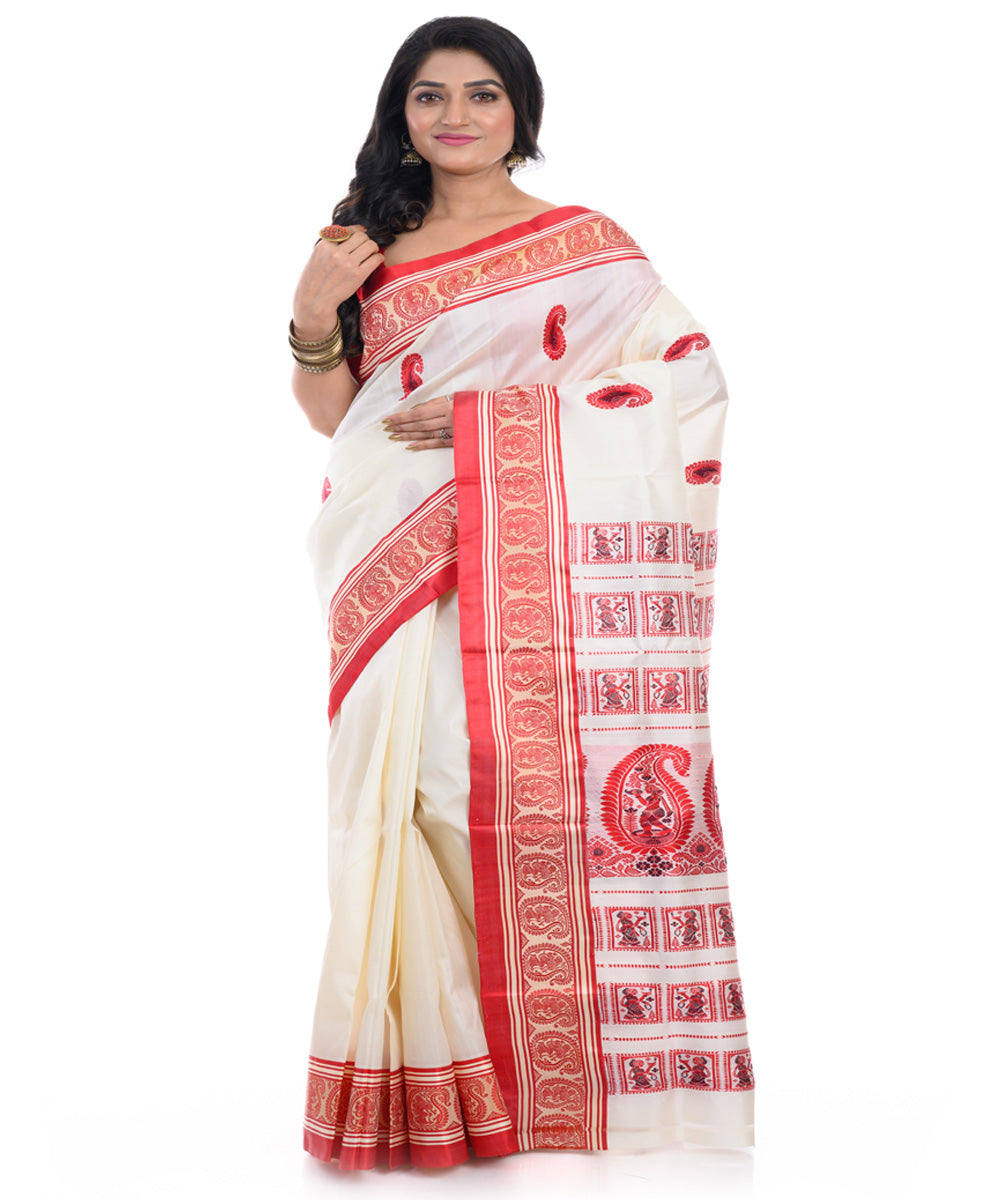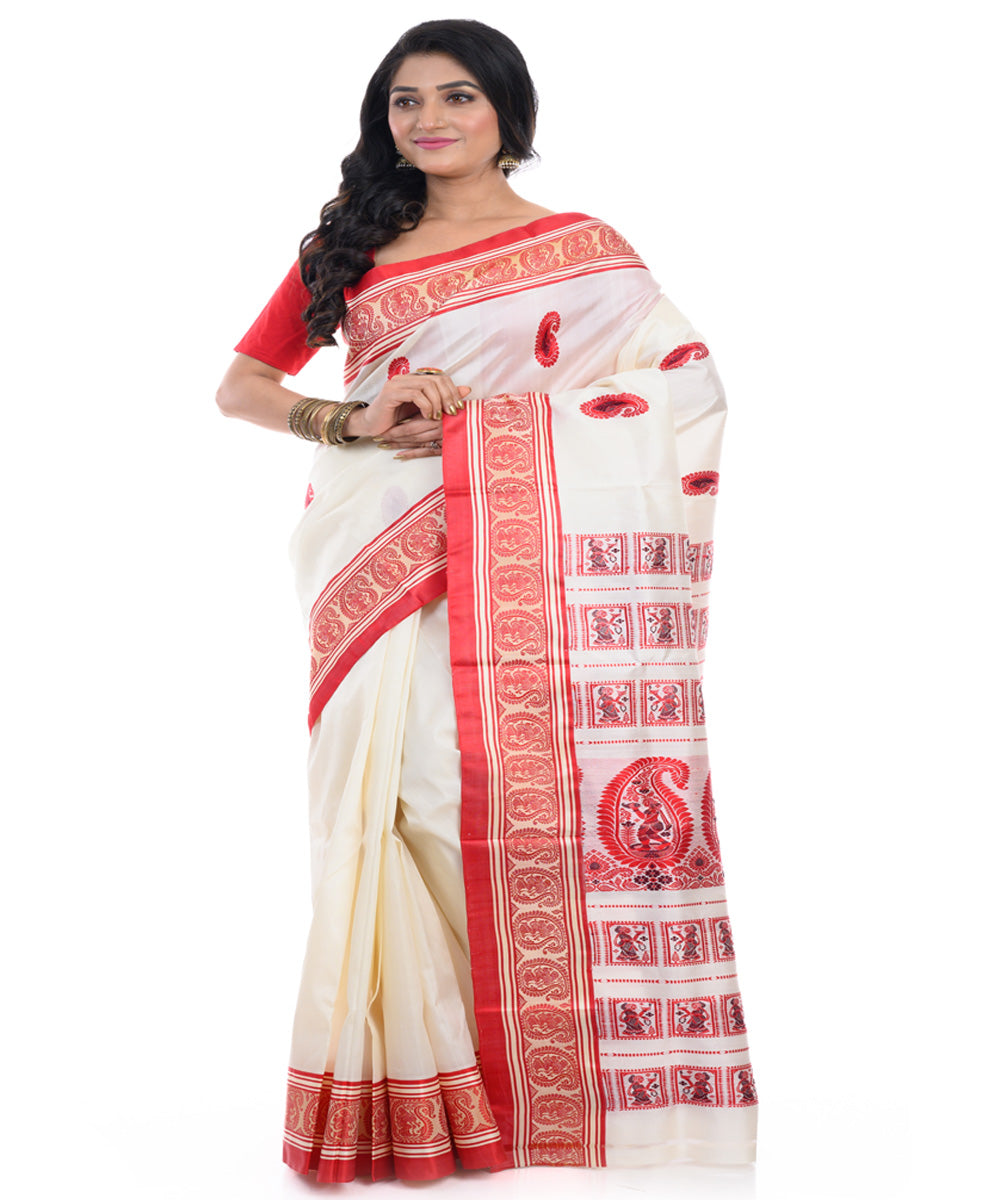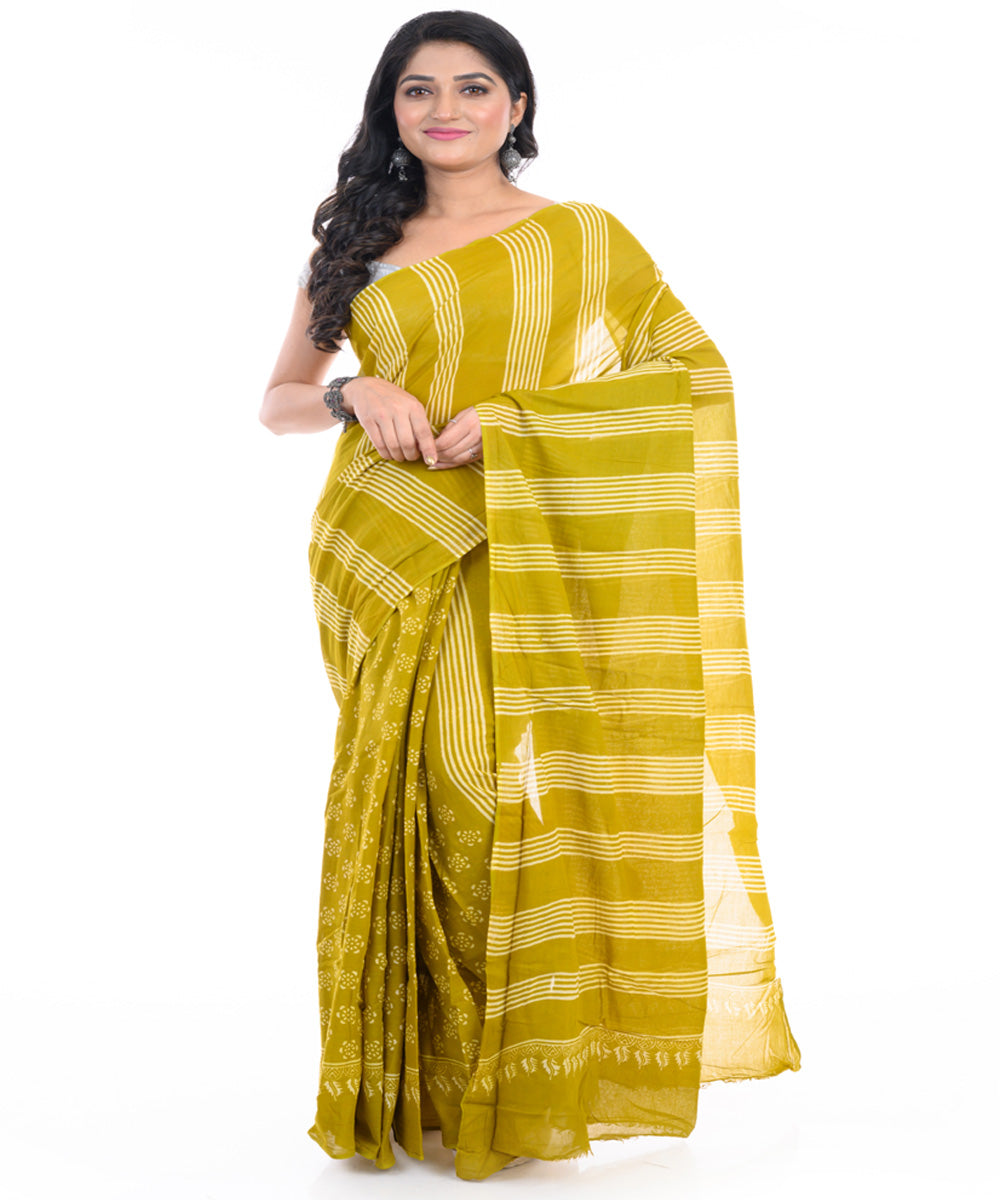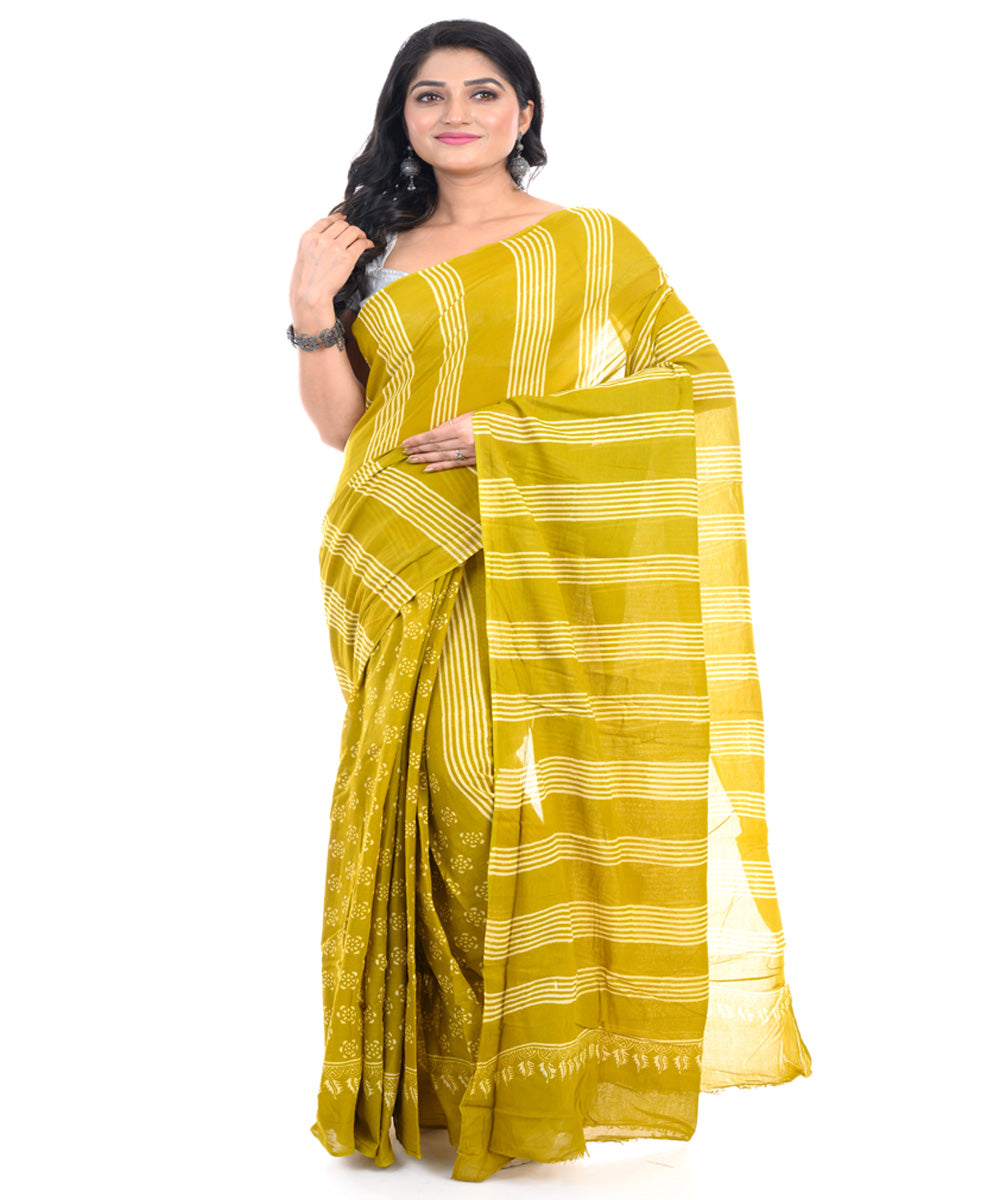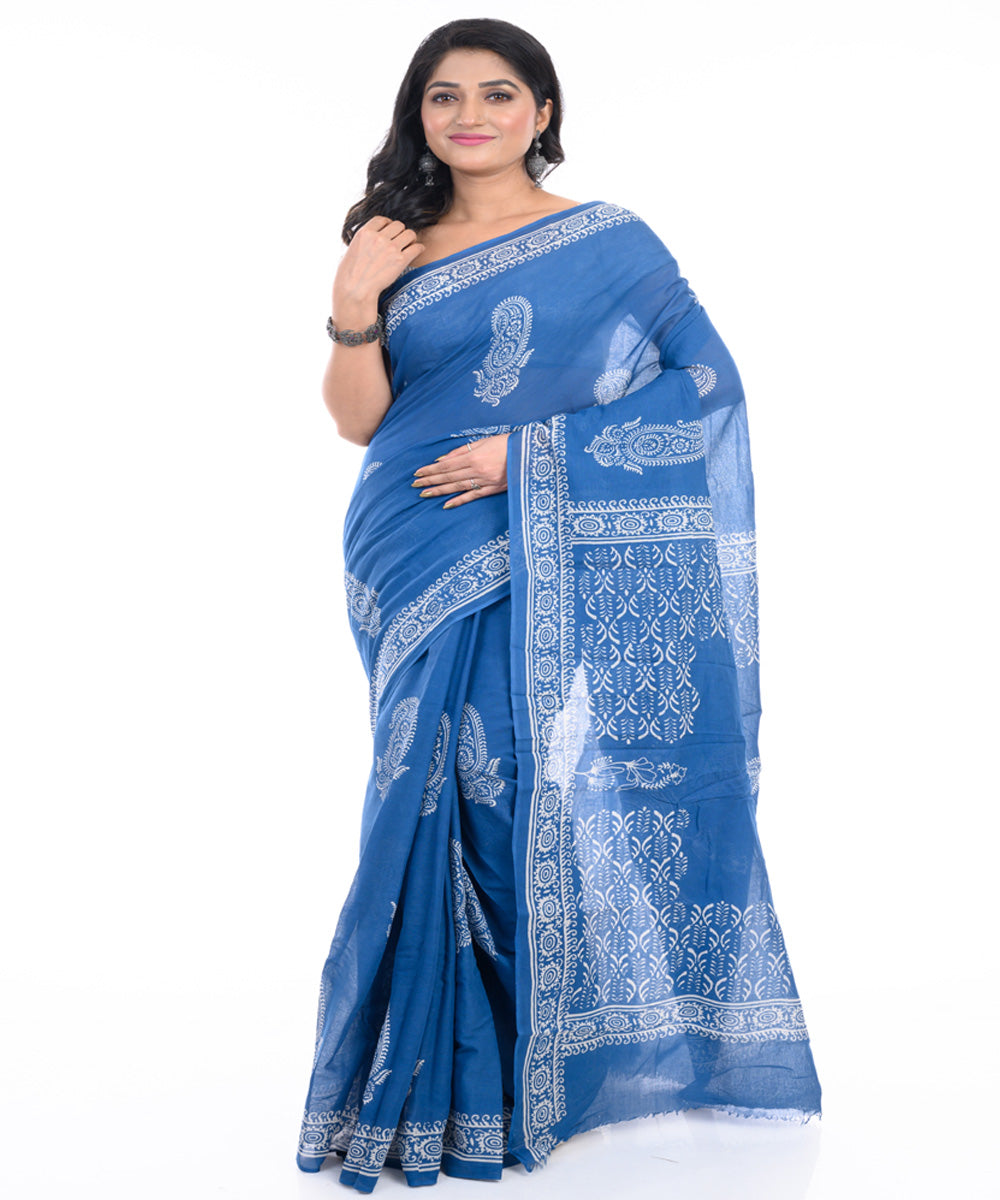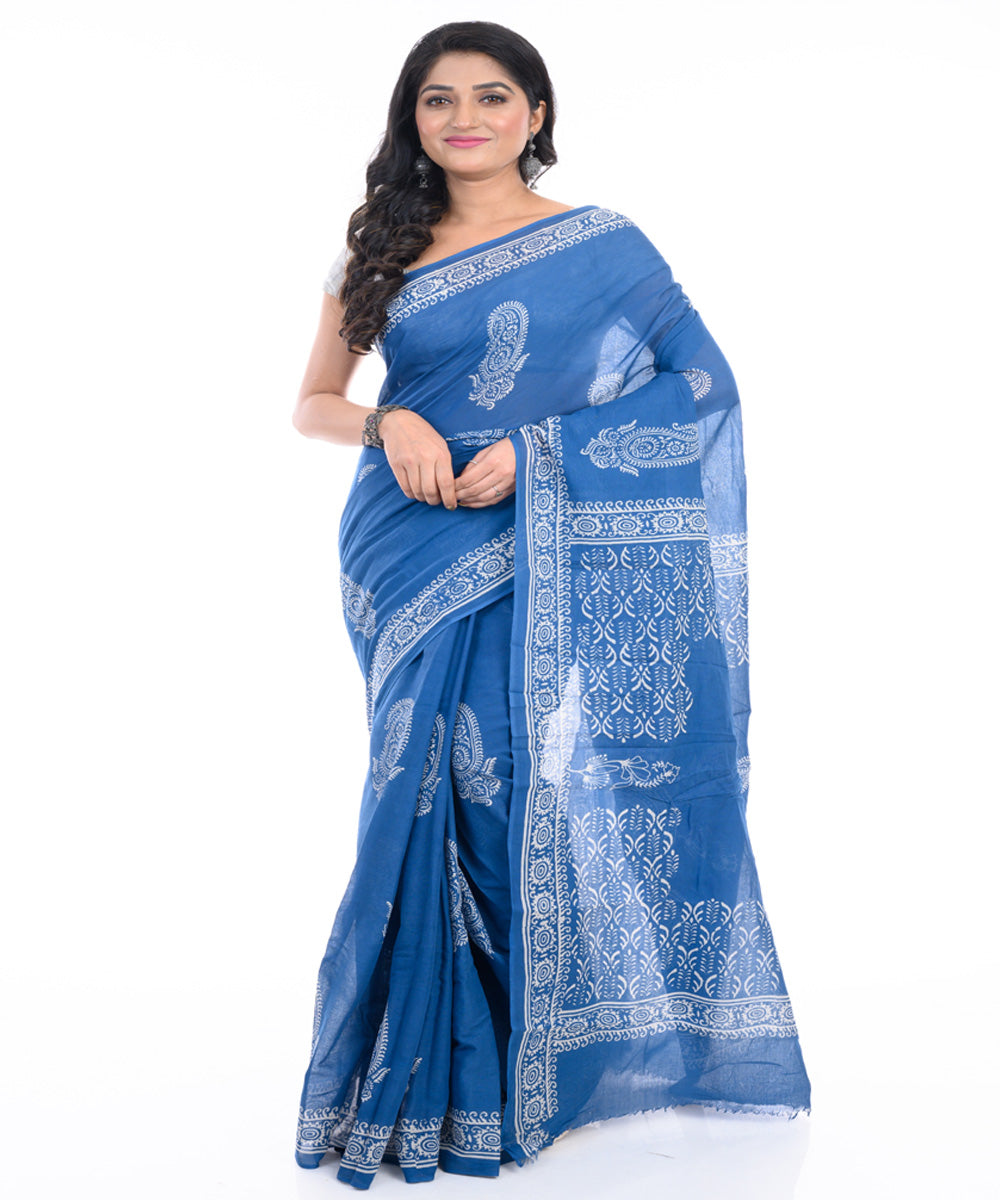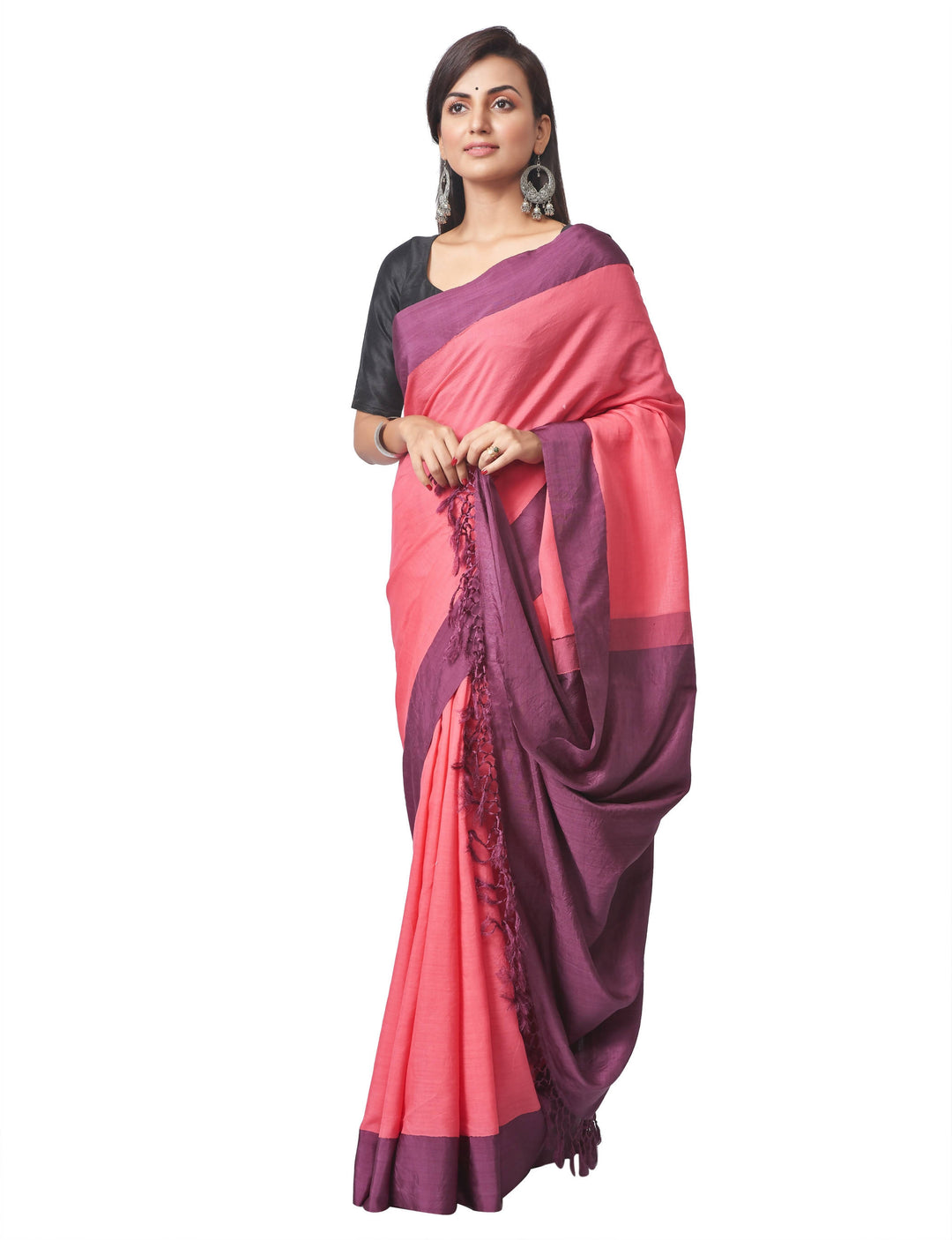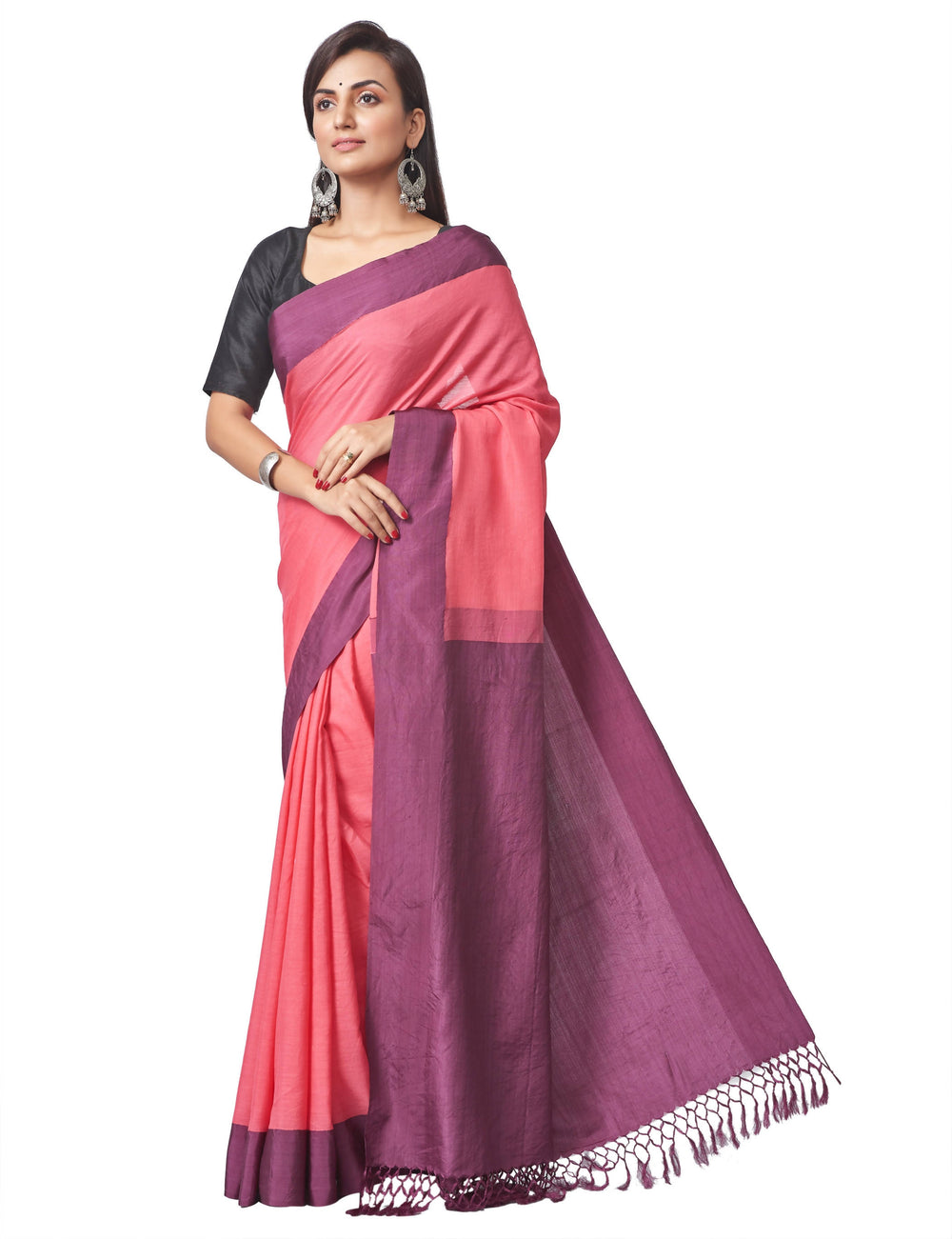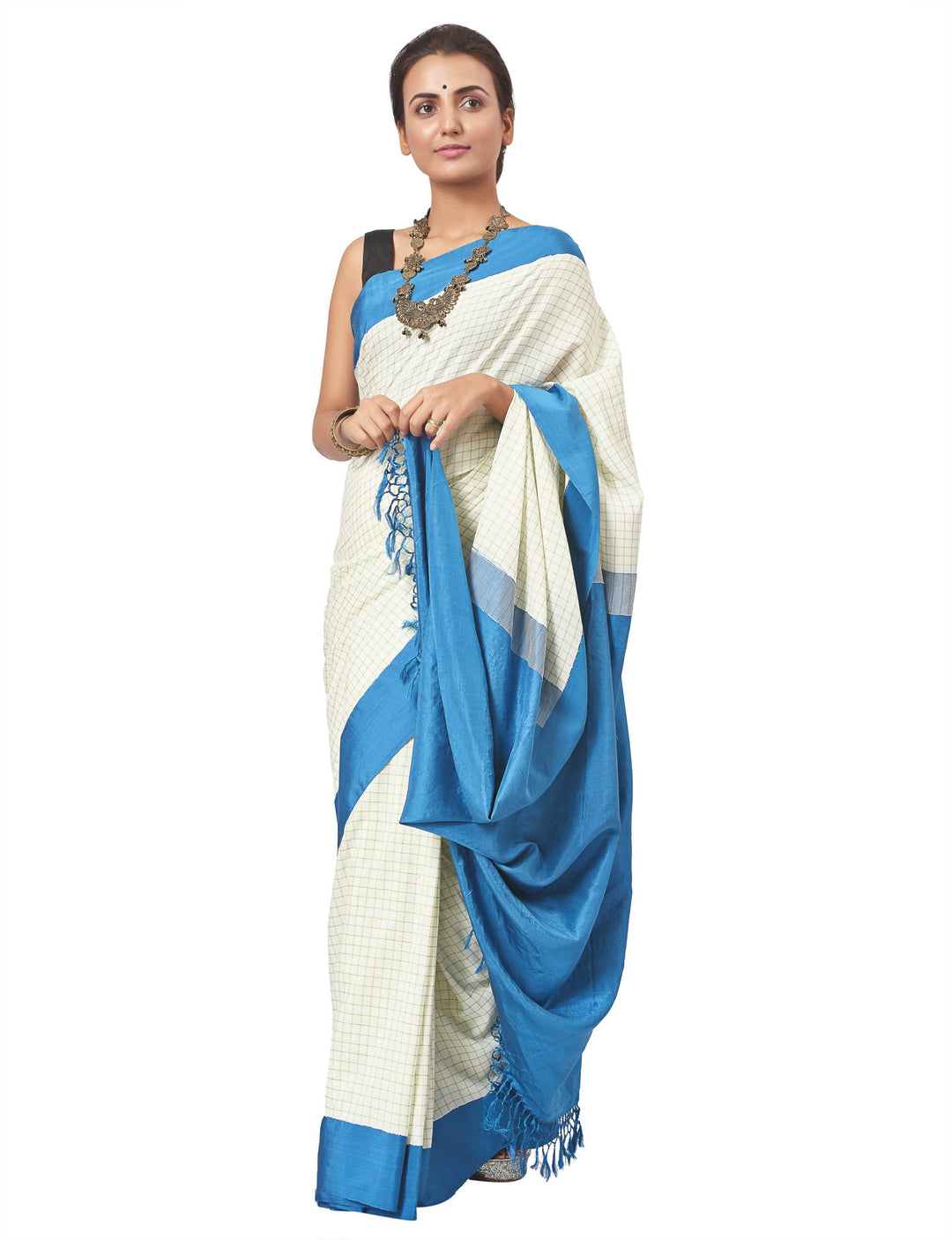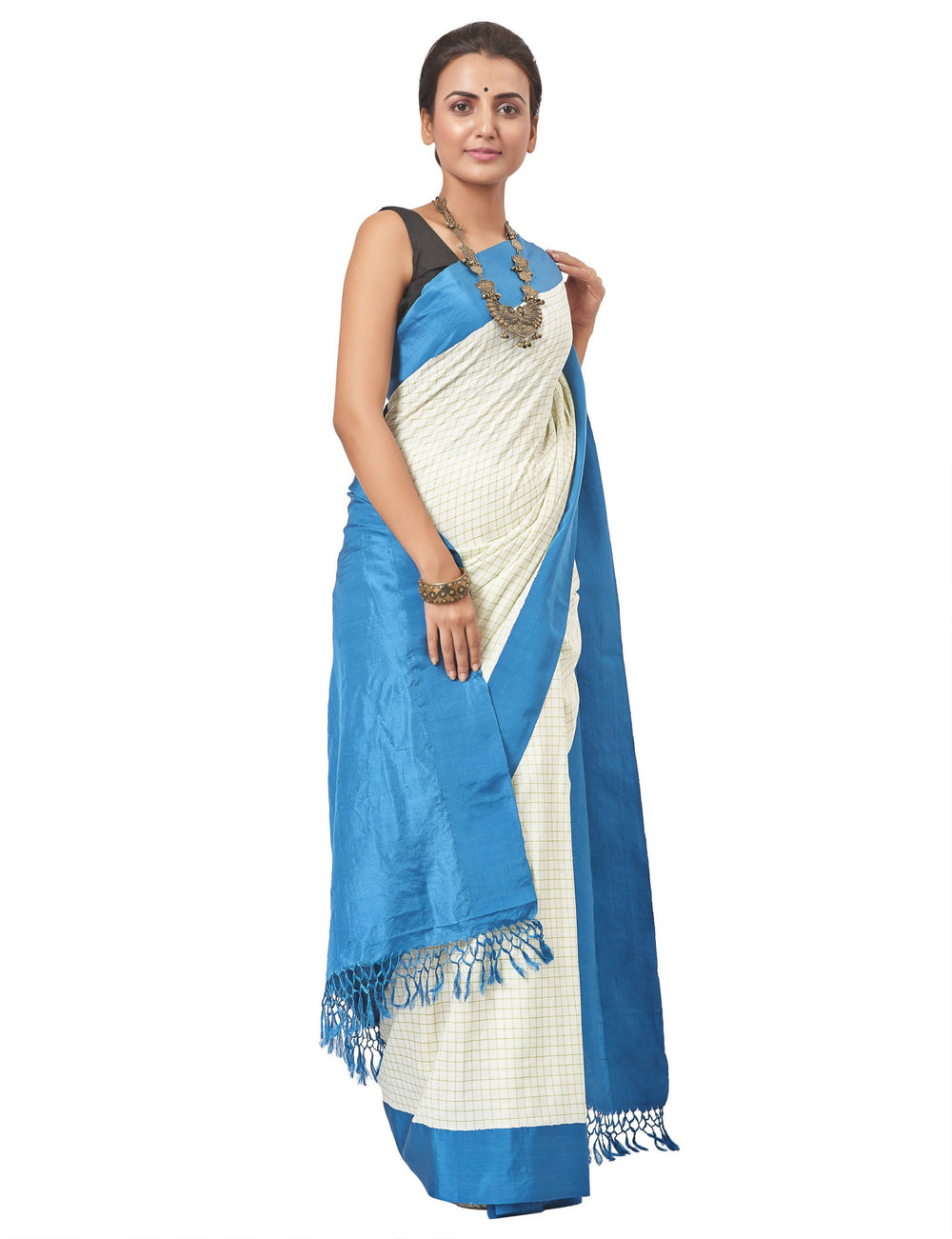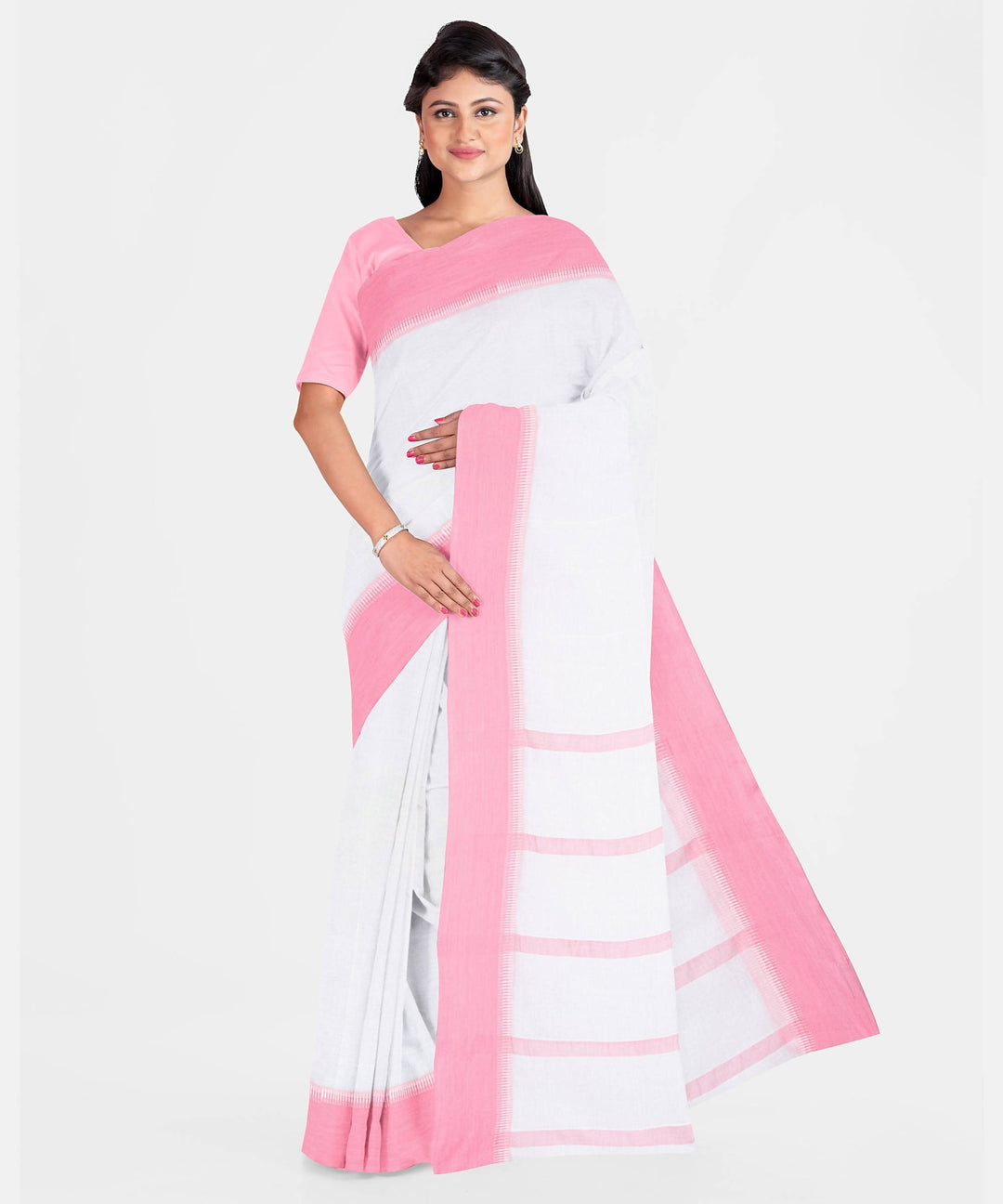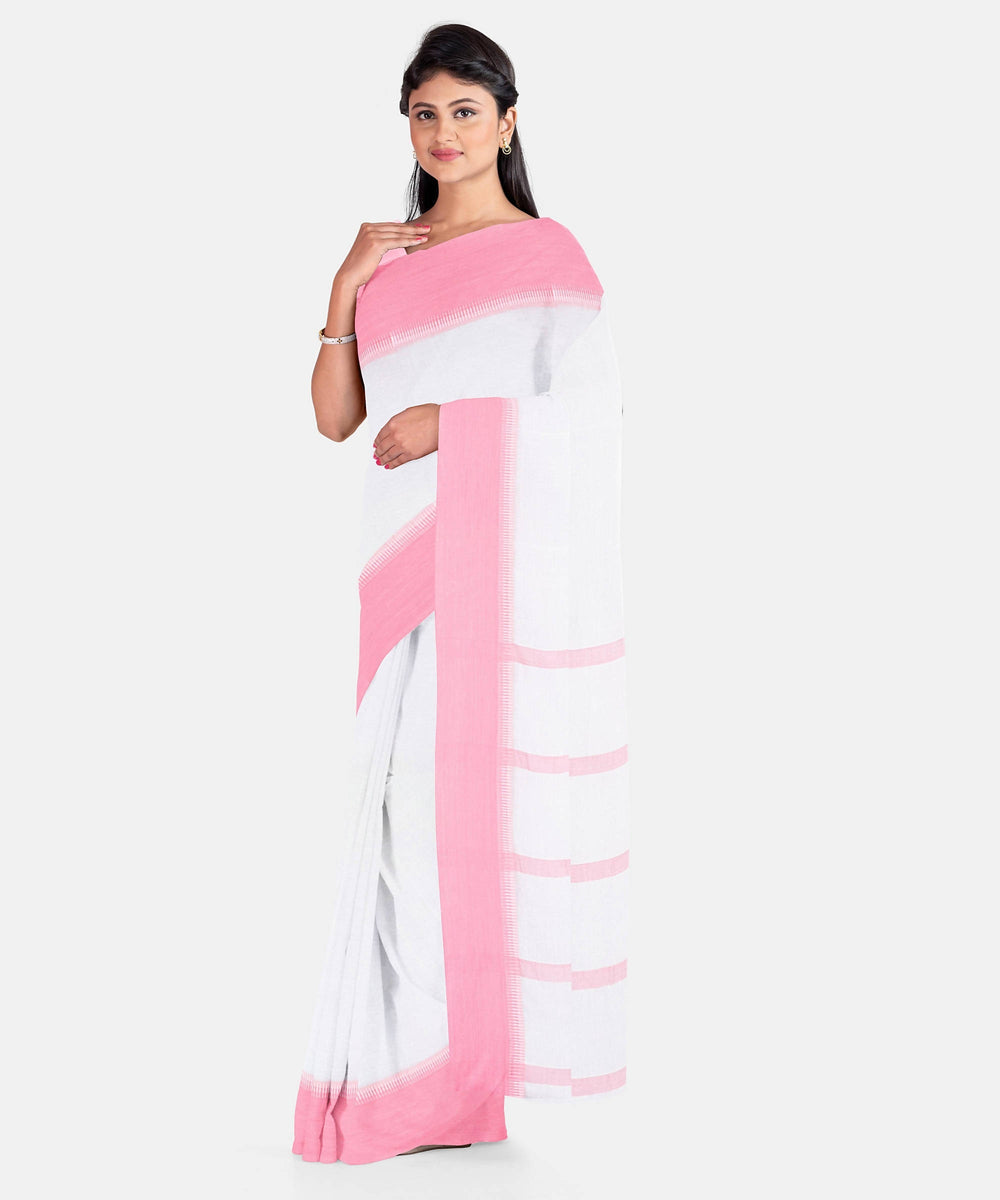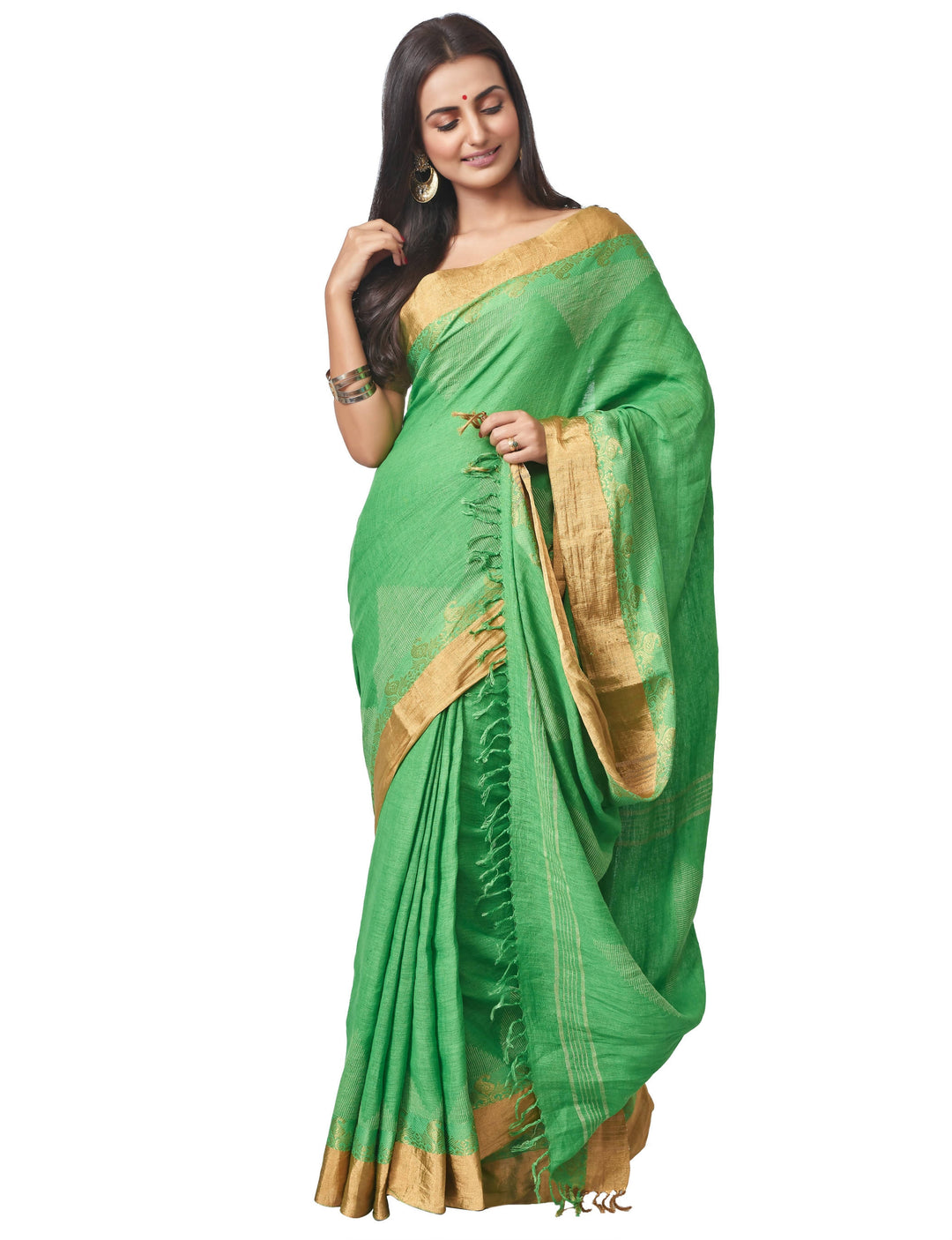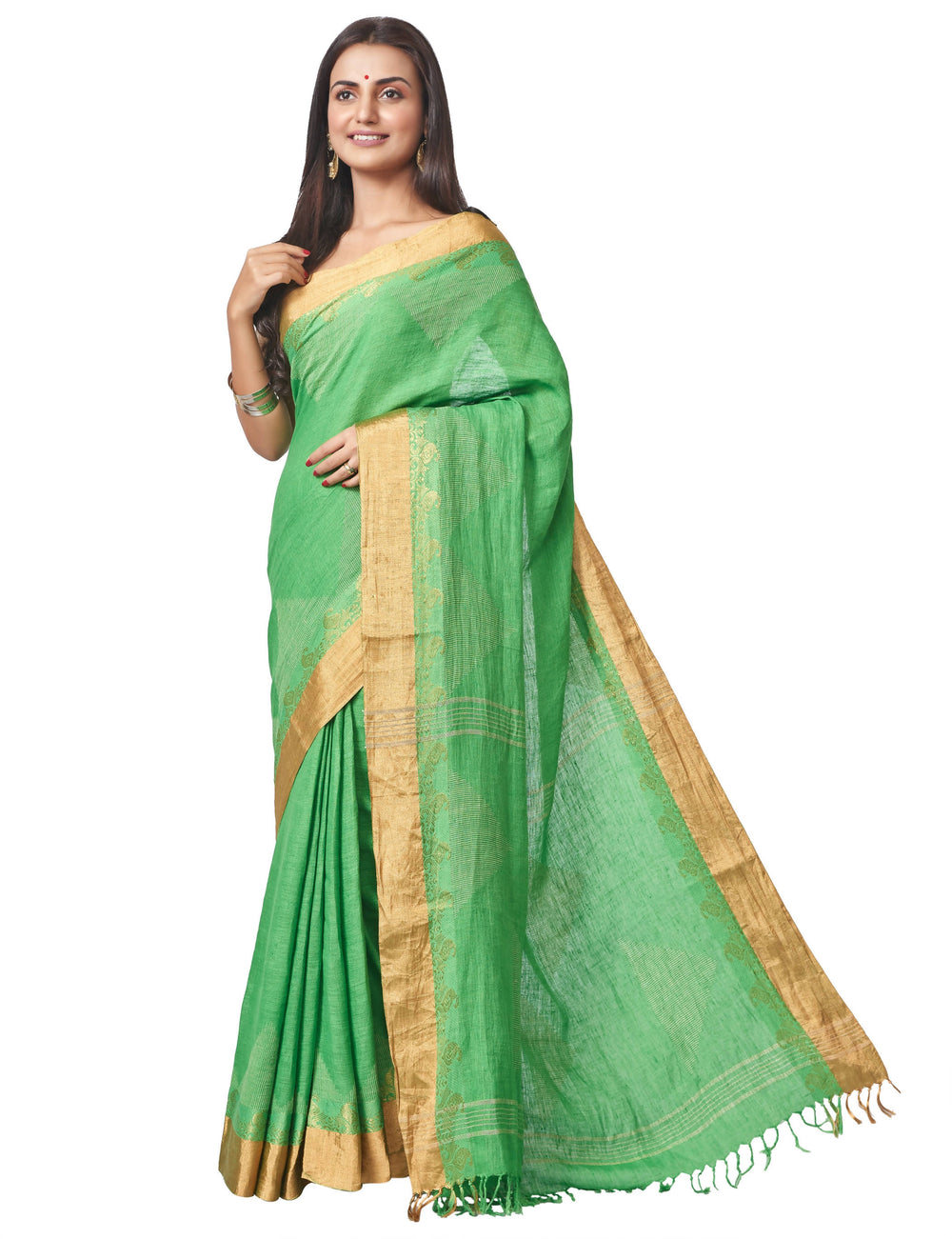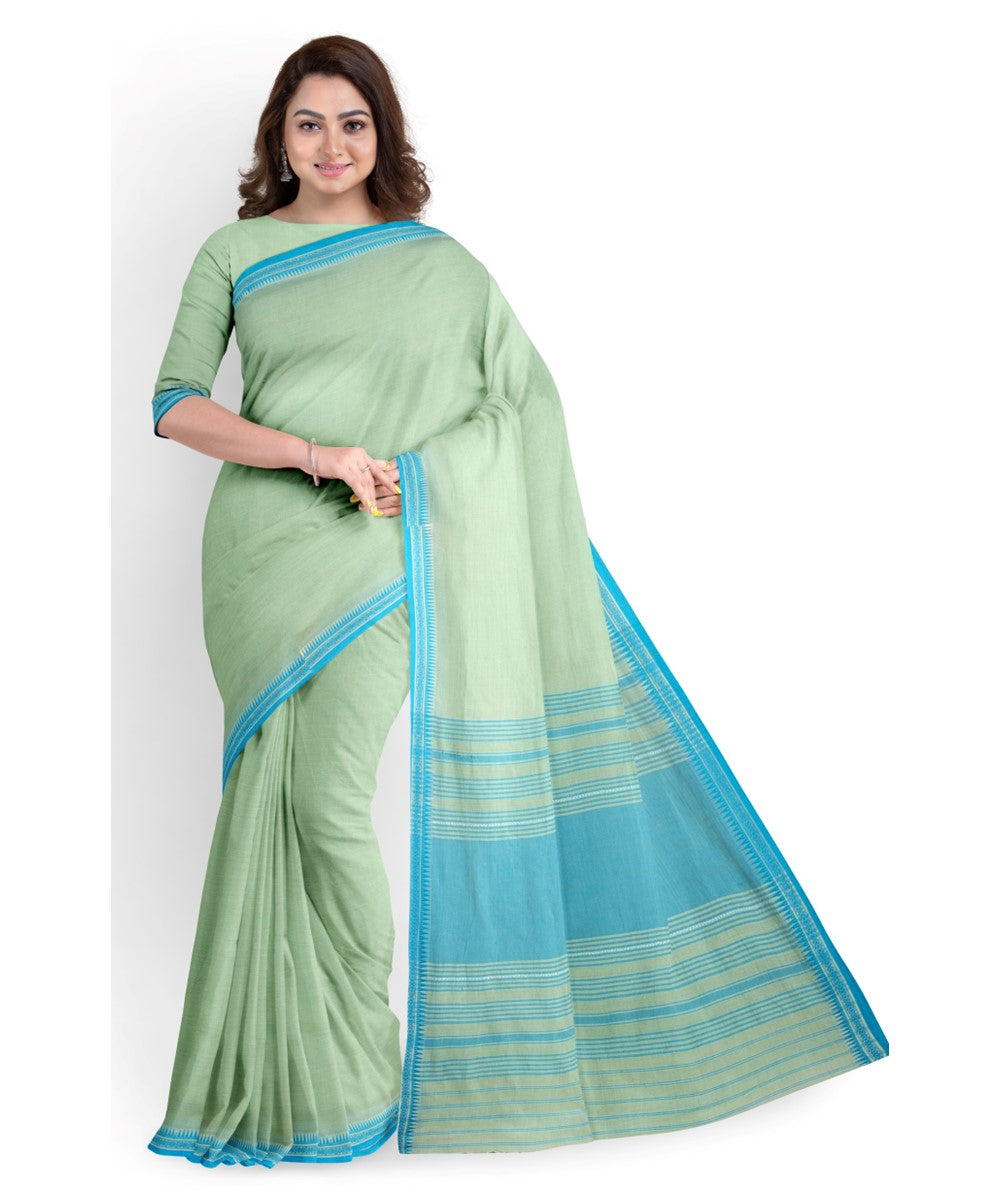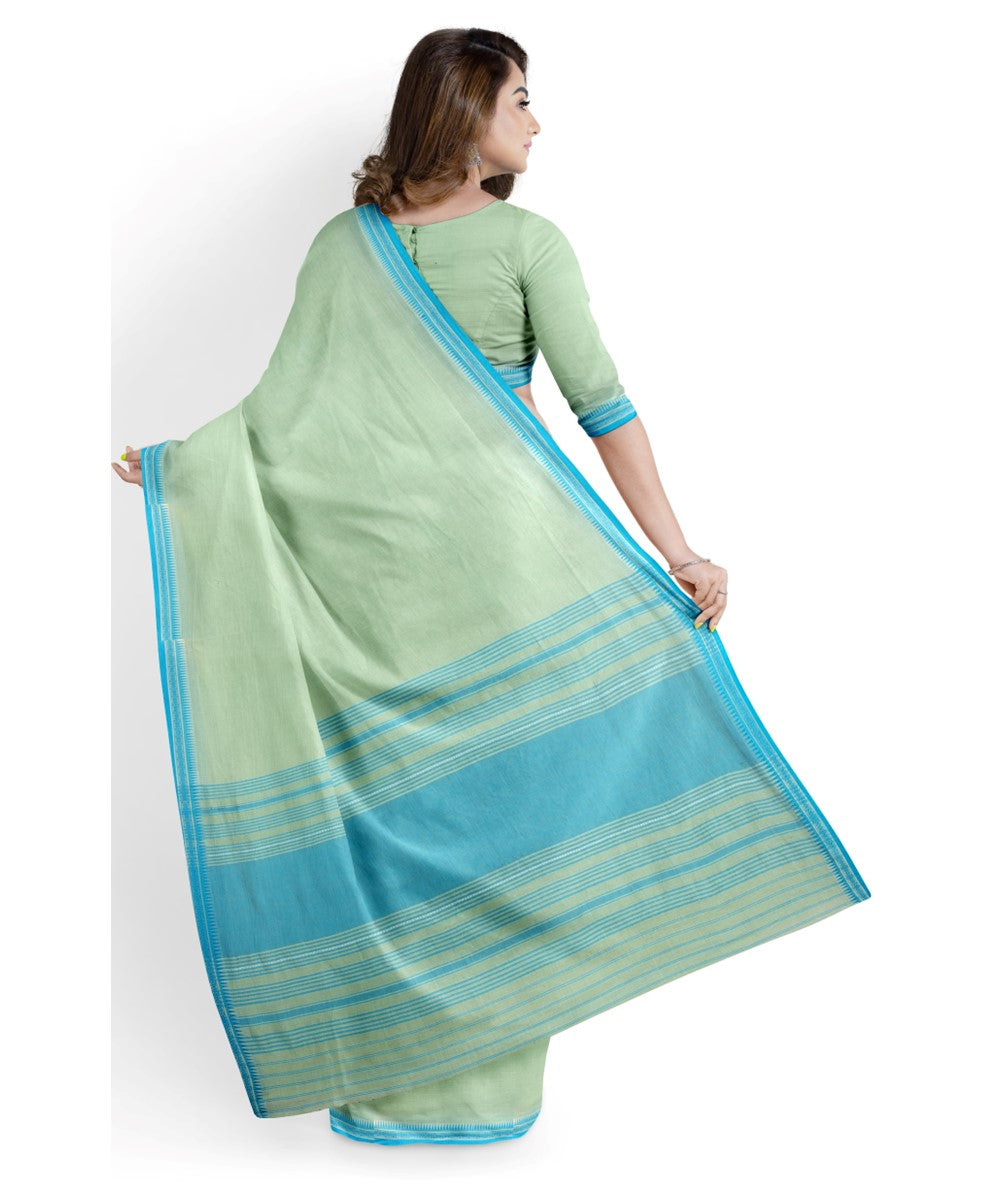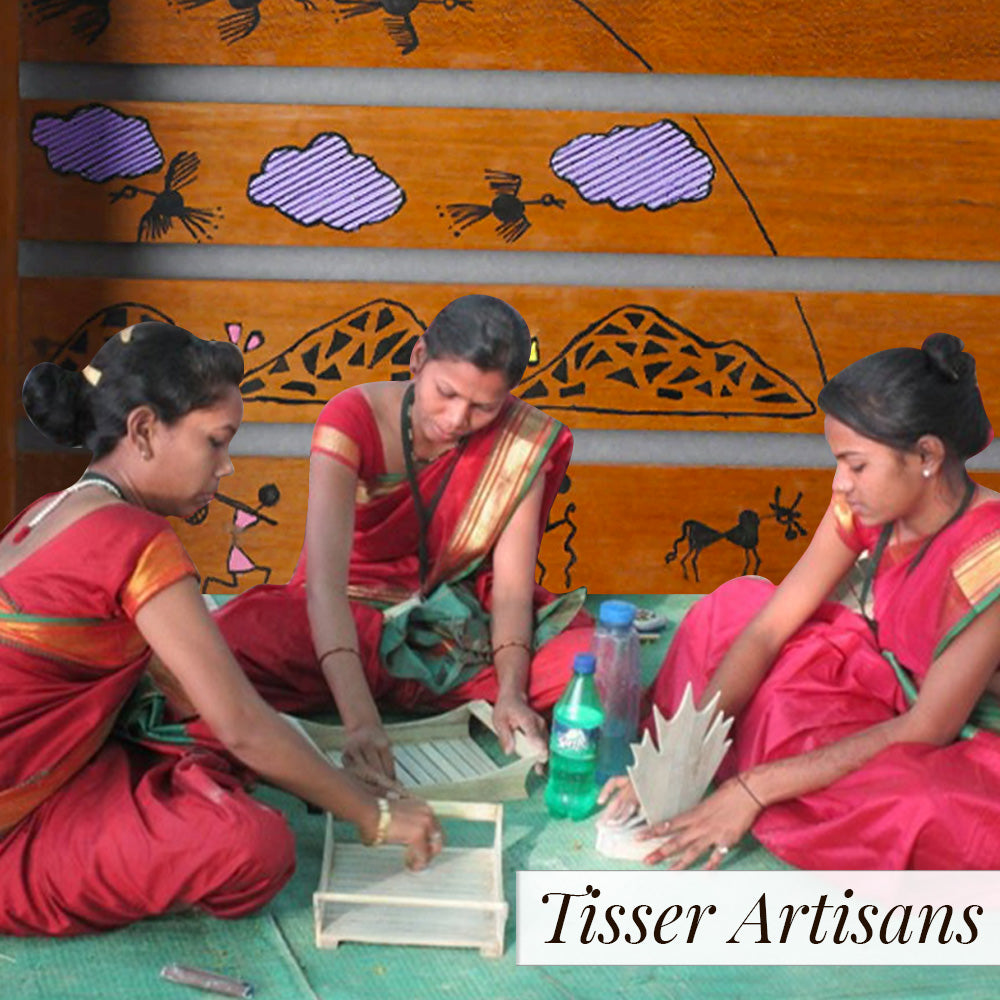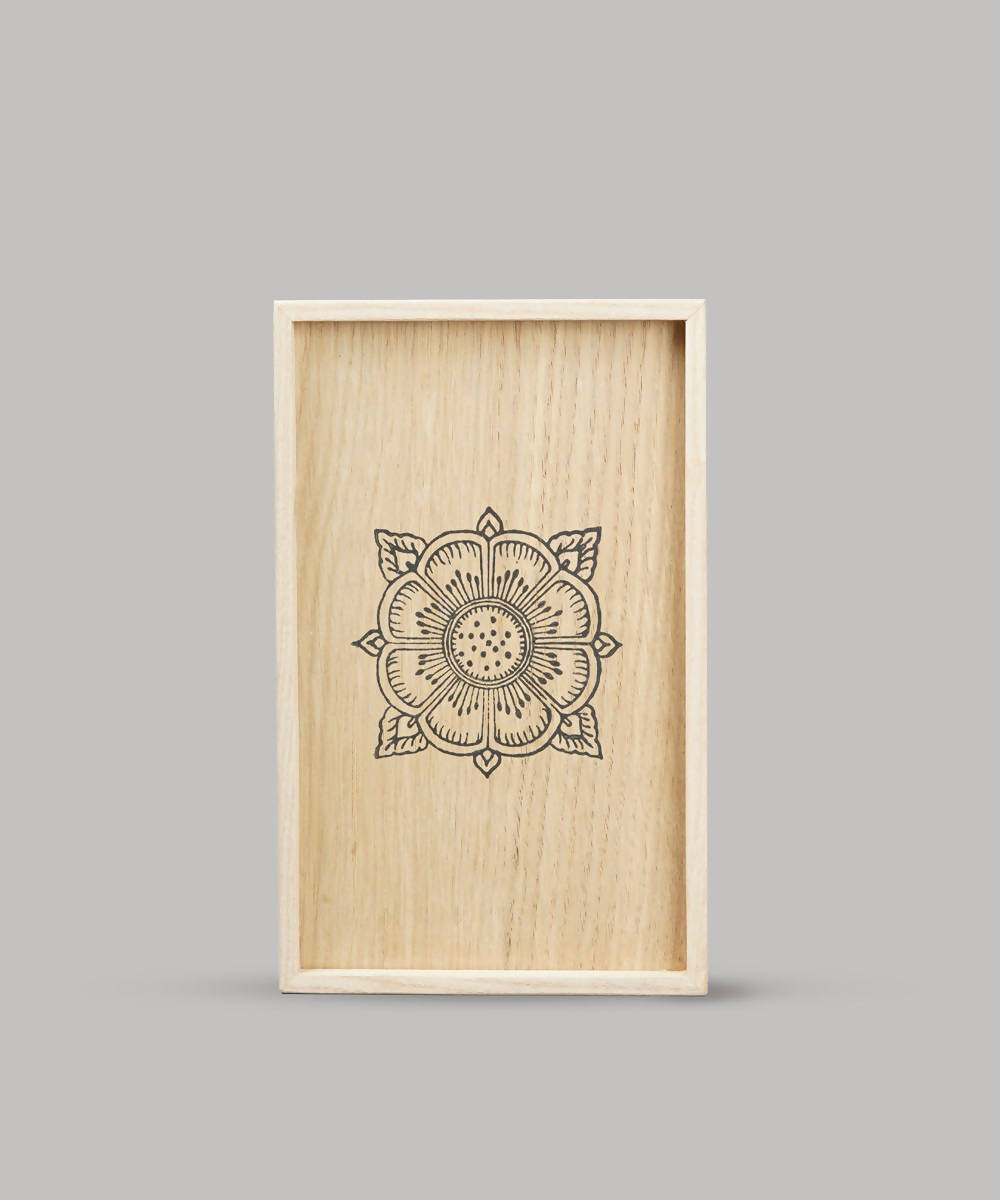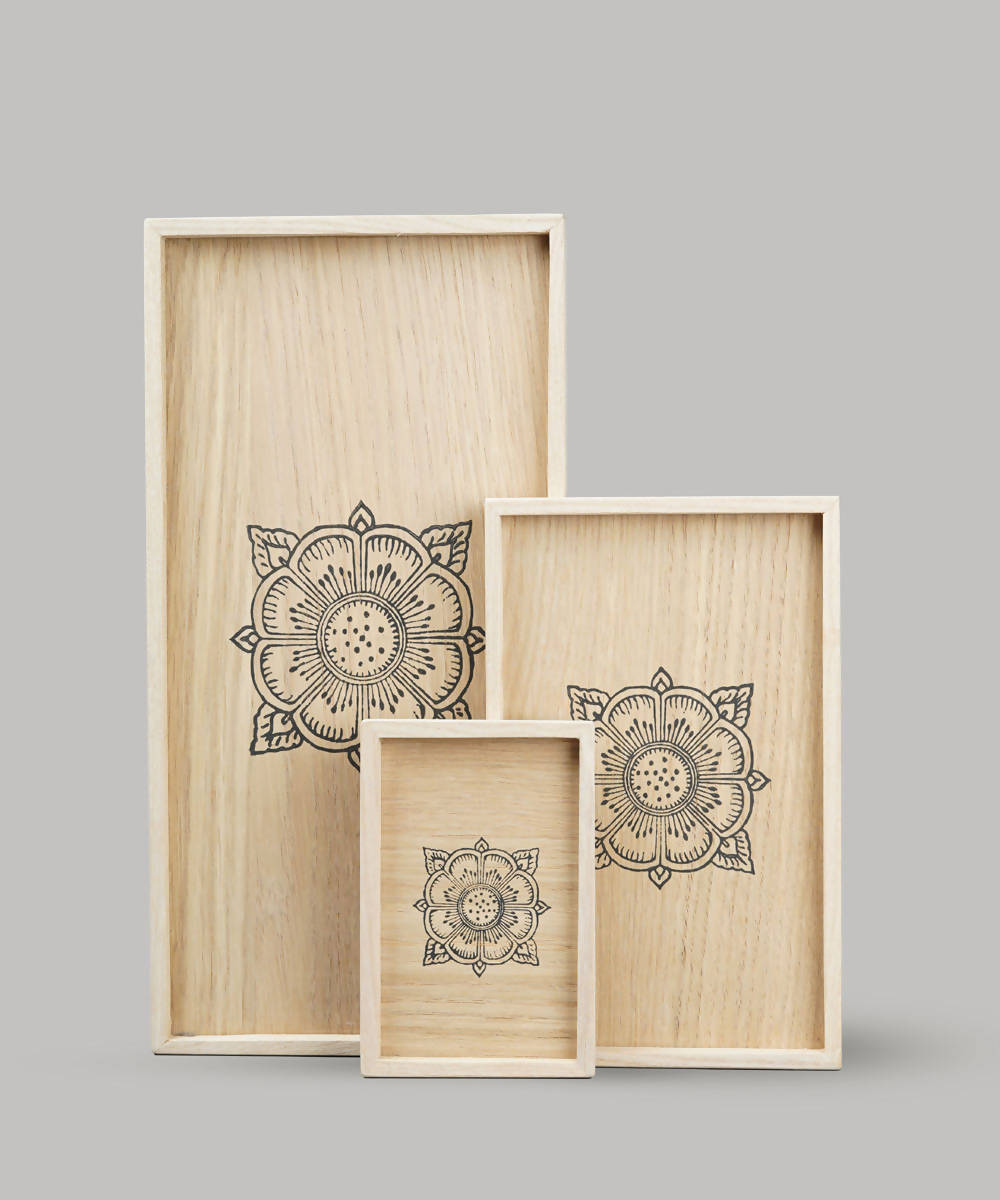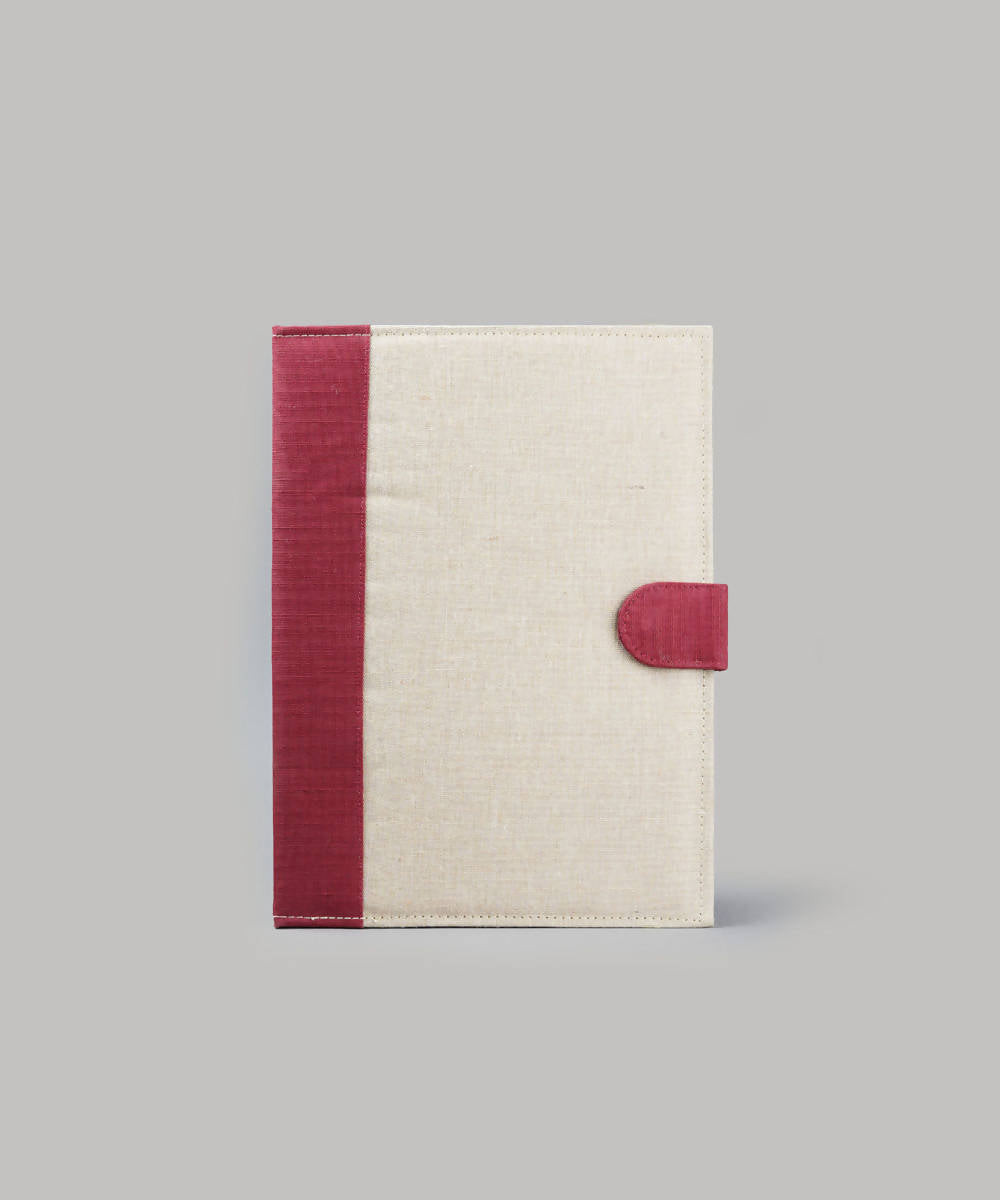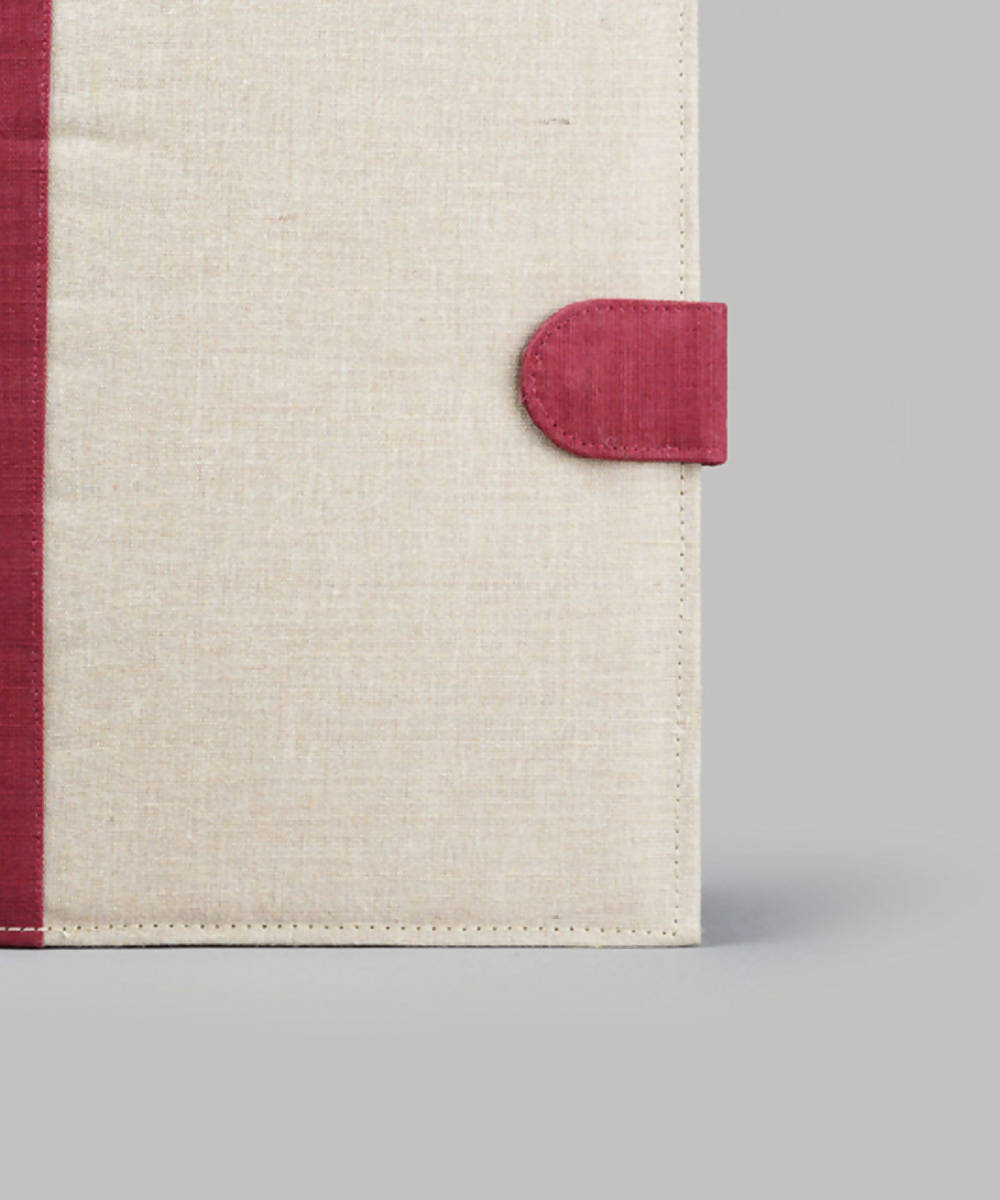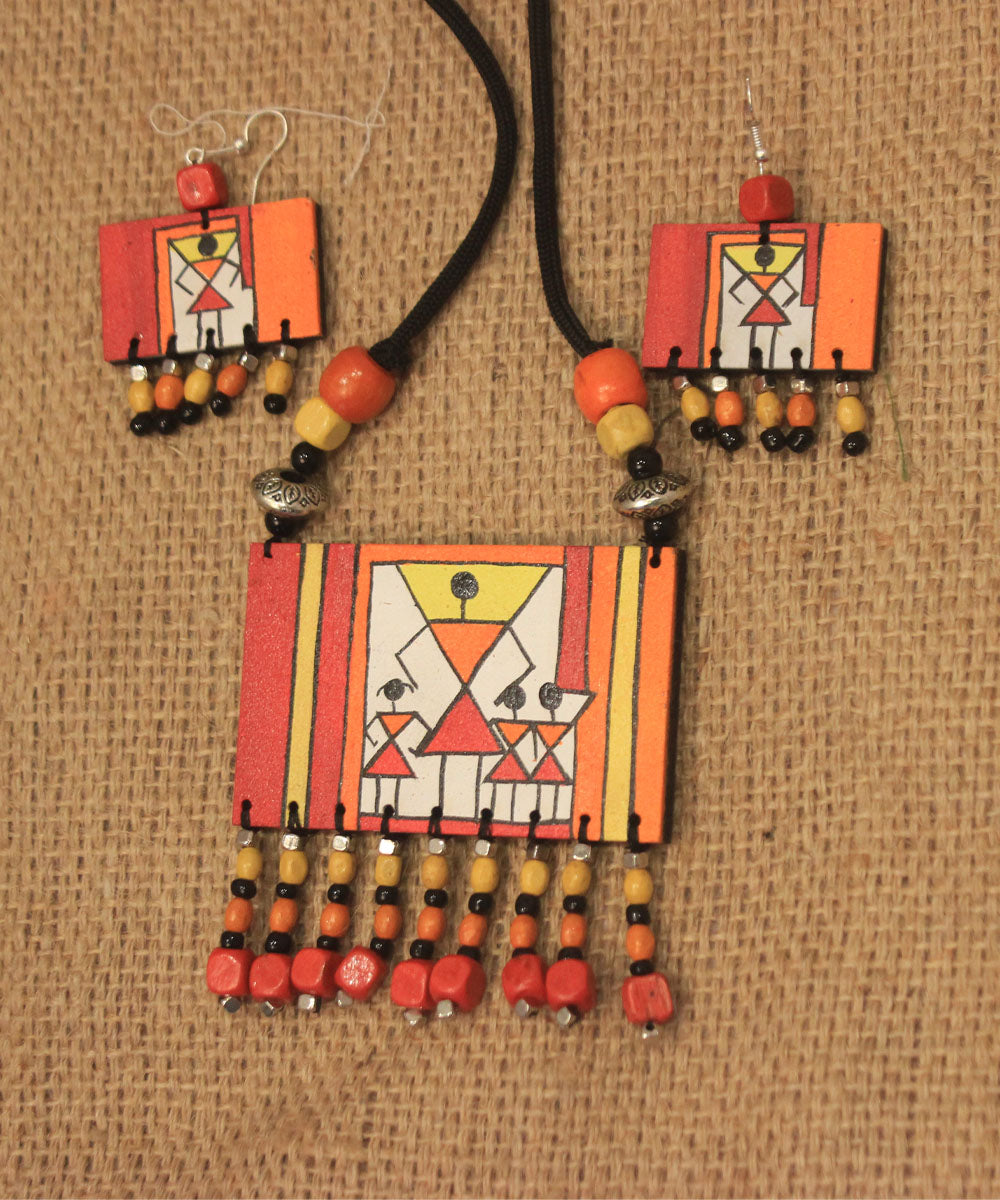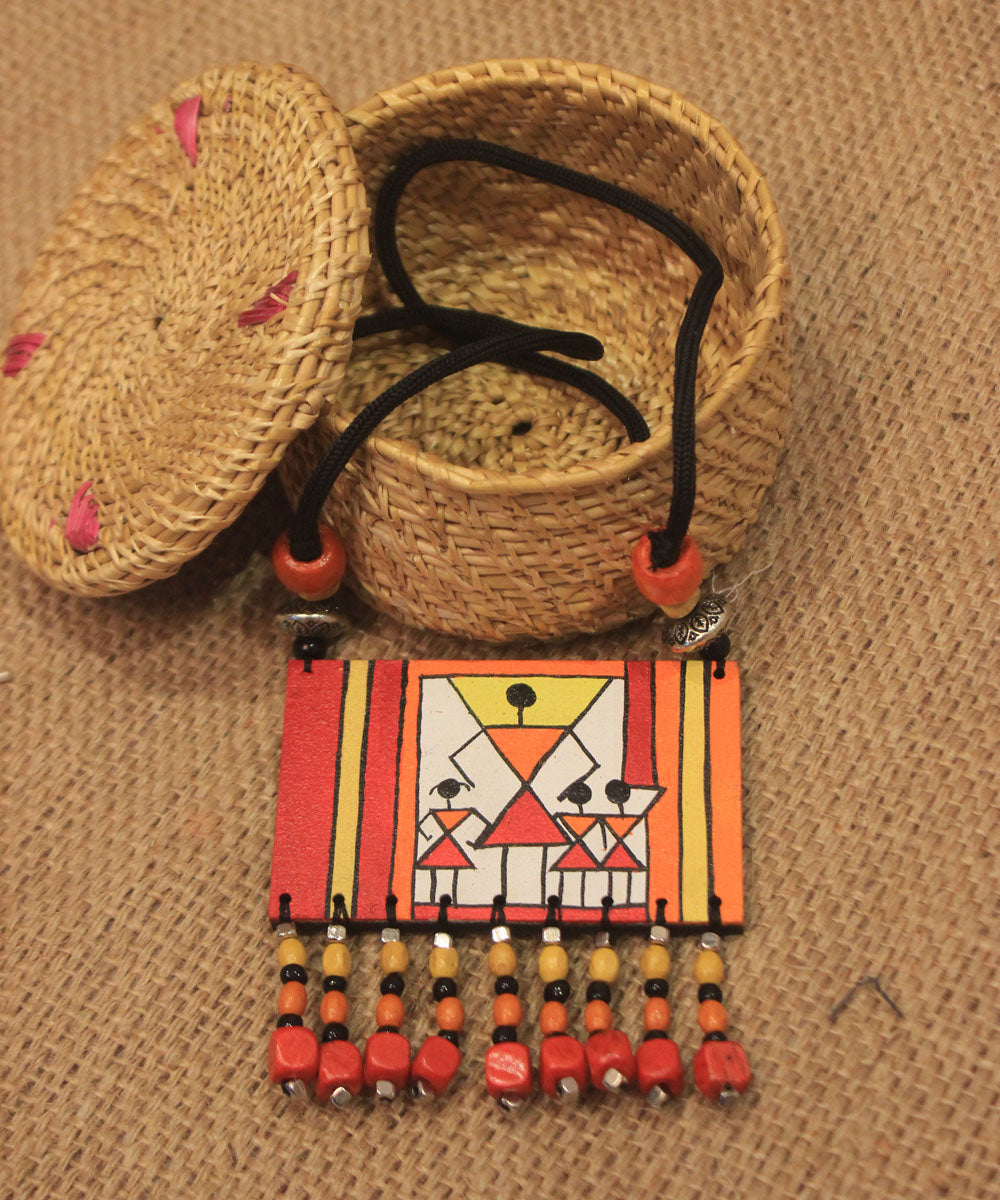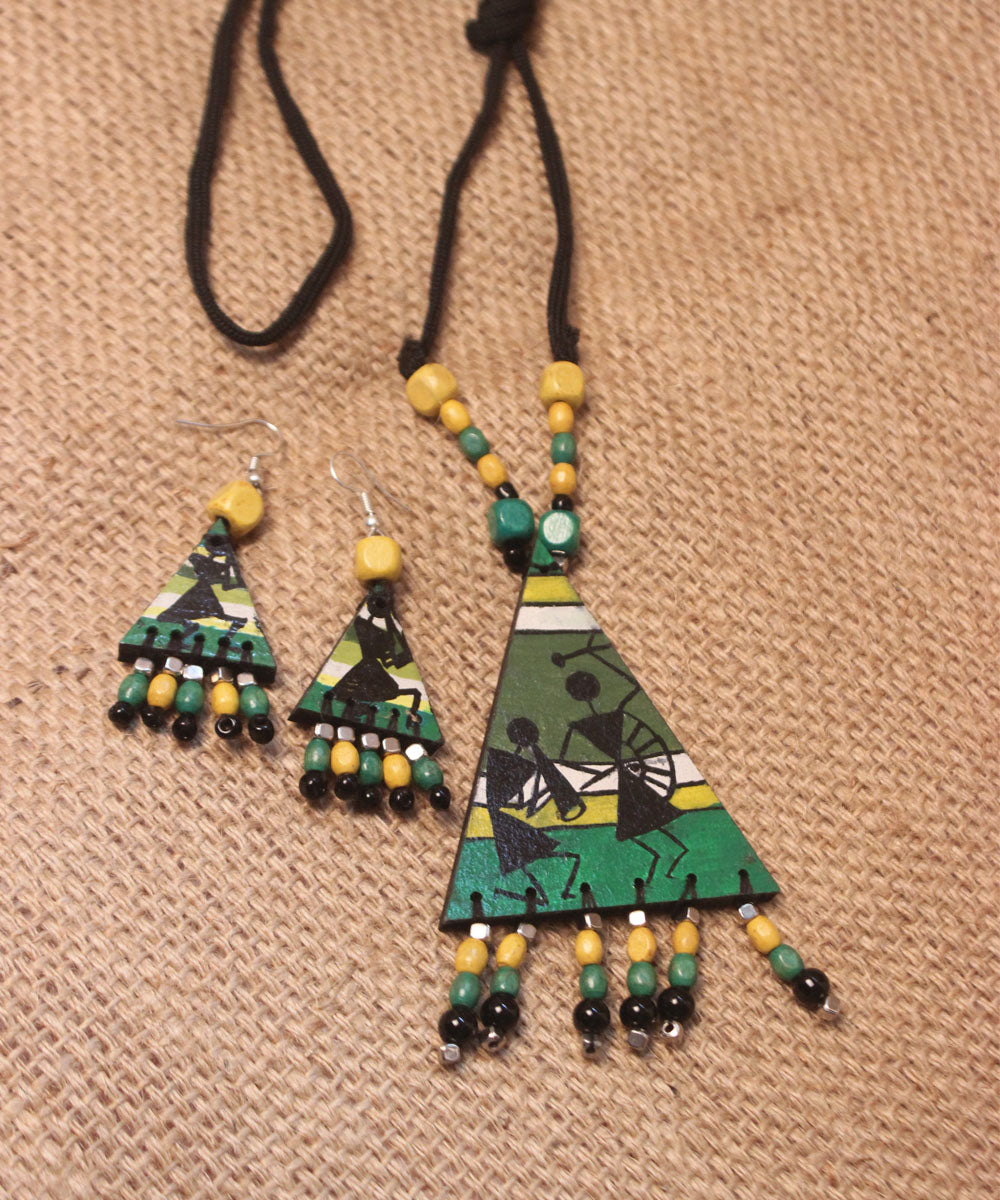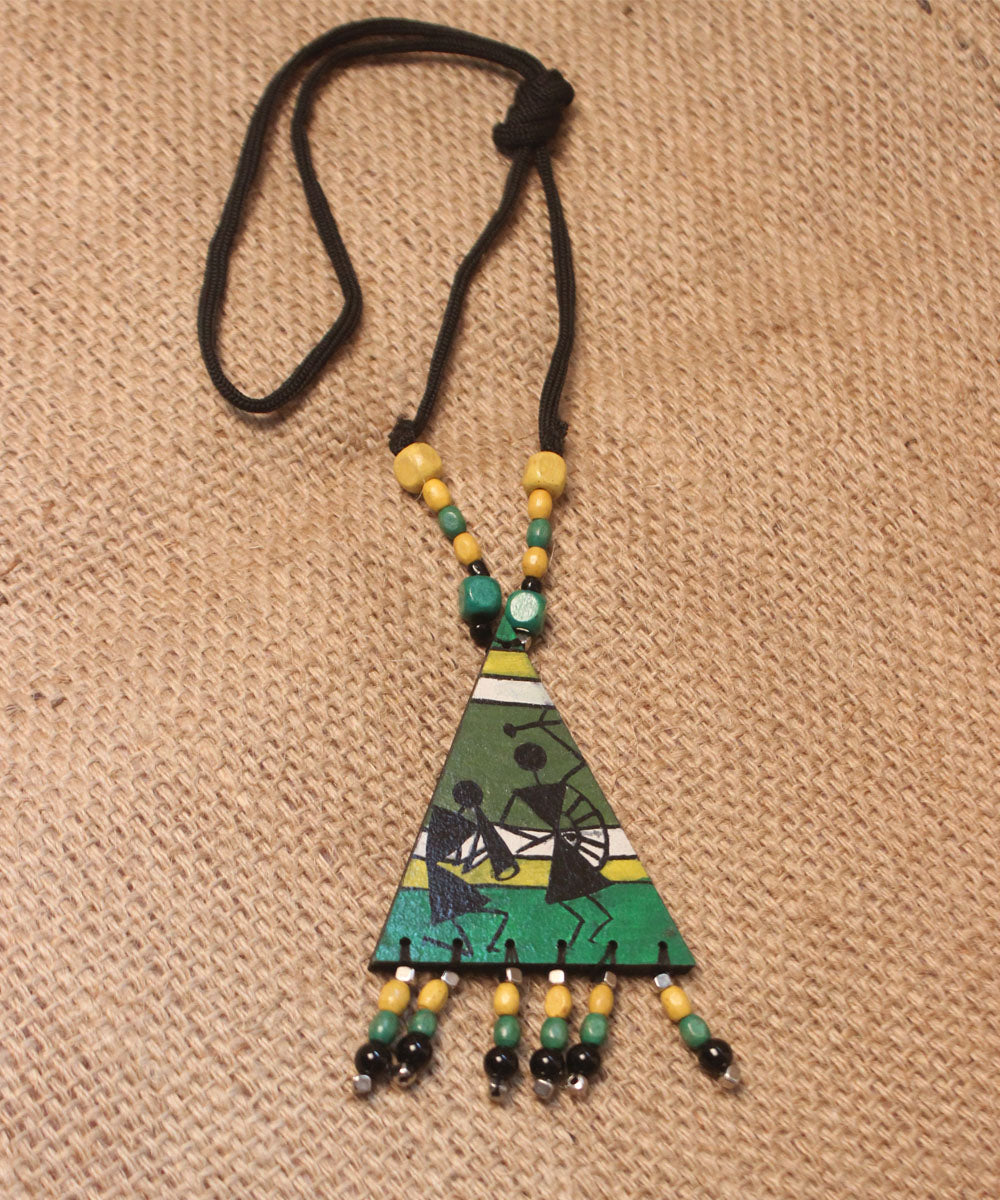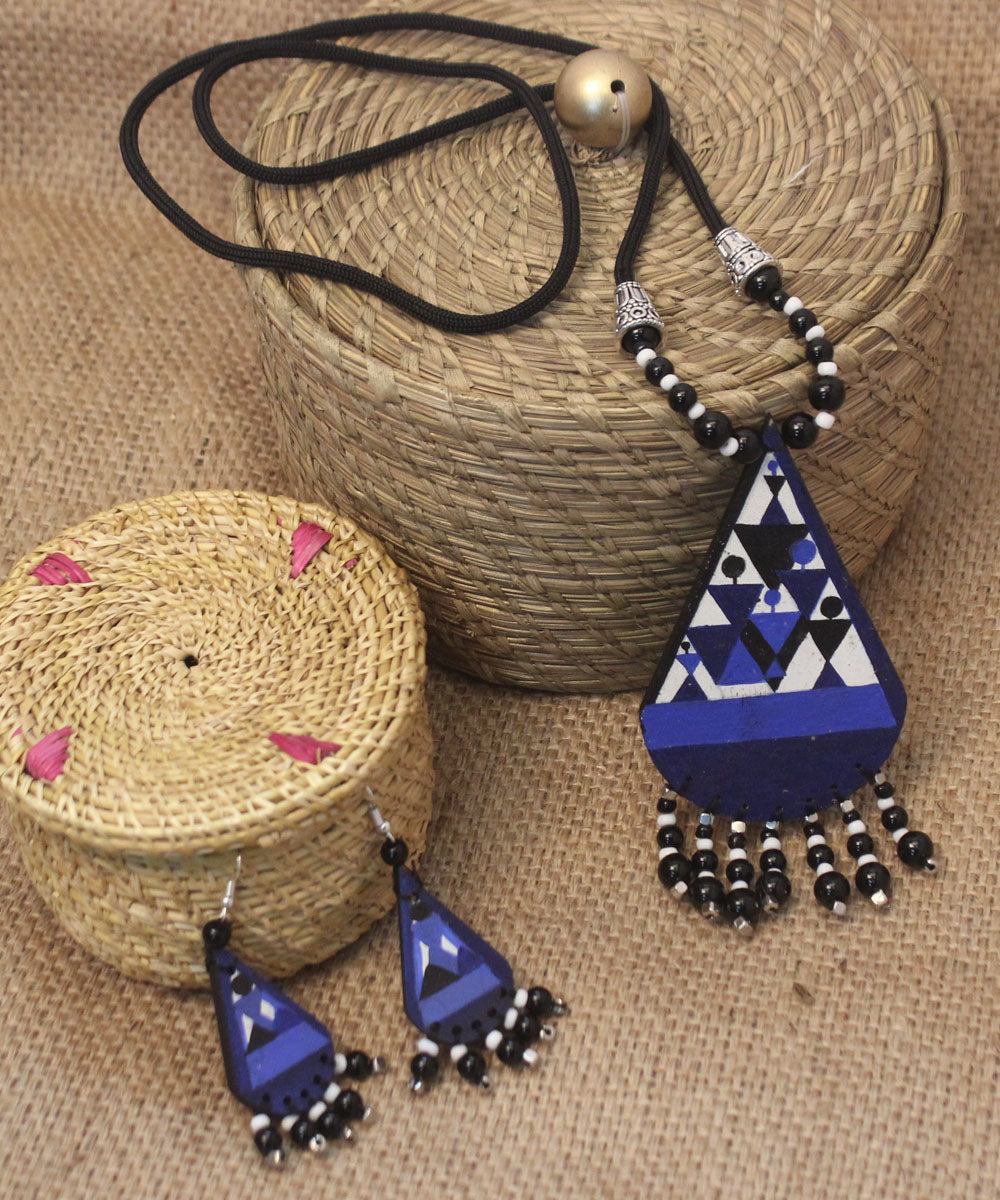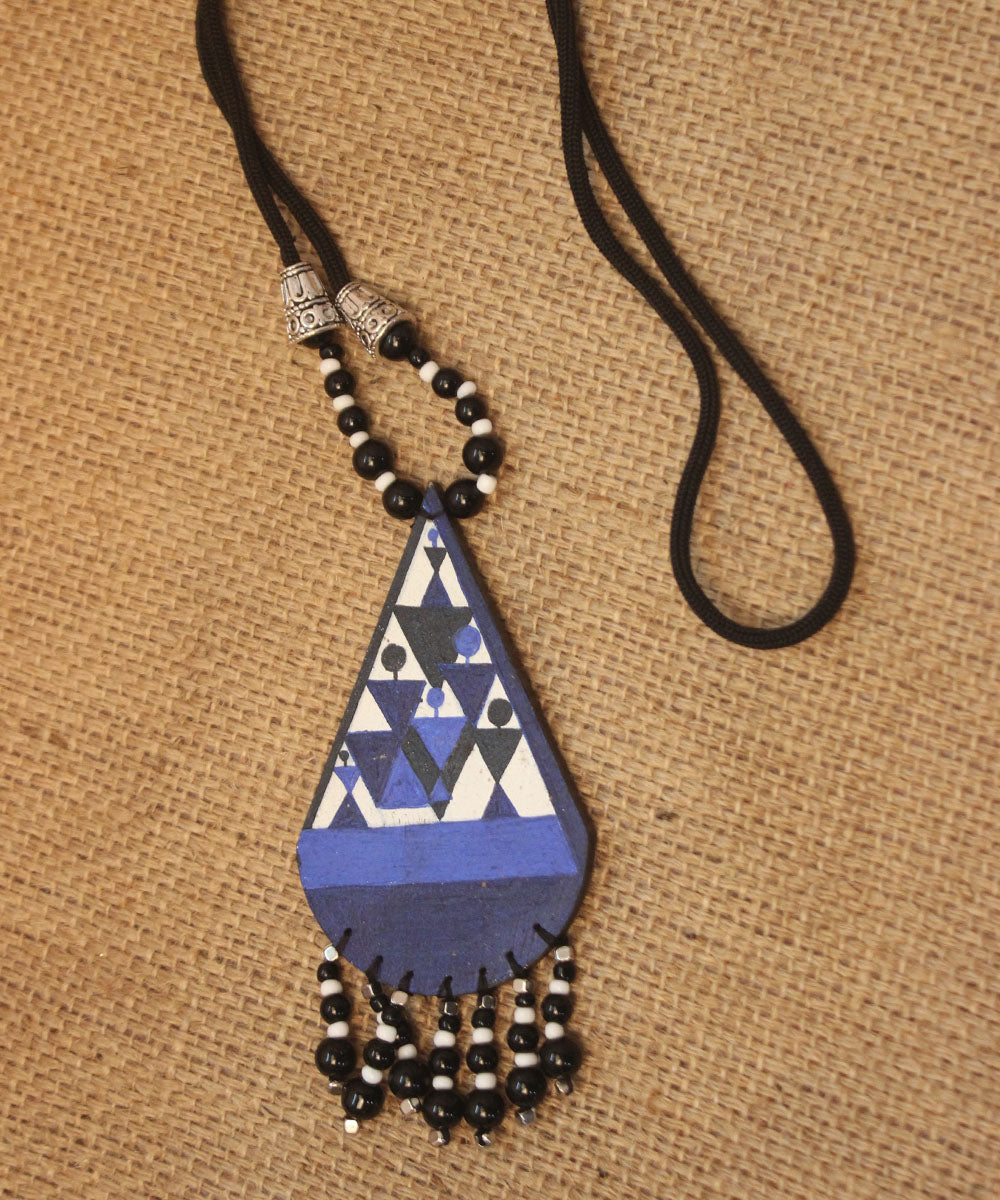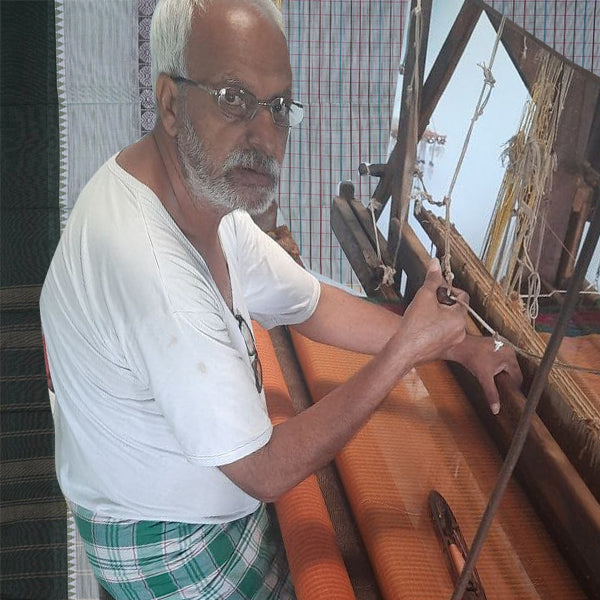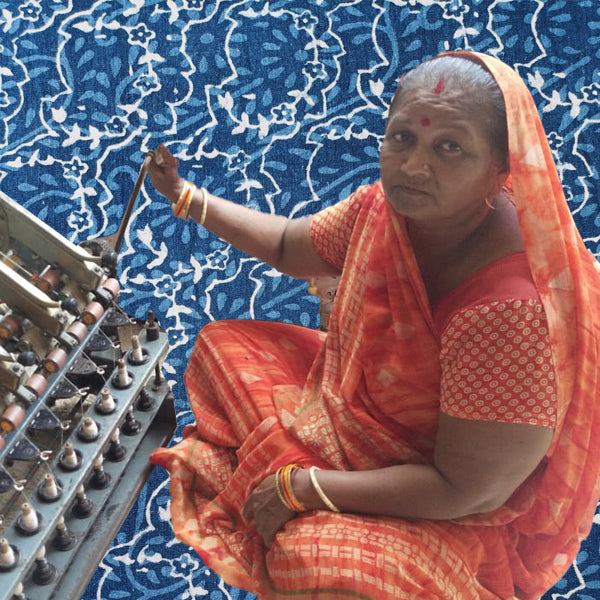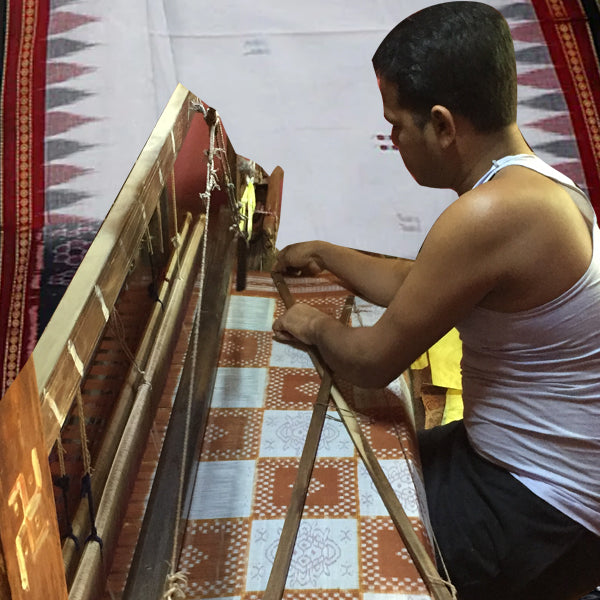Weaves & Crafts of Eastern India
A wide range of handwoven and handcrafted collections from the eastern regions of India.
From the softest Bengal jamdanis, to the famous Tant, the rich Baluchari silks that embody Indian epics, to the intricate Kantha embroidery of West Bengal, to the geometric designs of the Sambalpuri Ikat of Odisha and much more showcased on one platform.
Shop Swadeshi to suit your taste while supporting our weaver and artisan community.
Tantubay
Tantubay, where the essence of Bengal's rich cultural heritage is meticulously woven into every thread of exquisite Tangail sarees. With a passion for preserving traditional craftsmanship, Tantubay takes you on a journey through time, bringing to life the intricate artistry of Bengal's Tangail weaving. Each saree tells a tale of heritage, with vibrant colors and delicate patterns that pay homage to the region's artistic legacy. Tantubay's weavers pour their skill and love into every creation, ensuring that the soul of Bengal's Tangail sarees resonates in every drape. Elevate your style with these timeless pieces that transcend generations, celebrating the grace and elegance of Bengal's textile traditions. Experience the legacy of Tangail sarees with Tantubay – where culture, art, and tradition seamlessly intertwine.
Chaturbhuj
Hailing from the esteemed lineage of Ikat weavers, Master Weaver Chatrubhuj Das represents a heritage steeped in tussar craftsmanship, emerging from the Gopalpur cluster in Jajpura. This legacy ingrains the art of Ikat on tussars, passed down through generations, nurturing every successor's skills from a tender age. Chatrubhuj Das, a torchbearer of this tradition, honed his craft under his father's guidance, achieving mastery. Beyond weaving, he possesses a profound ardor for classical music and singing, holding a post-graduation in Classical Singing from Bhubaneswar University. His mellifluous voice has graced numerous programs and concerts in Odisha. Amidst his musical pursuits, Chatrubhuj Das adeptly manages his micro-enterprise, overseeing 25 weavers crafting exquisite Tussar sarees, Dupattas, and Fabric Yardages, thereby harmonizing his passion and entrepreneurial success.
Resham shilpi
Established in 1958 under the aegis of the Government of West Bengal, PASCHIM BANGA RESHAM SHILPI SAMABAYA MAHASANGHA has been dedicated to uplifting Bengal's silk weavers. Procuring silk, matka, and tasar fabrics from Primary Cooperative Societies, it collaborates with SHGs for intricate embroidery on tassar and dyed silk. Notably, it sources unique Garad and Baluchari sarees from these cooperative societies. With a commitment to excellence, the enterprise involves approximately 179 skilled weavers and artisans, adhering to rigorous quality control measures throughout the entire process – from sourcing to printing and surface ornamentation. PASCHIM BANGA RESHAM SHILPI SAMABAYA MAHASANGHA remains a vital force in preserving tradition while fostering economic growth.
Sambalpuri Bastralaya
Experience the rich tapestry of Odisha's diversity through the Sambalpuri weave, adorned with timeless motifs like chakras, shankhas, peacocks, elephants, and intricate temple art. This exquisite collection showcases intricate tie-dyed creations in the traditional bandhakala style, meticulously crafted by Sambalpuri Bastralaya, a dedicated cooperative society committed to preserving this art form for generations to come. Each piece not only embodies cultural heritage but also reflects the skilled craftsmanship and artistic legacy of the region, offering a glimpse into the captivating stories and traditions of Odisha.
Serified
SERIFED Odisha Cooperative Tassar Silk Federation Ltd. stands as the collective voice of 160 primary silk weaver societies hailing from Odisha, weaving a narrative of tradition and craftsmanship. With a commitment to excellence, all SERIFED creations bear the coveted Silk Mark, bestowed by the Silk Mark Organization of India (SMOI), under the aegis of the Ministry of Textiles, Government of India. This emblem of authenticity reflects the dedication to preserving the rich heritage of silk weaving, while also assuring customers of the highest quality standards. Each thread intertwined in SERIFED's tapestry encapsulates the labor of skilled artisans and the stamp of a nation's pride, ensuring that the legacy of Odisha's tassar silk continues to flourish, woven with the essence of India's textile heritage.
Tantuja
Established in 1954 by the Government of West Bengal, the West Bengal State Handloom Weavers Co-operative Society Ltd., known as "Tantuja," derives its name from "tantu," meaning cloth. Tantuja serves as a vital conduit for the marketing of handloom products crafted by the primary cooperative weavers of the state. Over the years, Tantuja has showcased a diverse array of exceptional handloom creations, ranging from the intricate Jamdani, artistic Baluchari, and graceful Tangail sarees to traditional Dhoties, Lungies, Bed Sheets, and Towels. Recognizing its outstanding contribution, Tantuja was honored with the National Award for Marketing of Handloom Products in 2015 by the Ministry of Textiles, Government of India, further validating its pivotal role in promoting and sustaining the rich heritage of West Bengal's handloom craftsmanship.
Biswa Bangla
Biswa Bangla proudly presents an exquisite collection of exclusive artworks and handwoven treasures, meticulously crafted by Bengal's skilled traditional artisans and masterful handloom weavers. As a visionary brand, Biswa Bangla has orchestrated a remarkable revival, propelling Handloom products, Handicrafts, and the state's Heritage creations back into the heart of consumer preference. Through ingenious design diversification, unwavering quality management, and a profound focus on customers, the Government of West Bengal has synergistically elevated the market appeal of these invaluable offerings, thereby significantly enriching the lives of countless handloom weavers, adept craftswomen, and the array of traditional artisans thriving in the state. Biswa Bangla's strategic market linkages have not only preserved but also nurtured Bengal's legacy weaves and crafts, thus becoming a beacon for sustaining the state's exceptional Intangible Cultural Heritage.
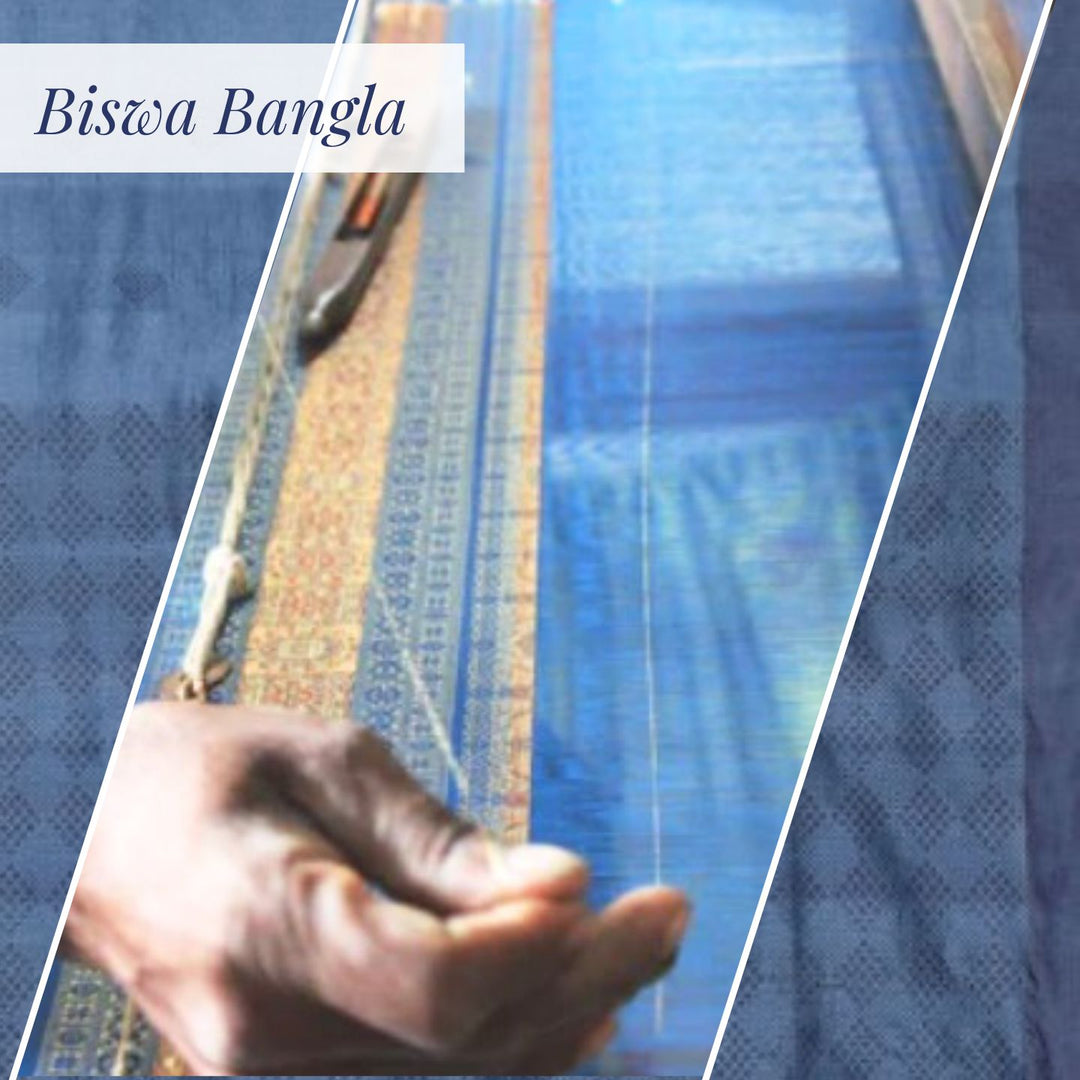
Tisser India
Tisser stands as a stalwart champion of handmade crafts, deeply rooted in values of local advocacy, women's empowerment, and entrepreneurship. With an impressive eight-year trajectory, Tisser ardently revives India's arts and traditions through its creations of slow fashion. The company's robust commitment to local artisans underscores its ethos, providing them a platform to shine and safeguard ancestral skills. This collaboration breathes life into the handicraft industry, epitomizing sustainability. Central to Tisser's philosophy is the advocacy of slow fashion, promoting mindful consumption and sustainable materials, fostering a profound appreciation for handcrafted treasures. Furthermore, Tisser plays a pivotal role in women's upliftment and entrepreneurship, offering women artisans a stage to exhibit their talents and secure income, thus catalyzing social and economic progress



